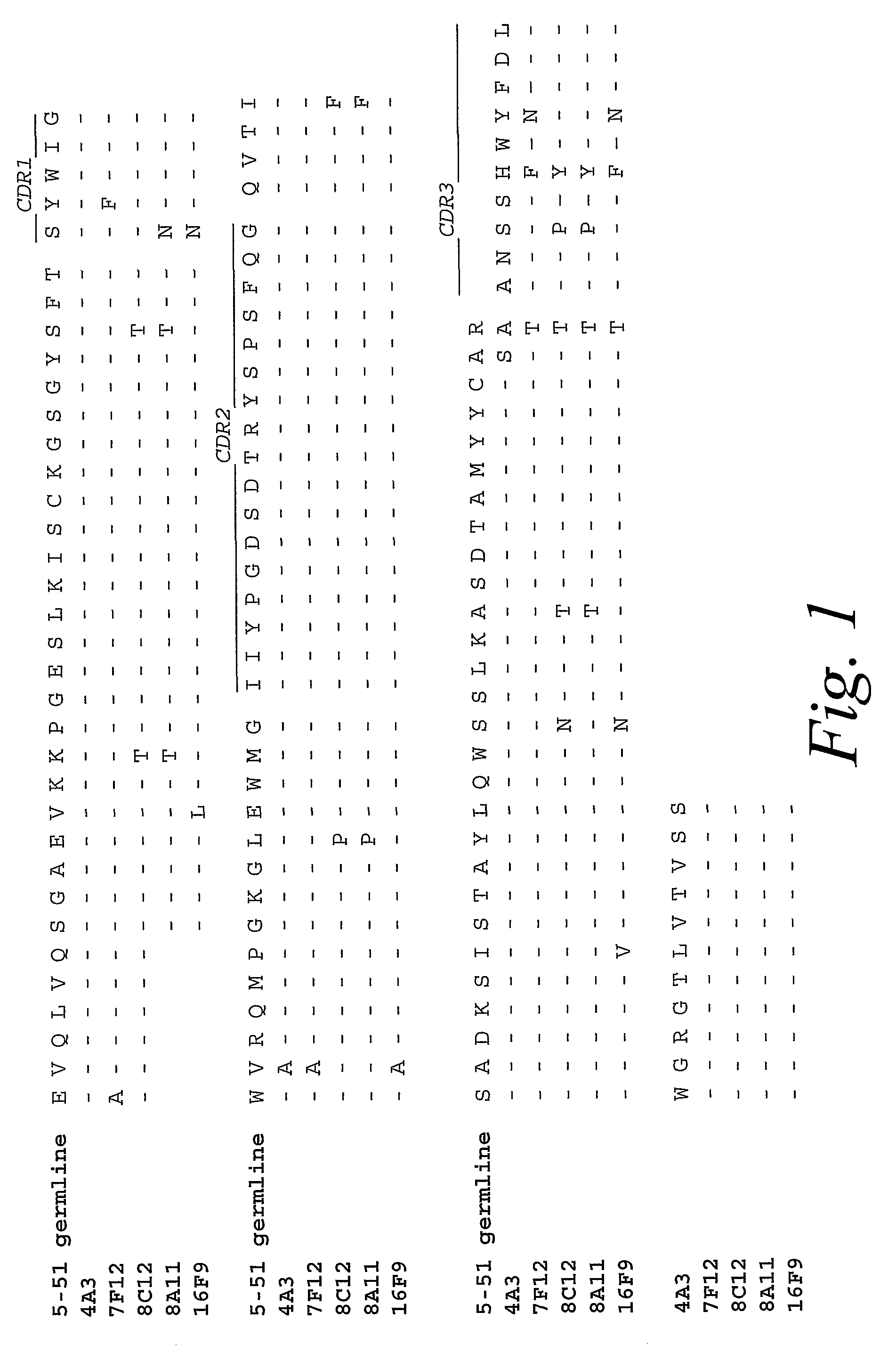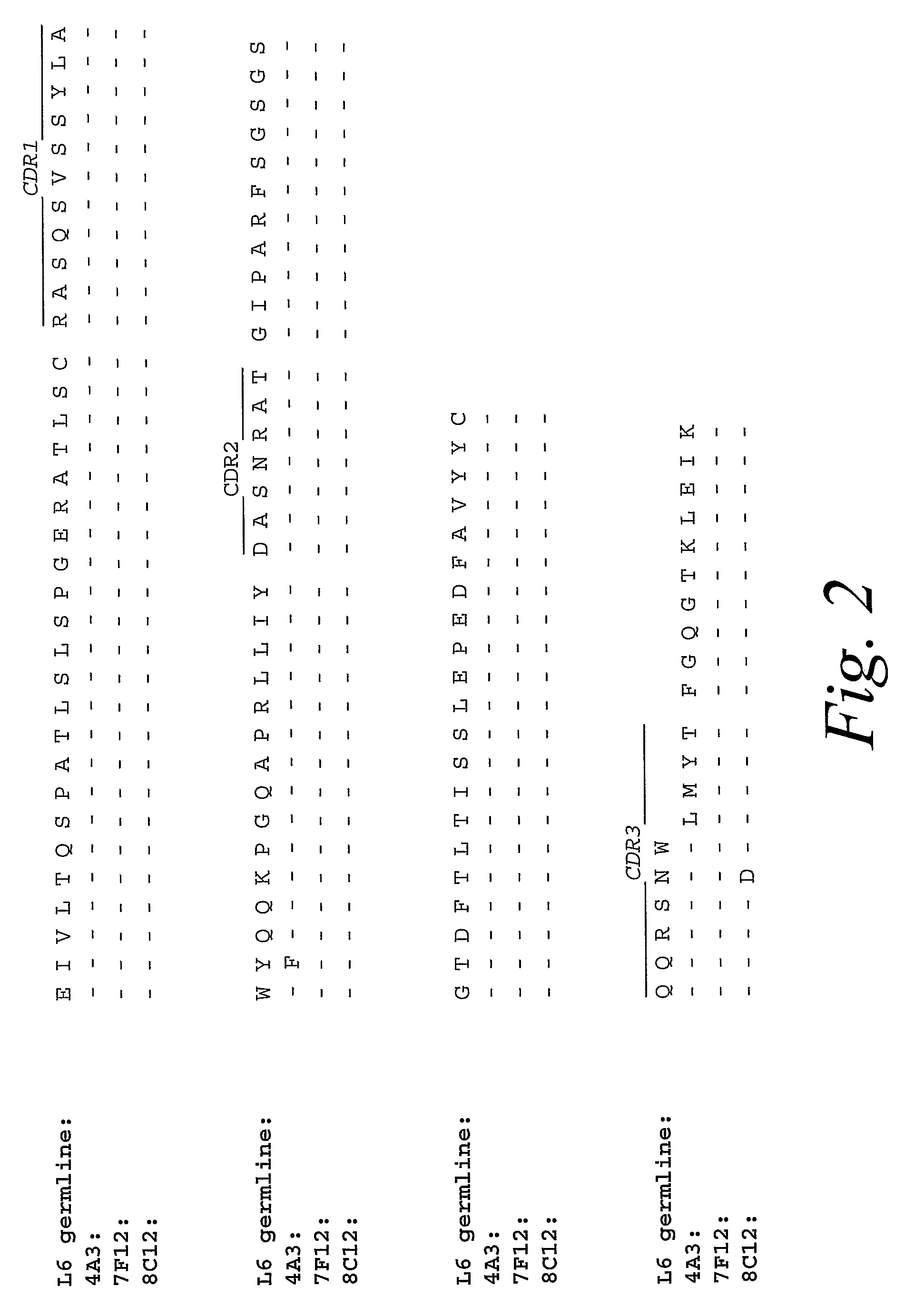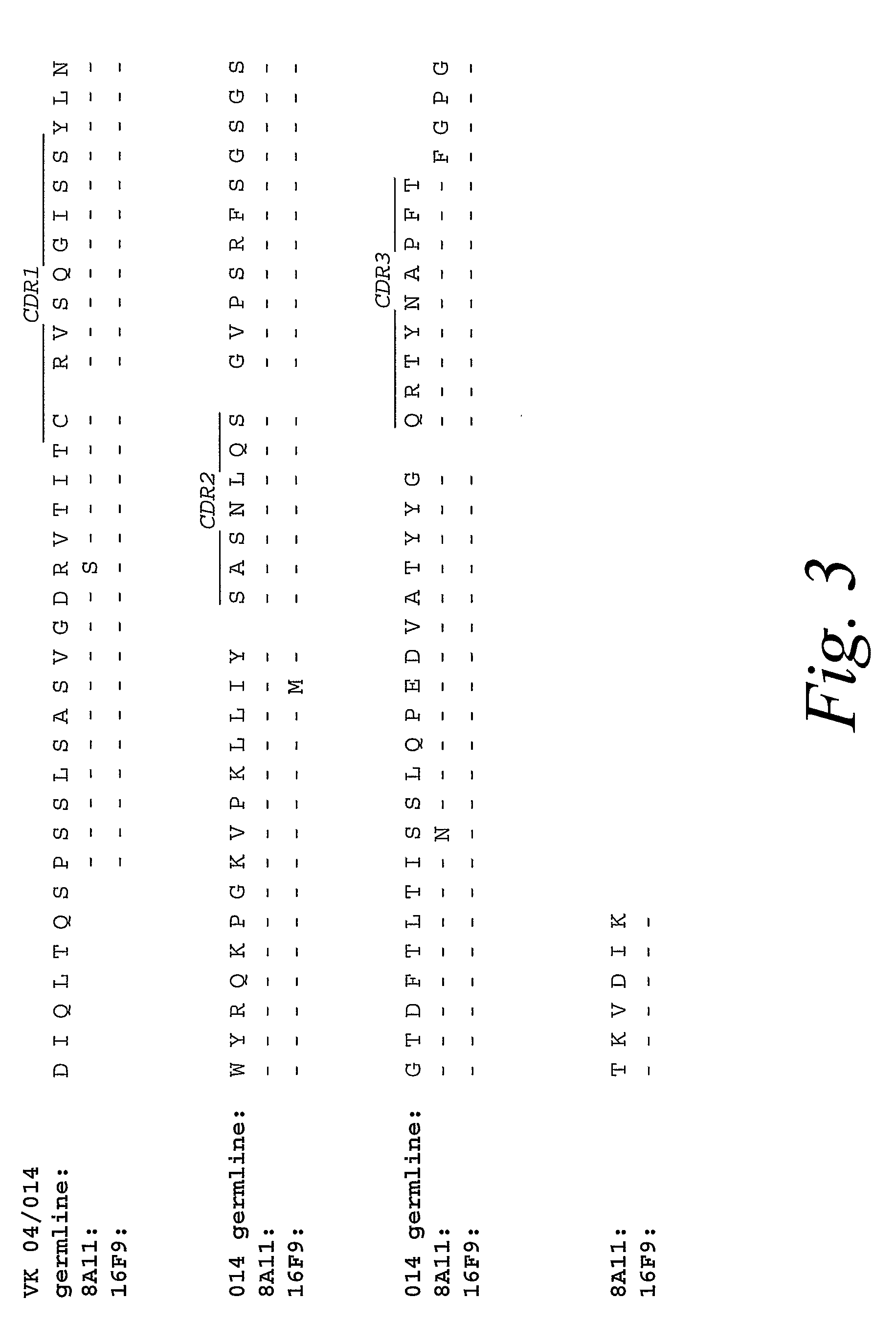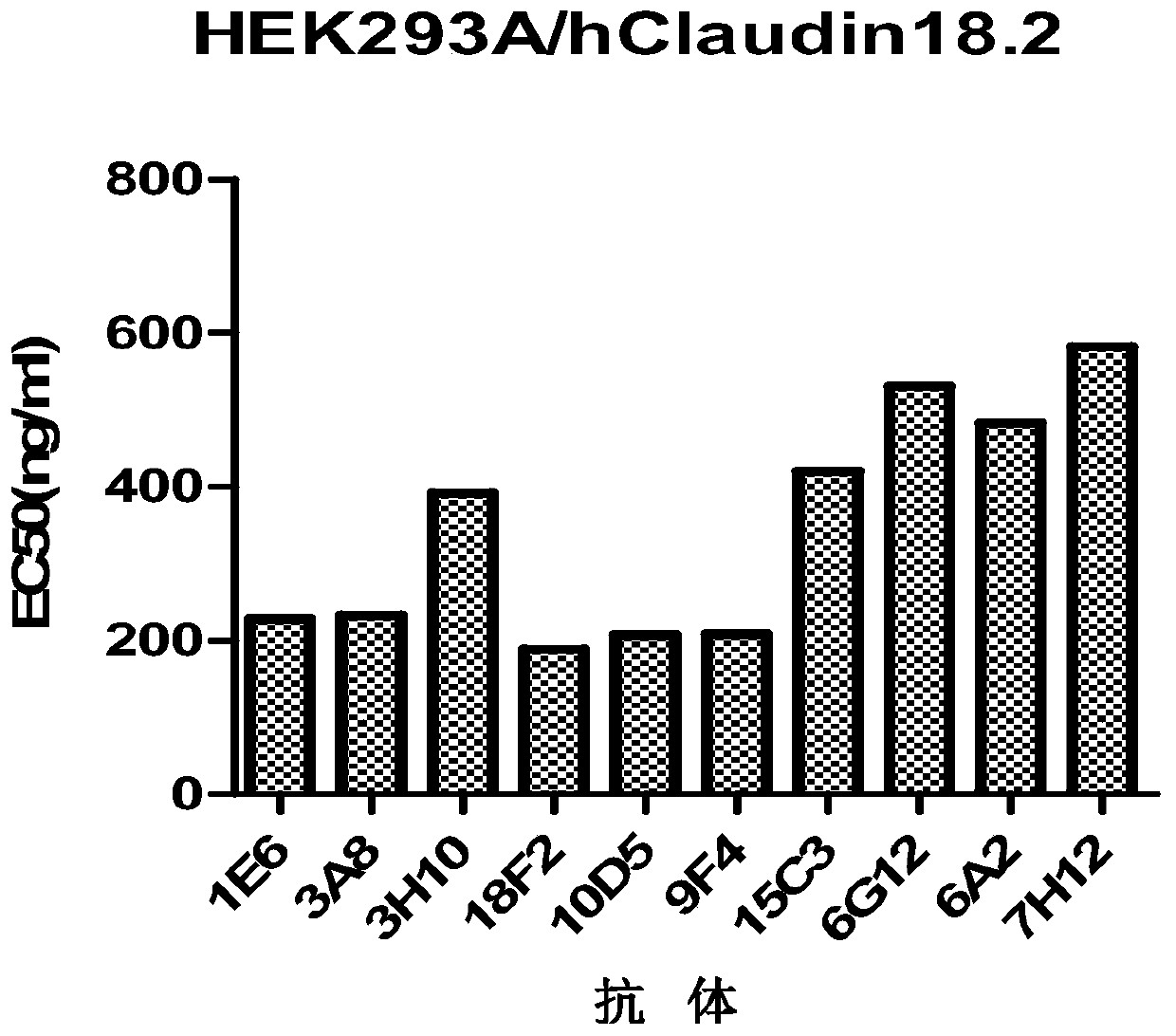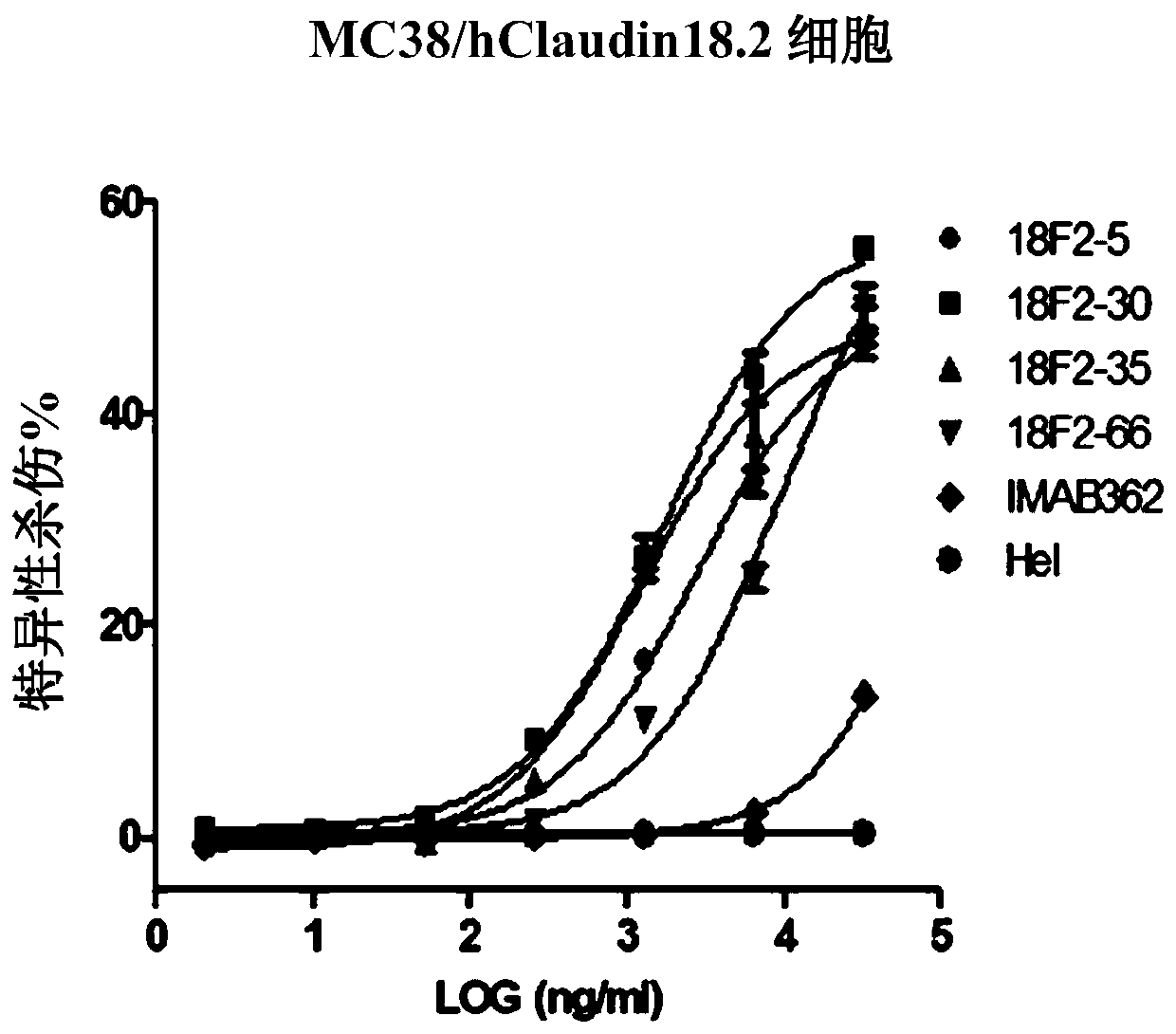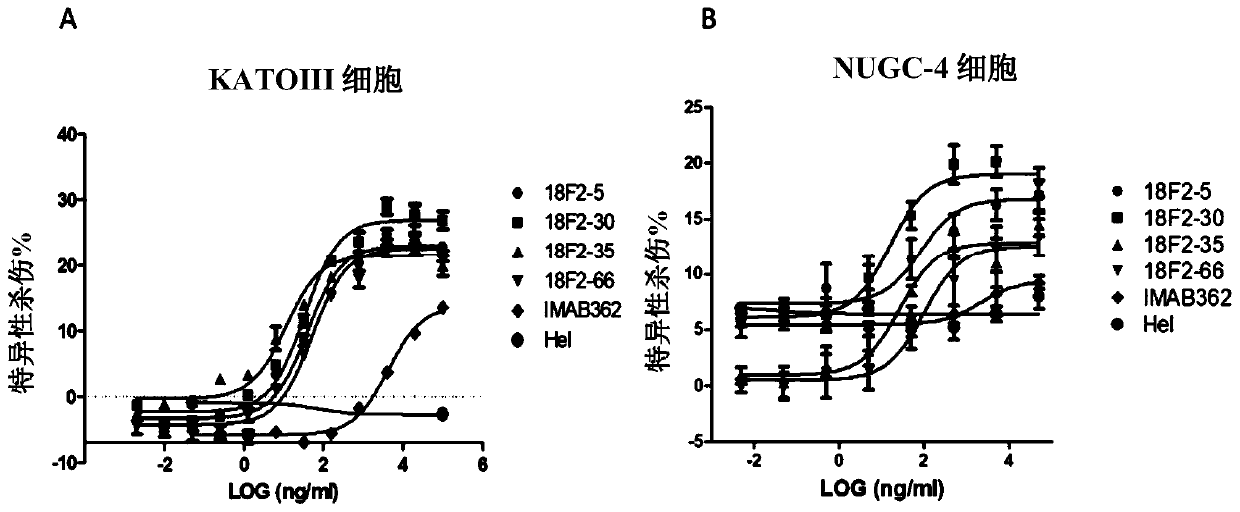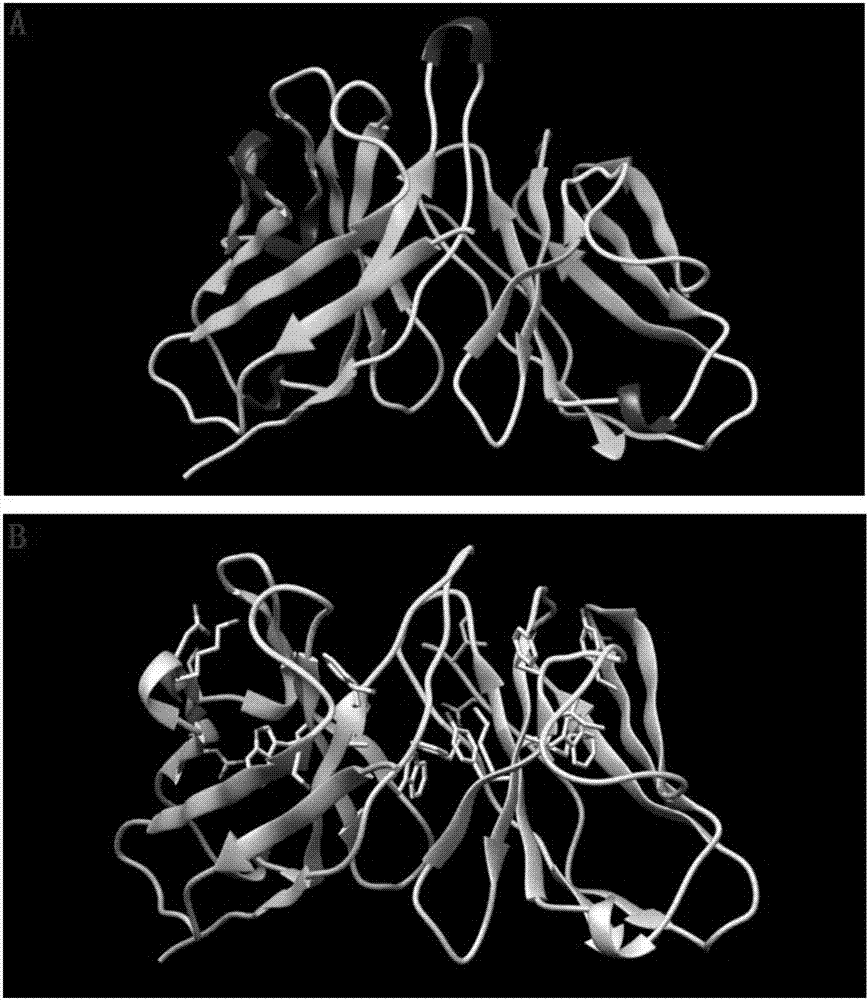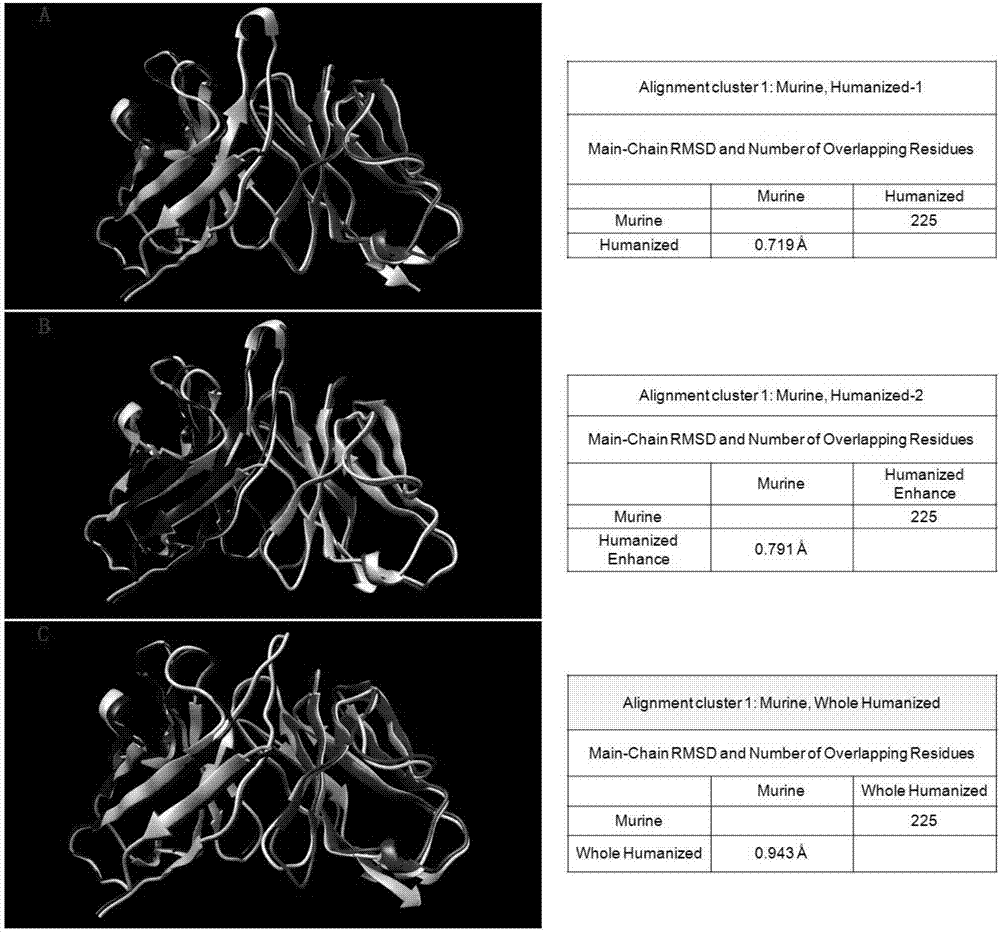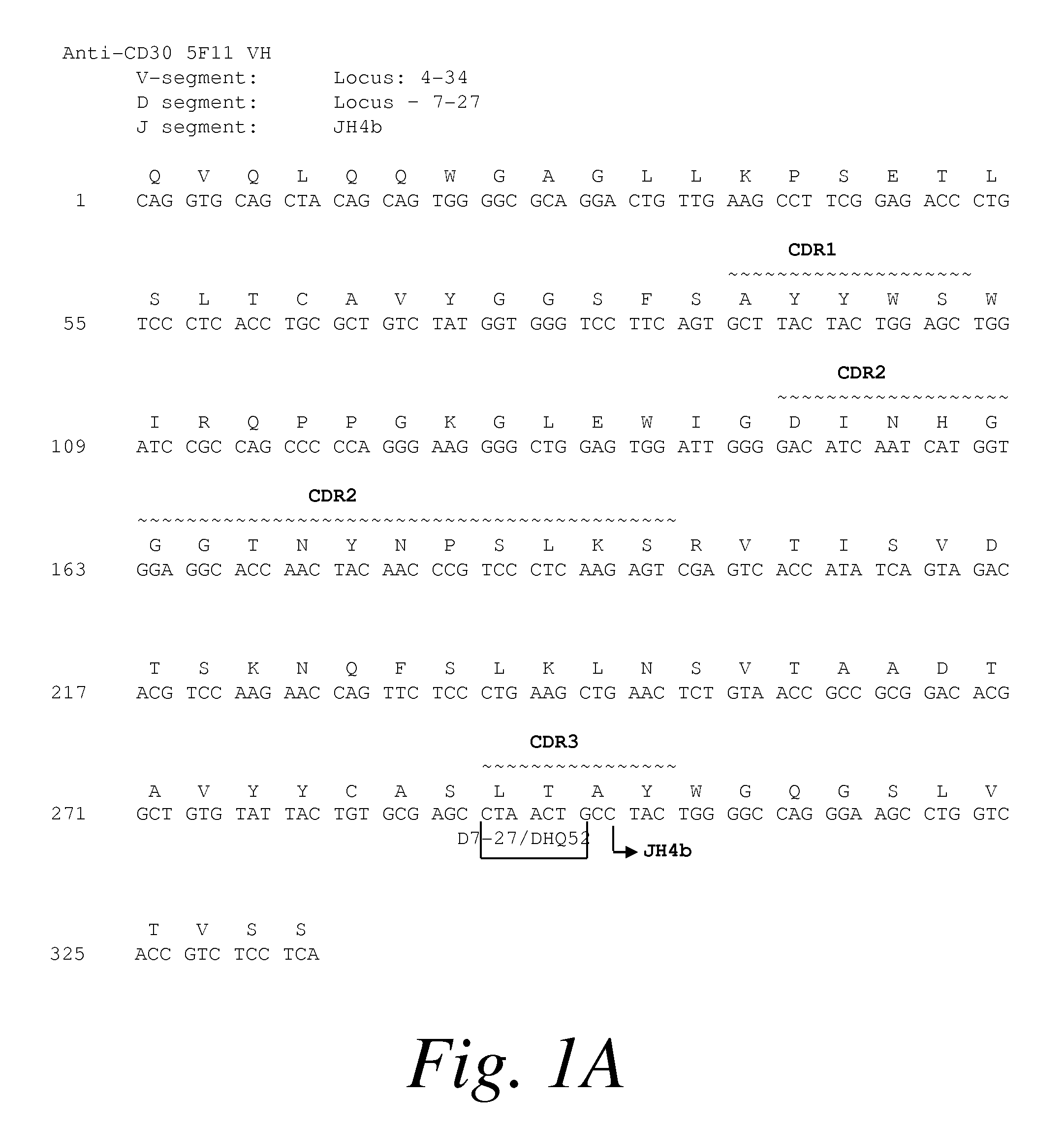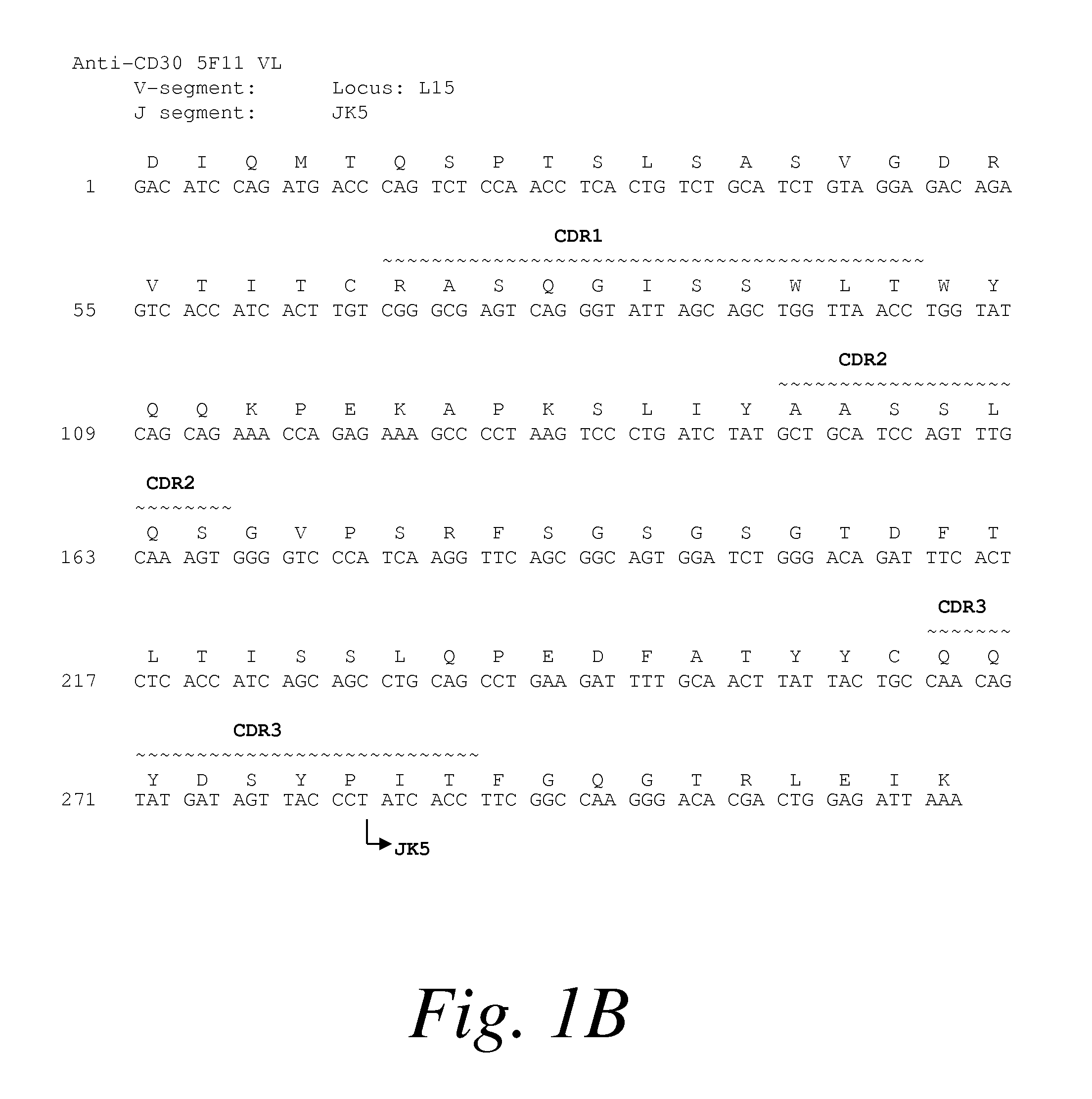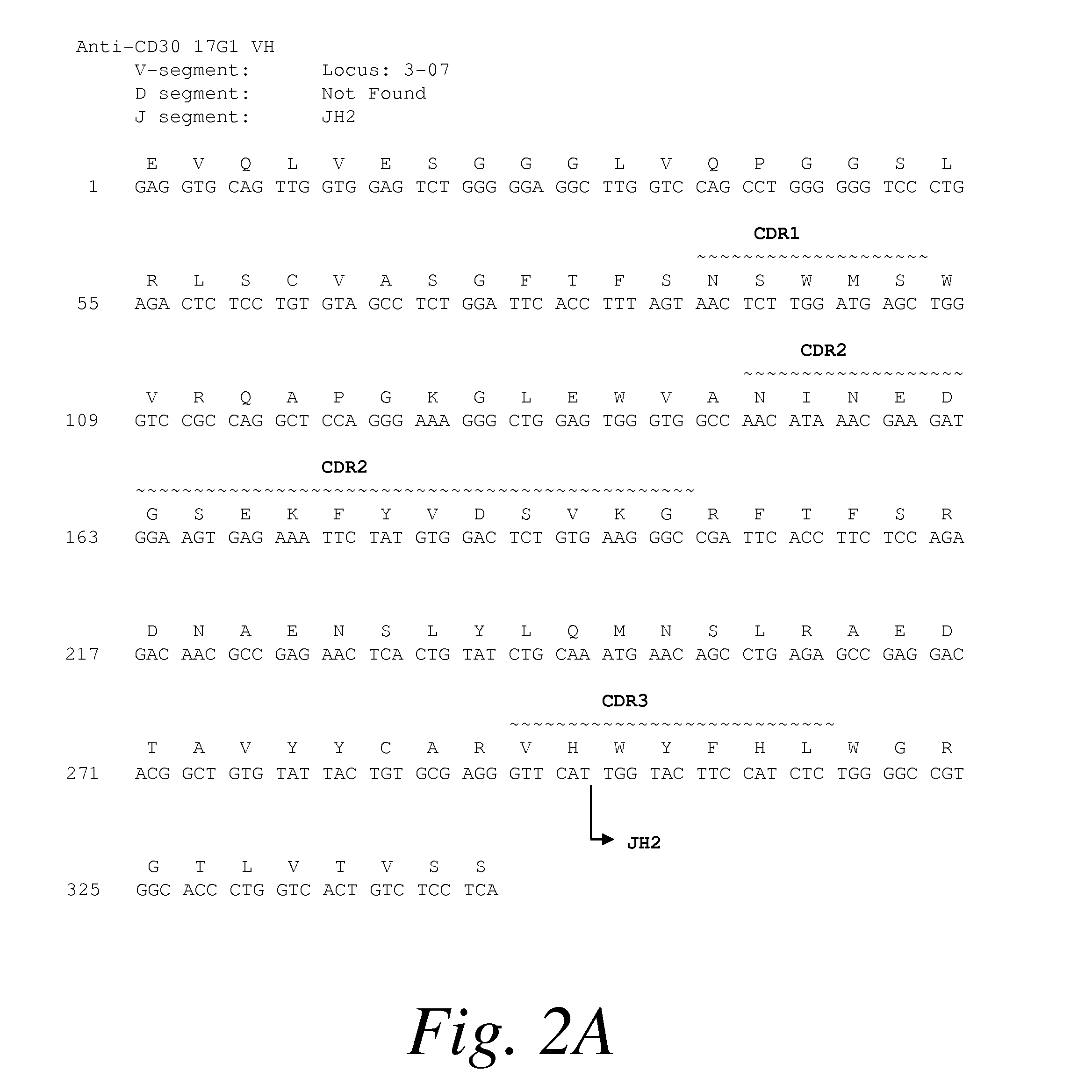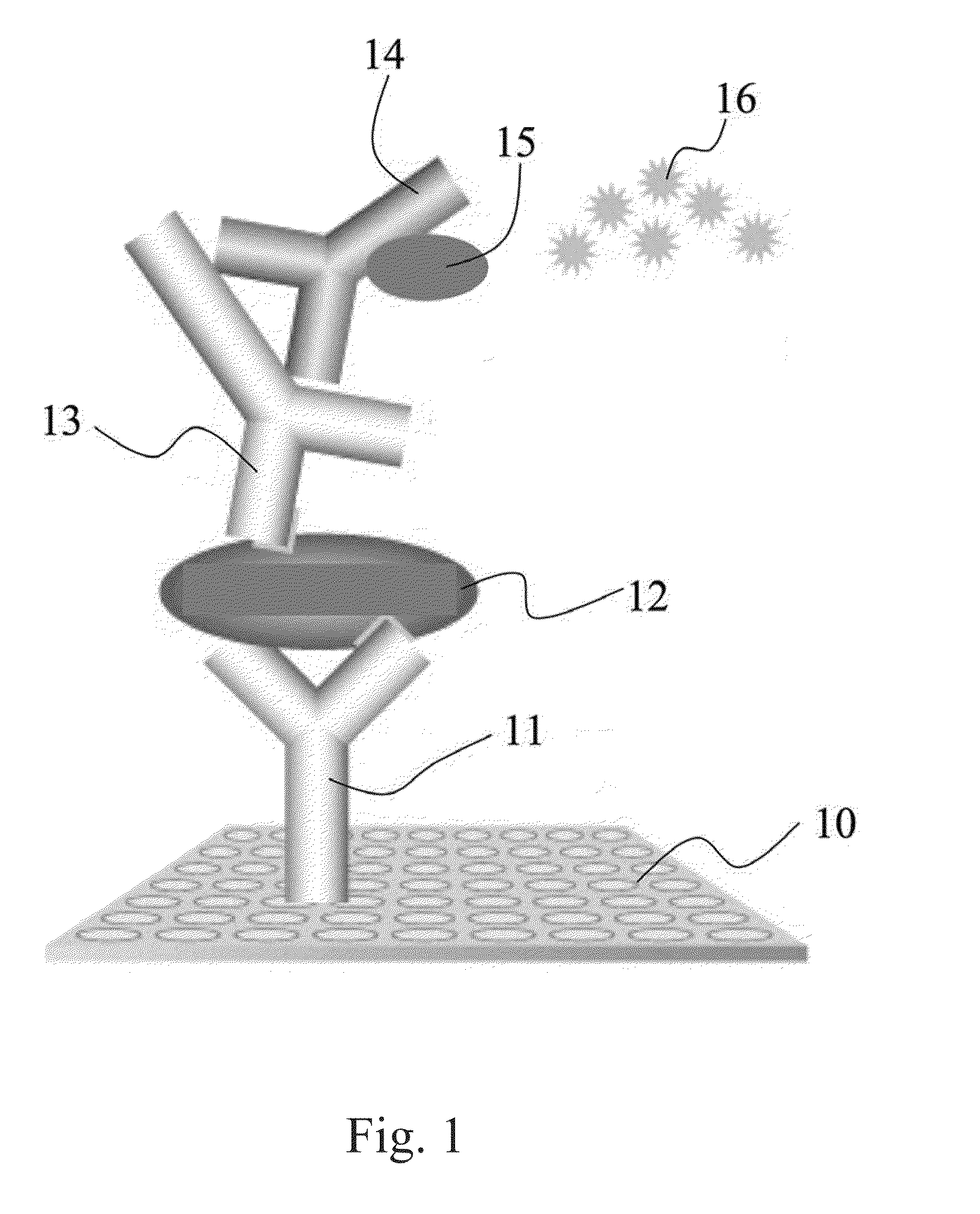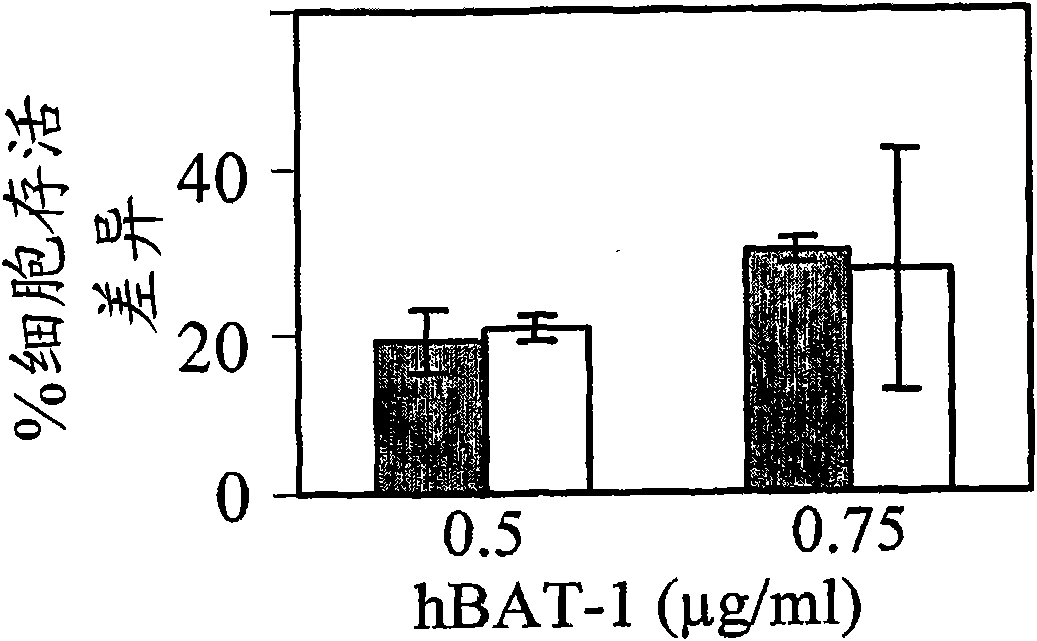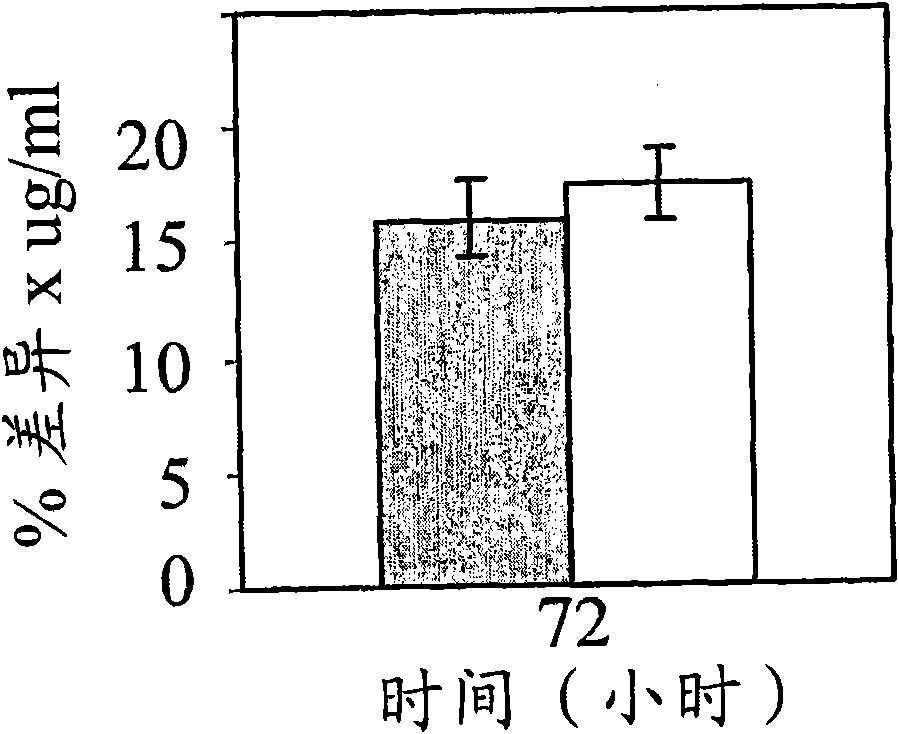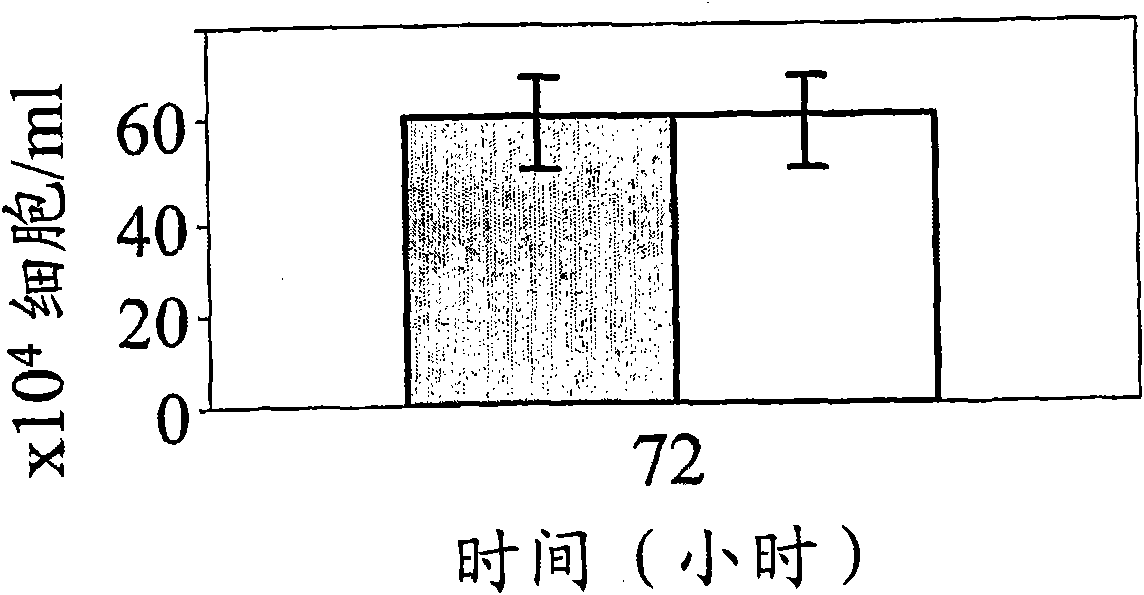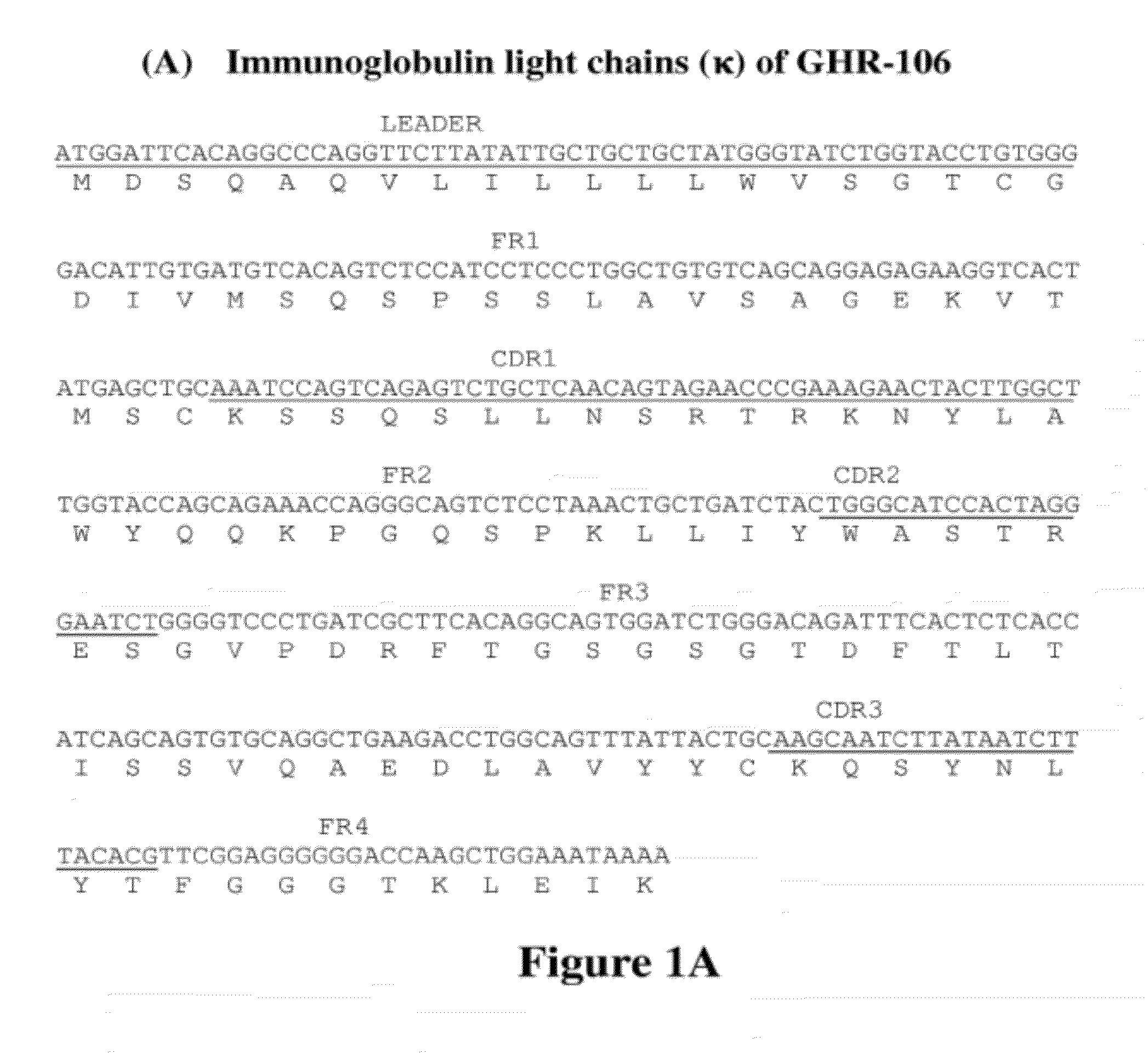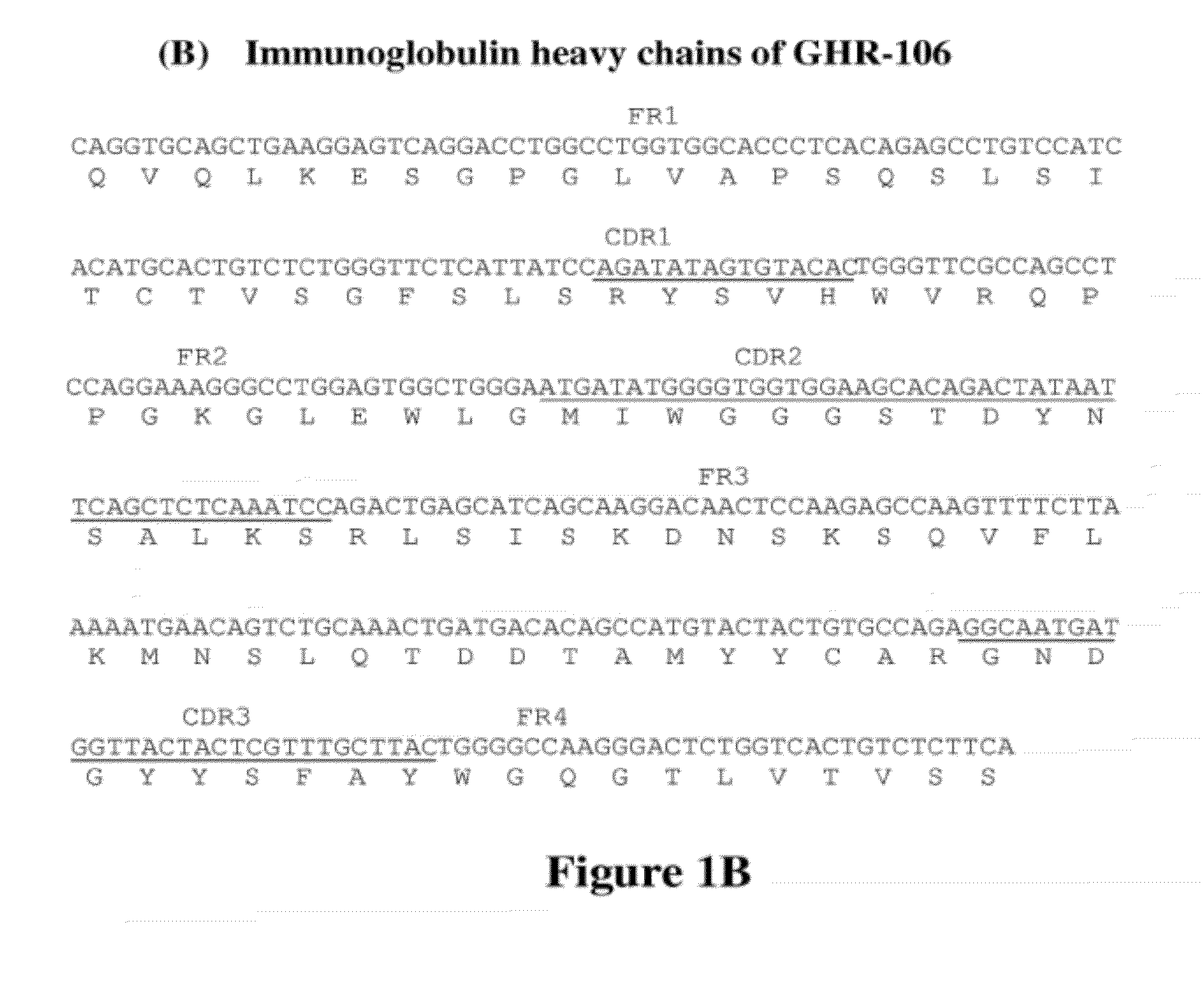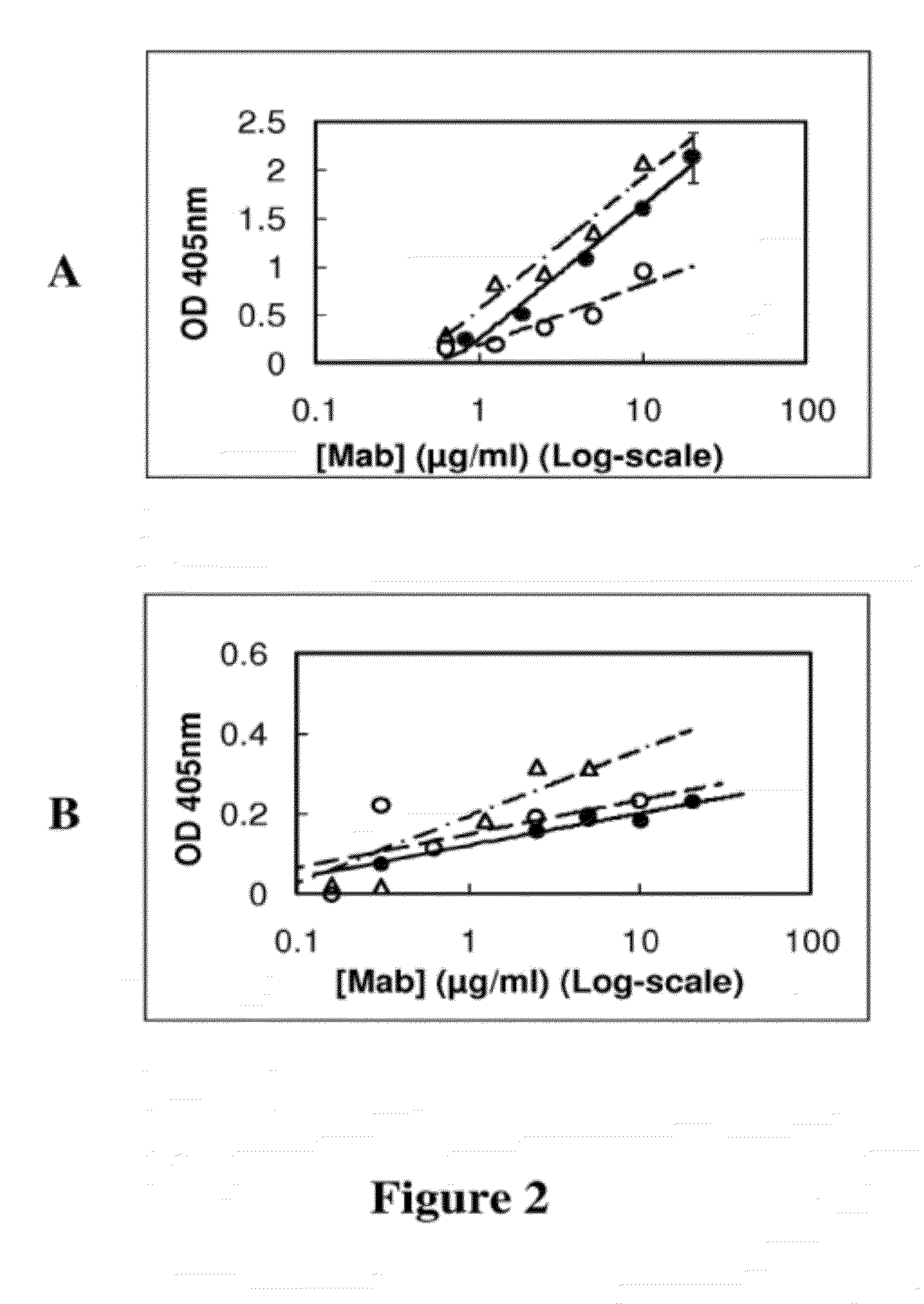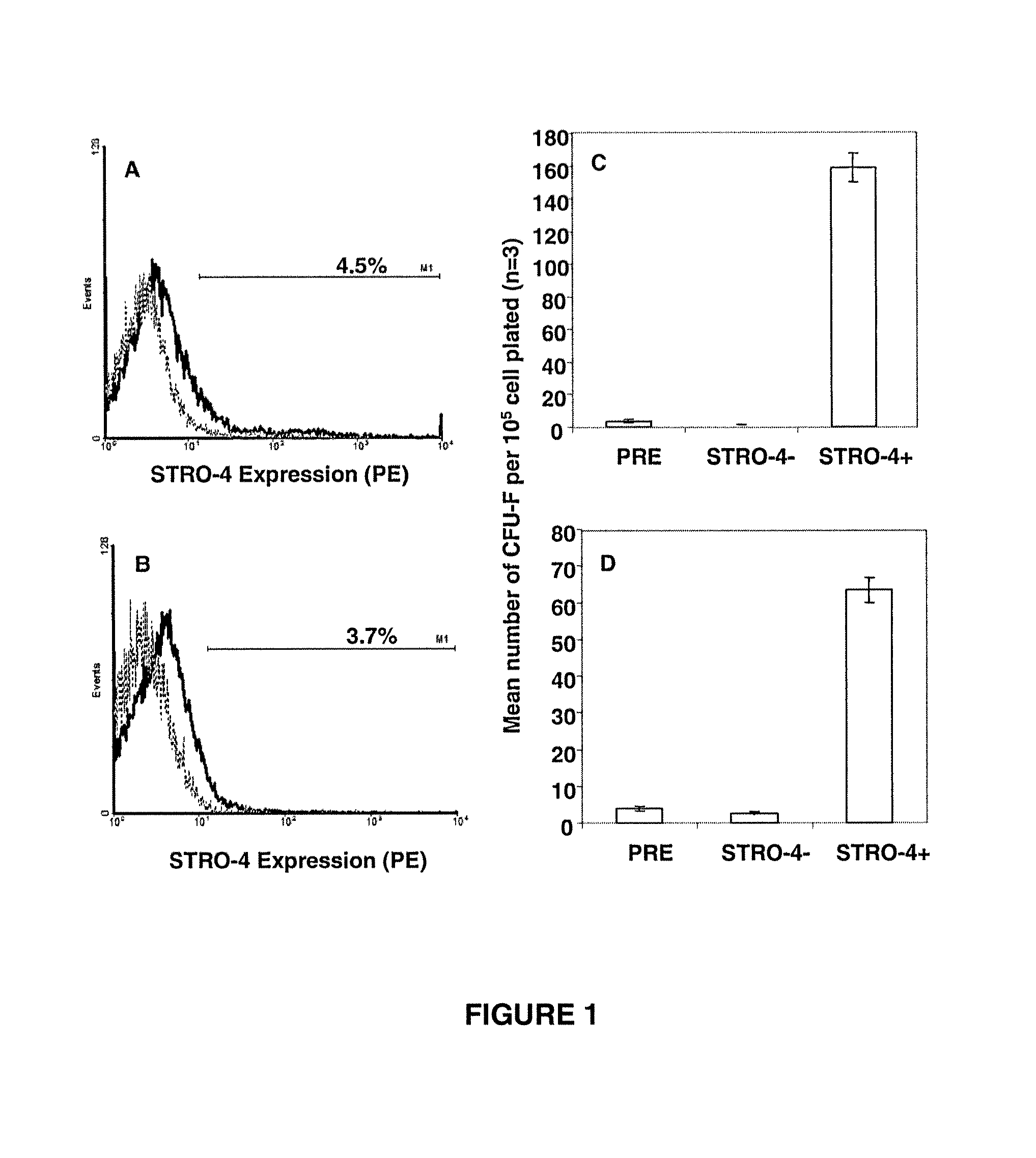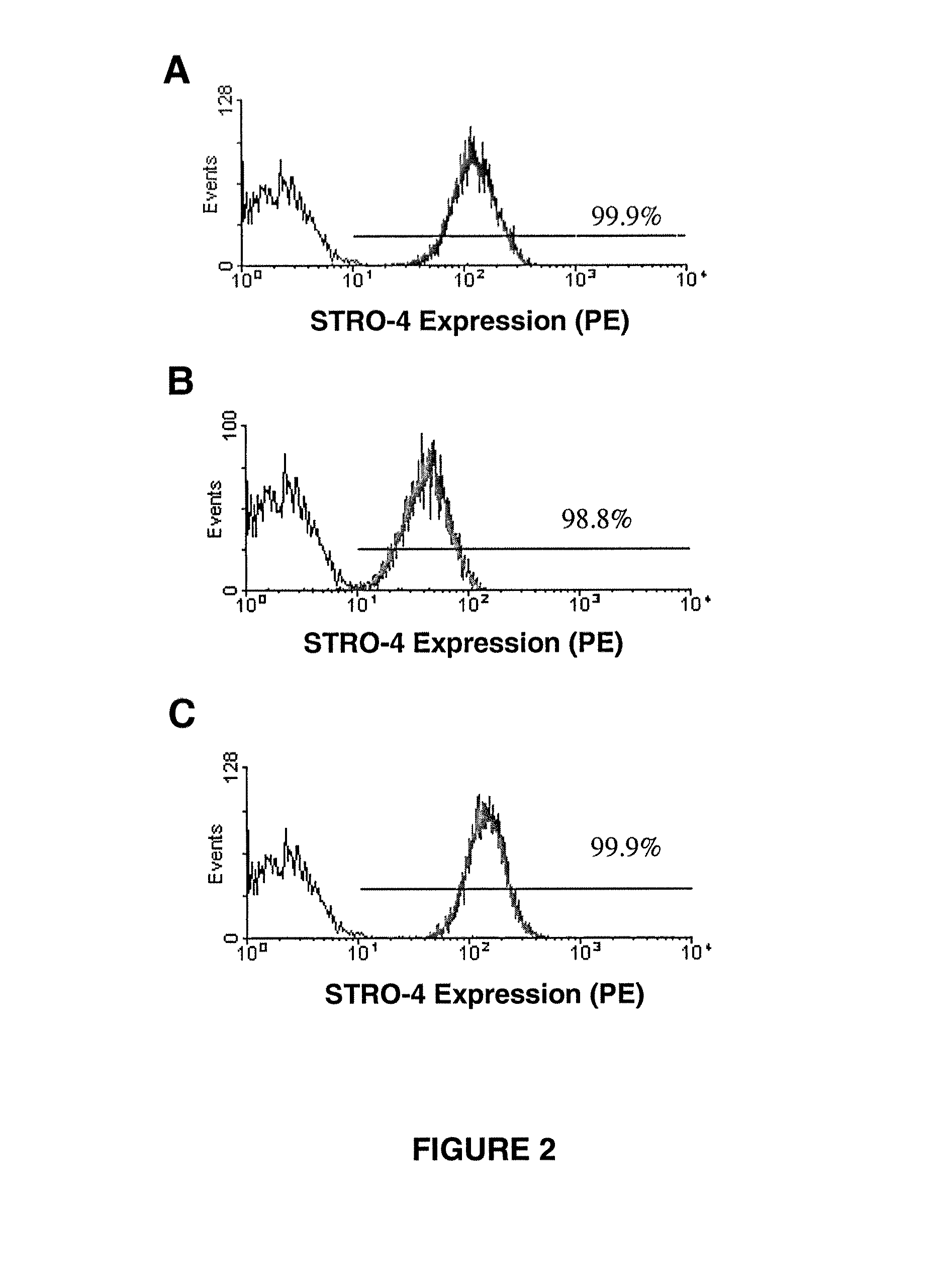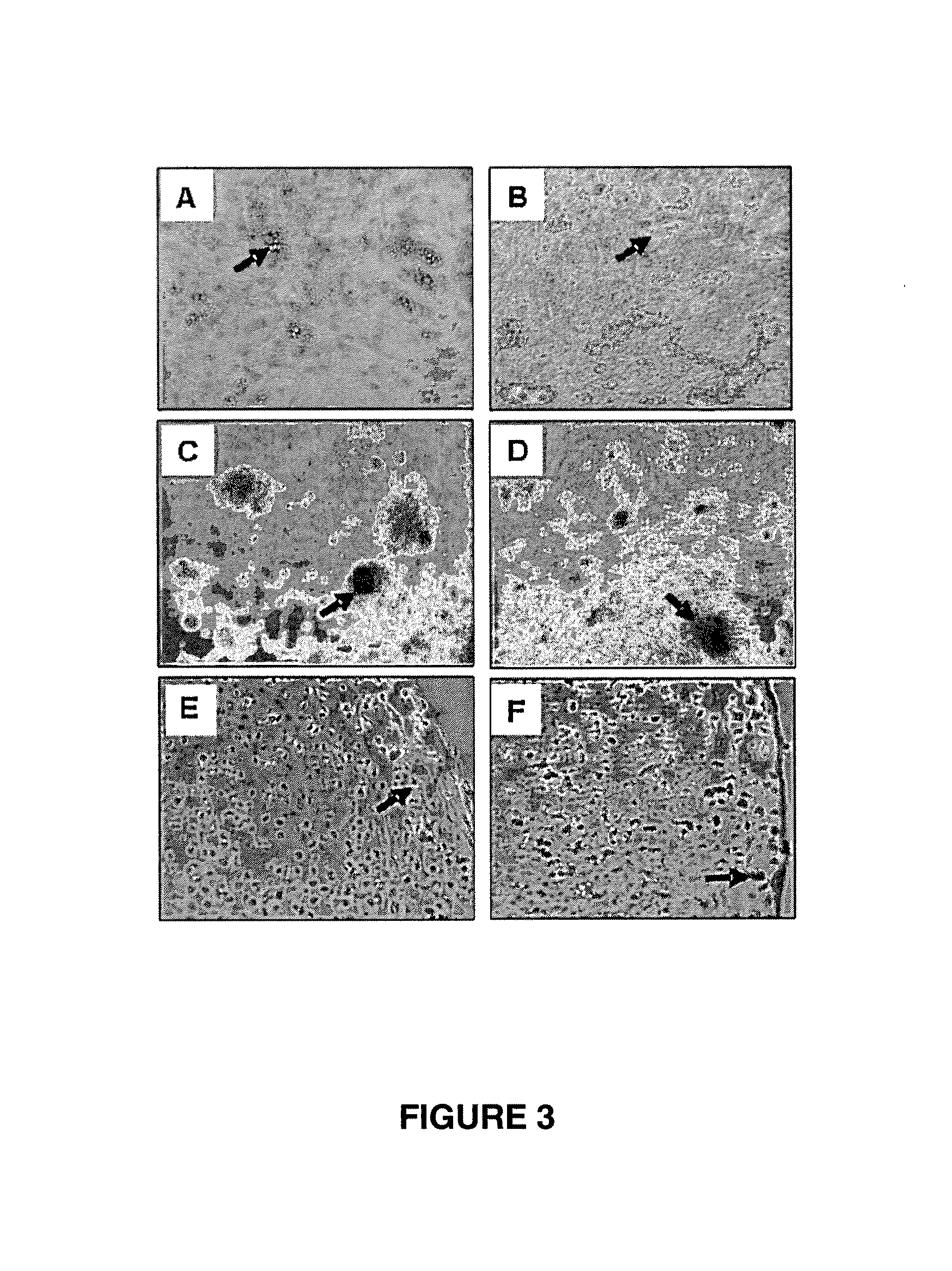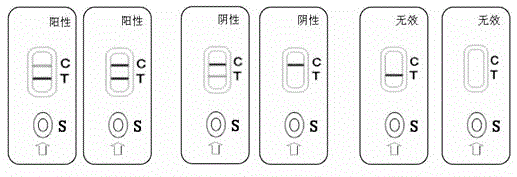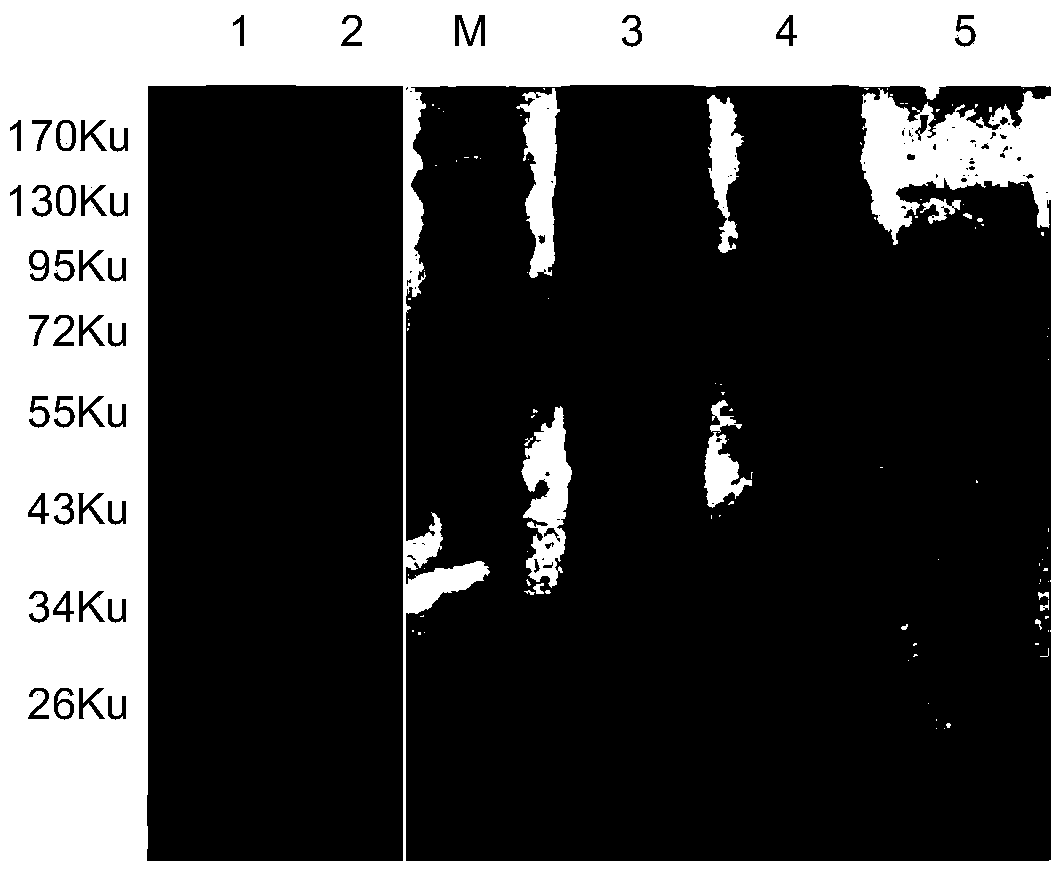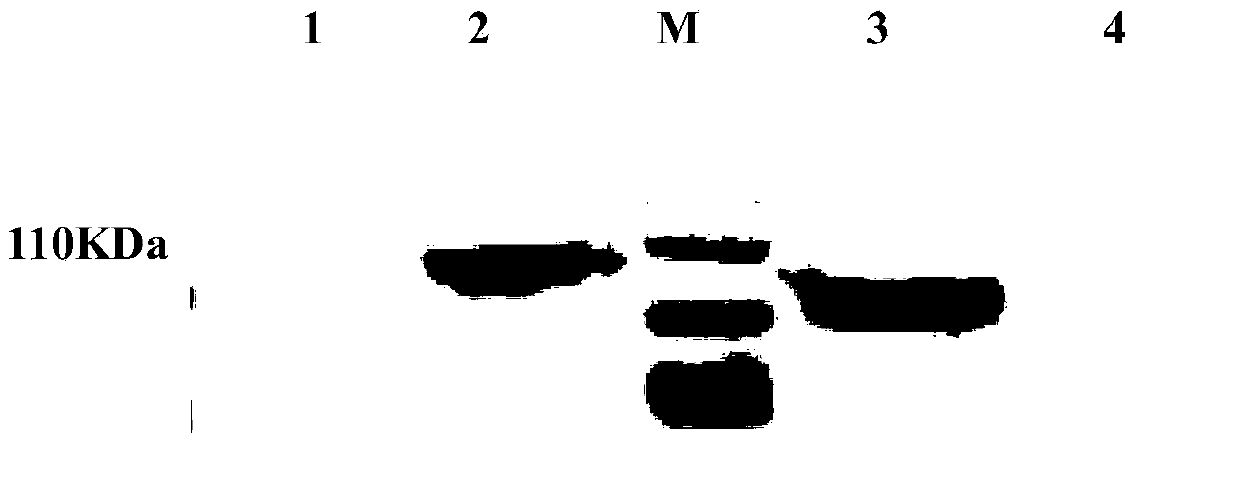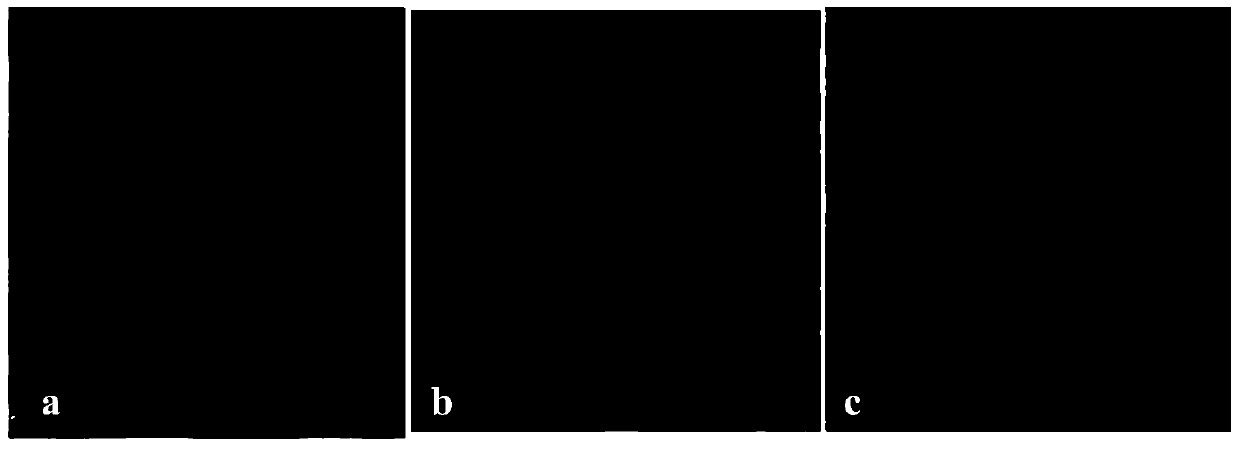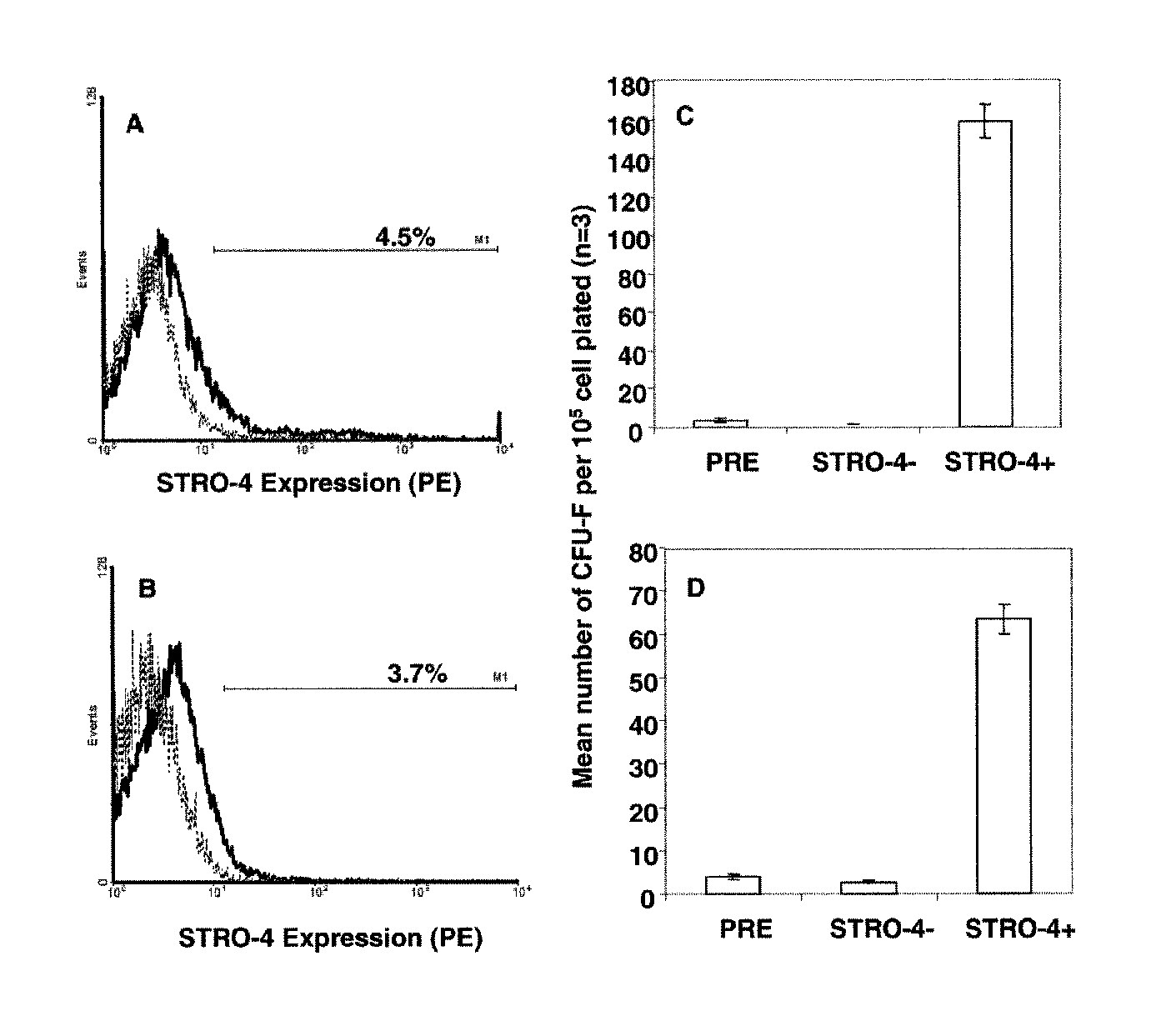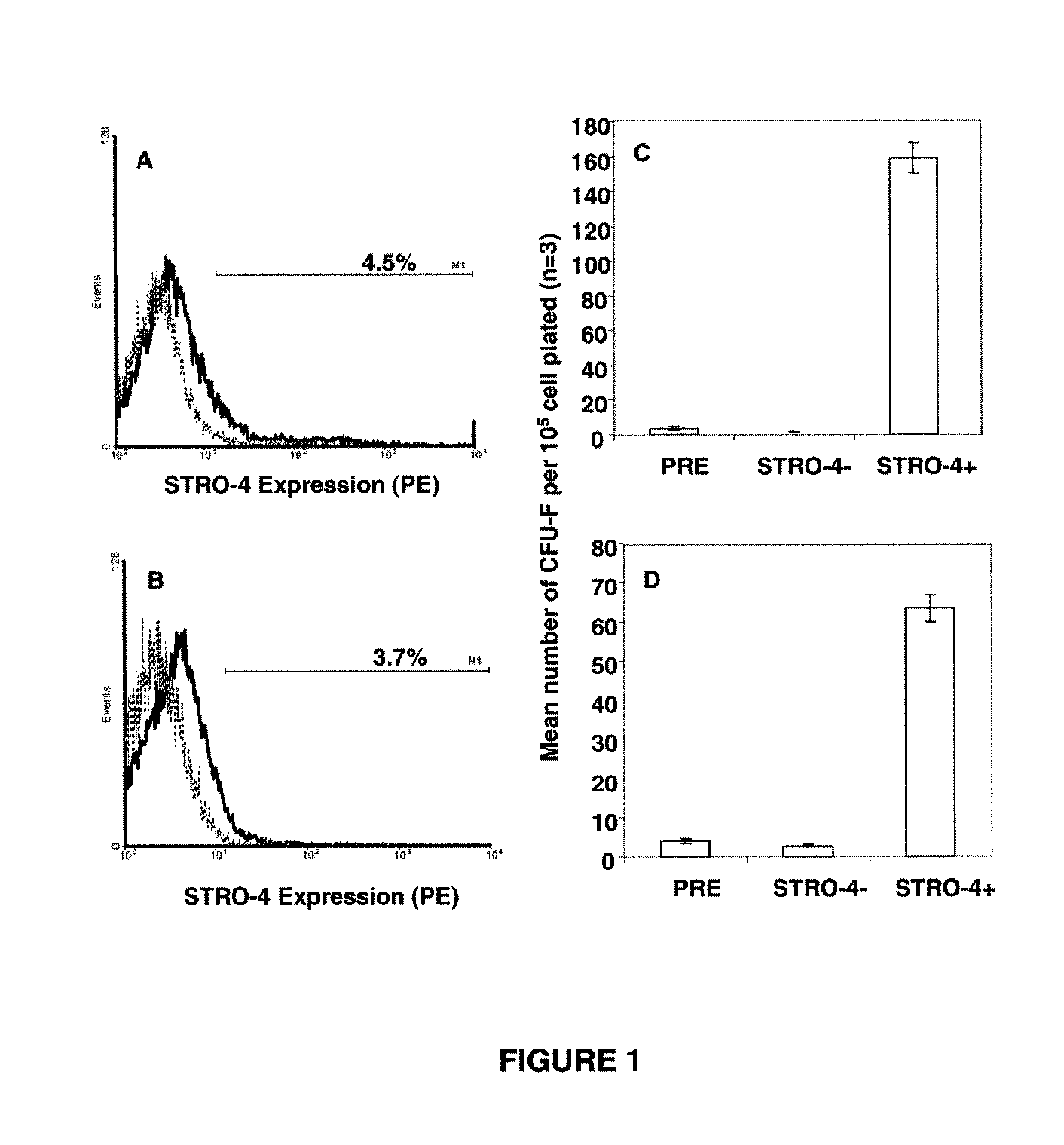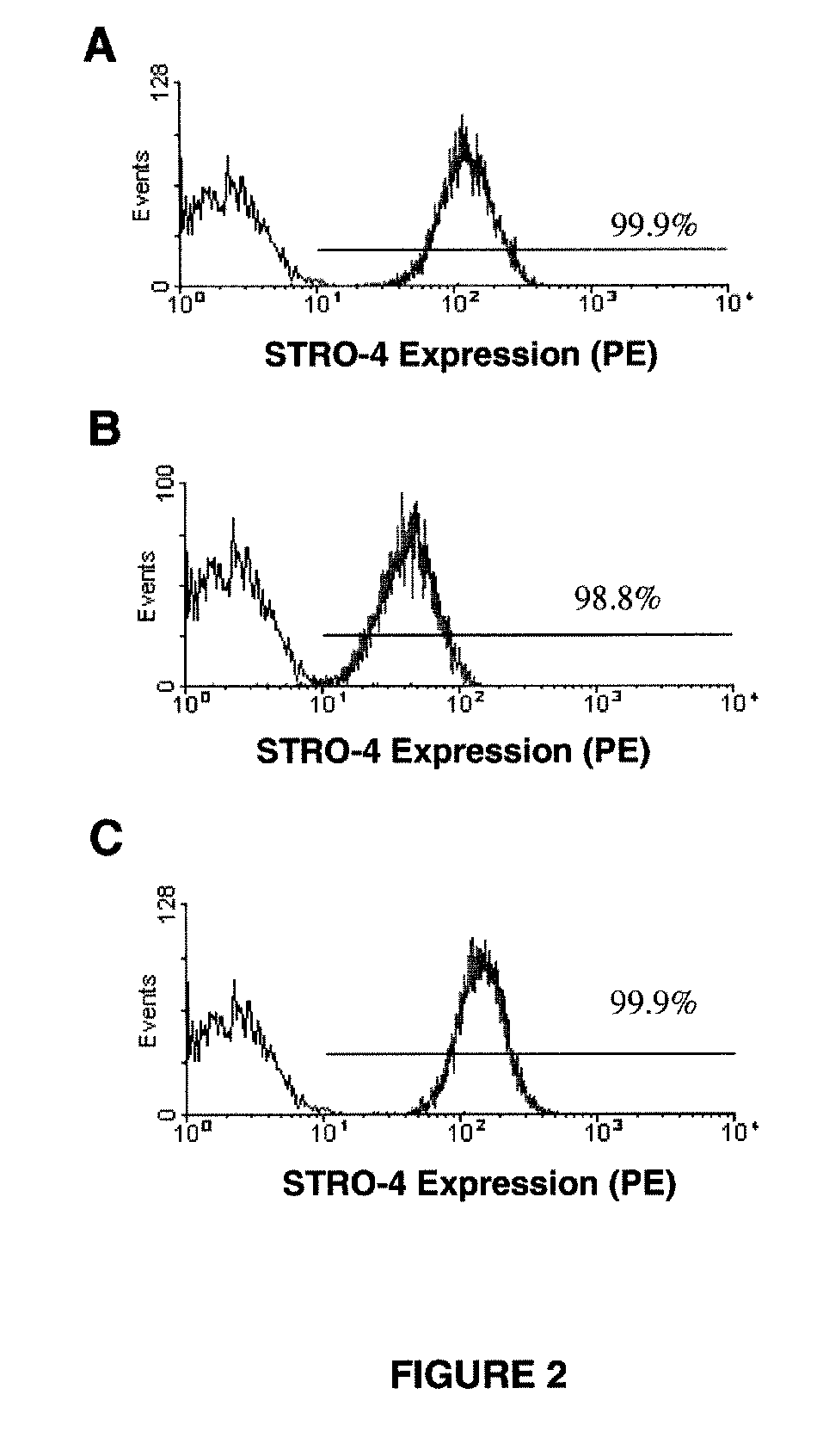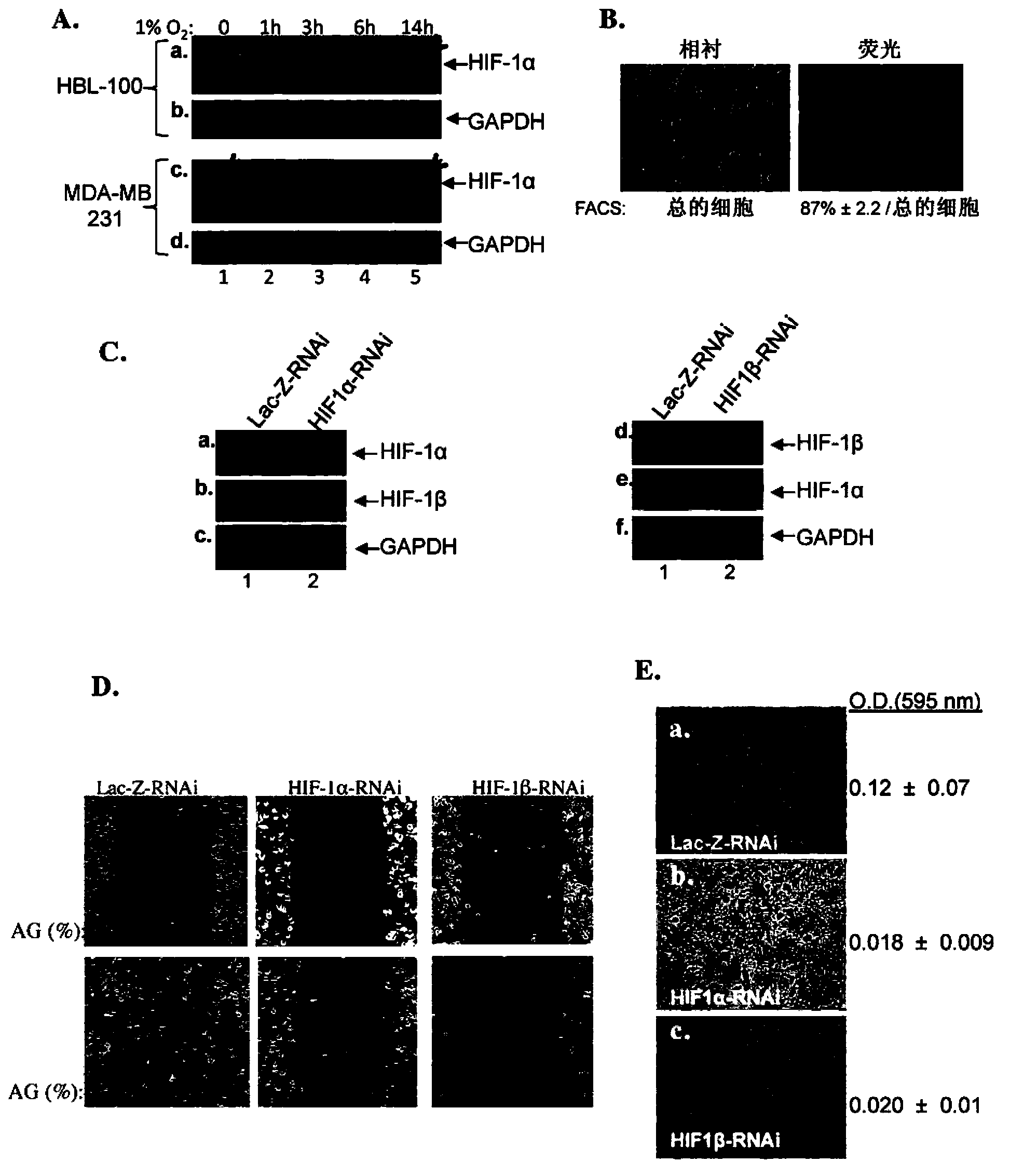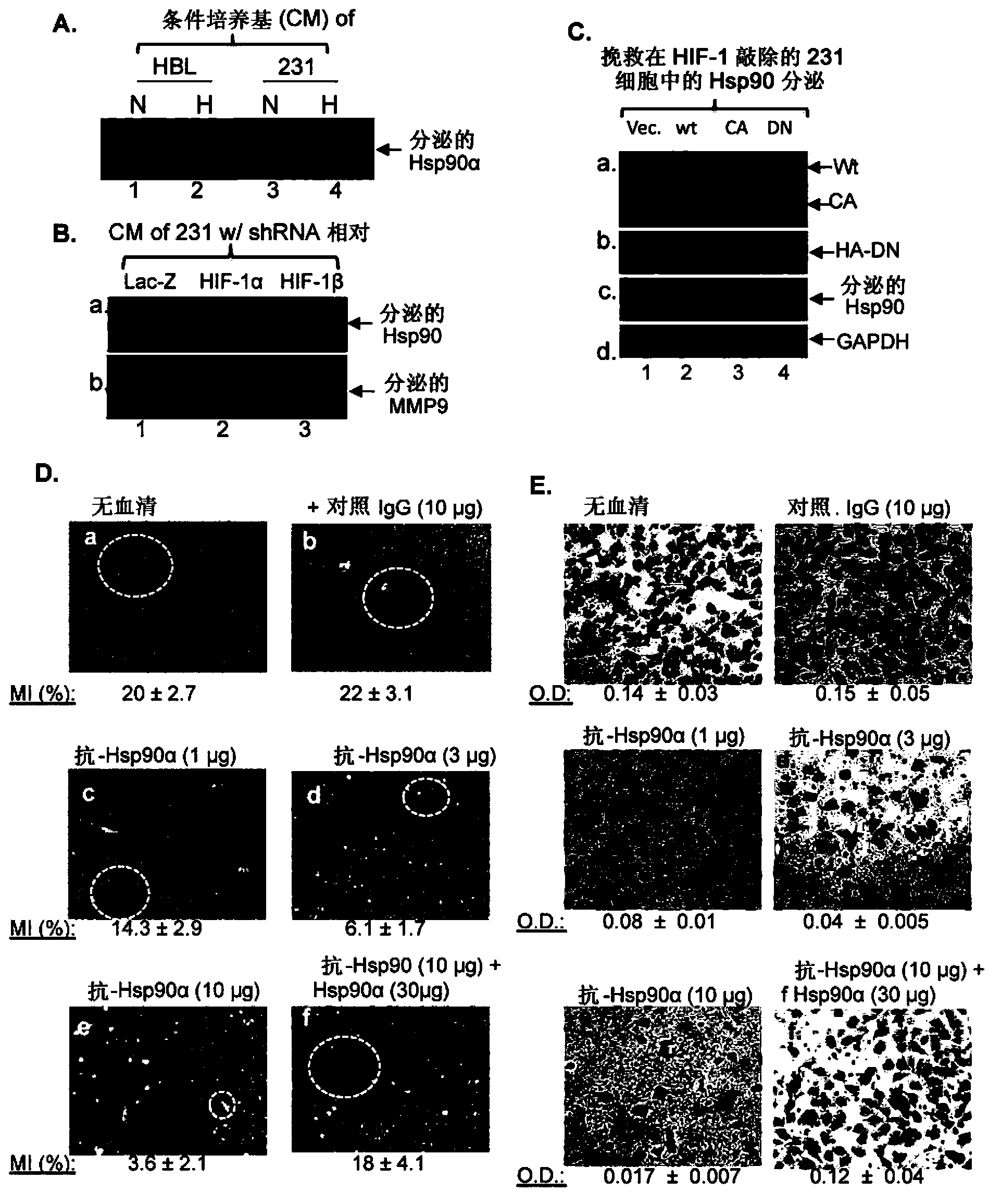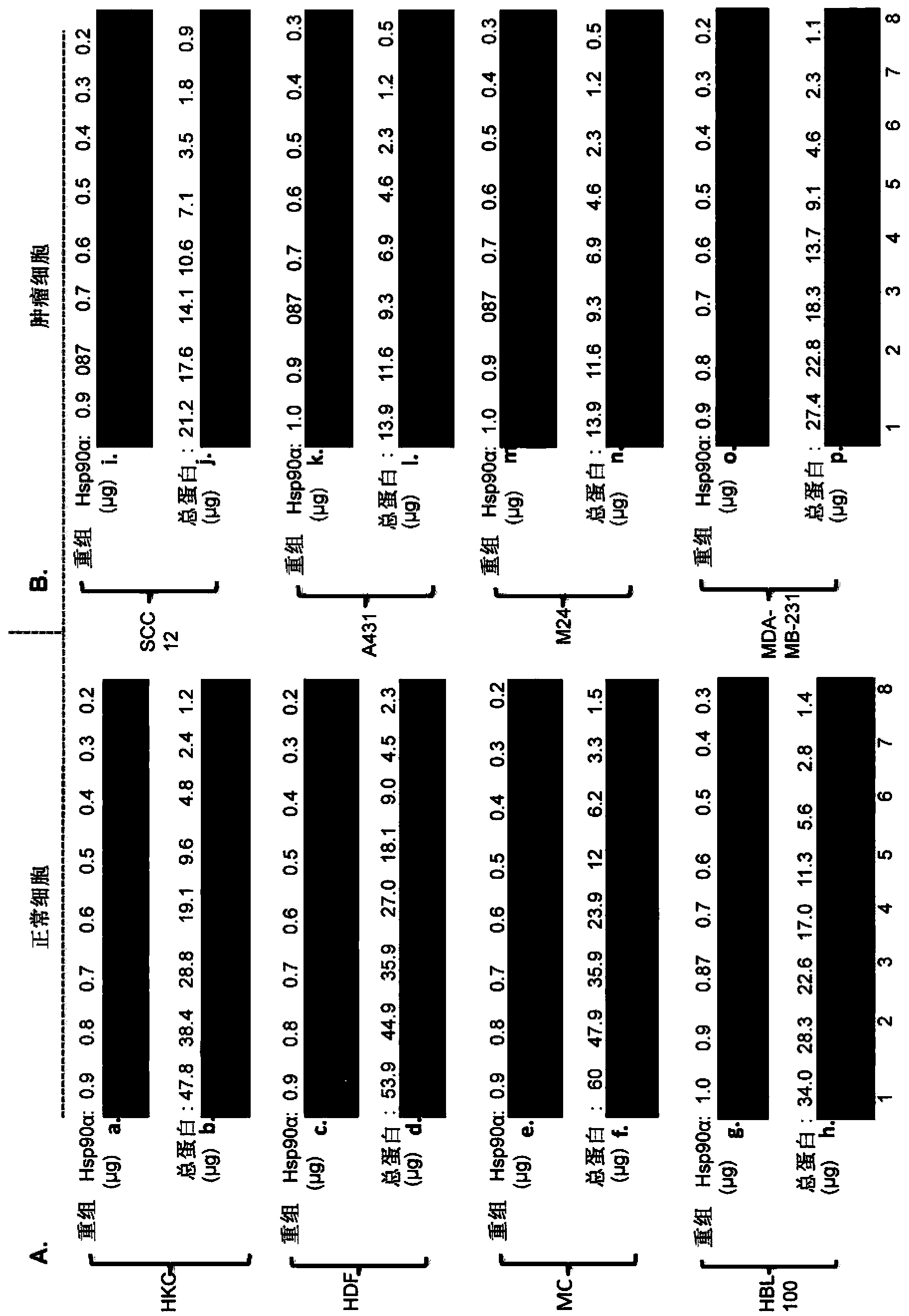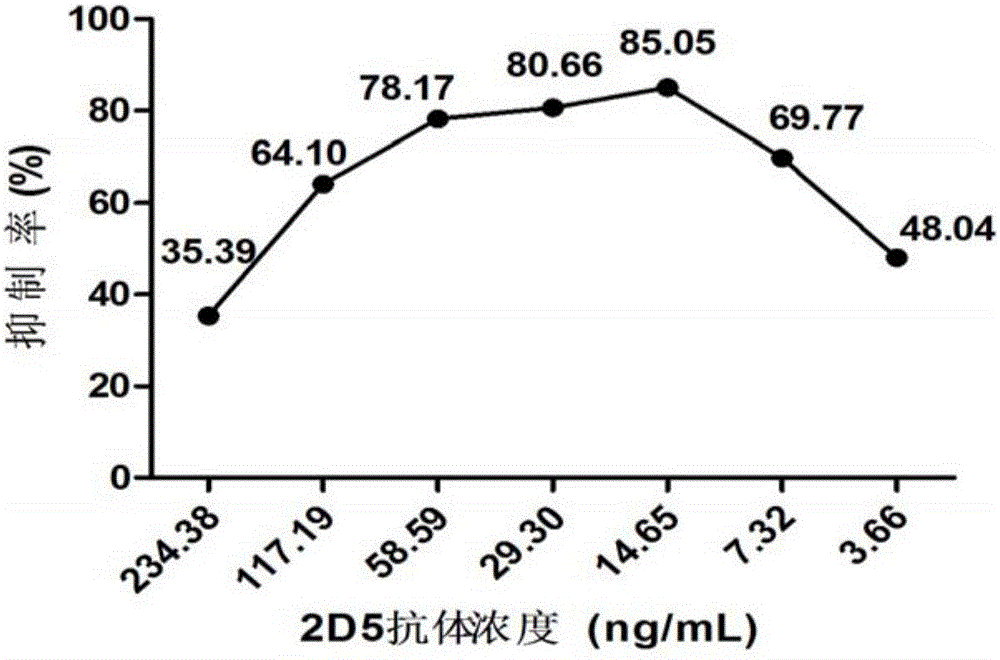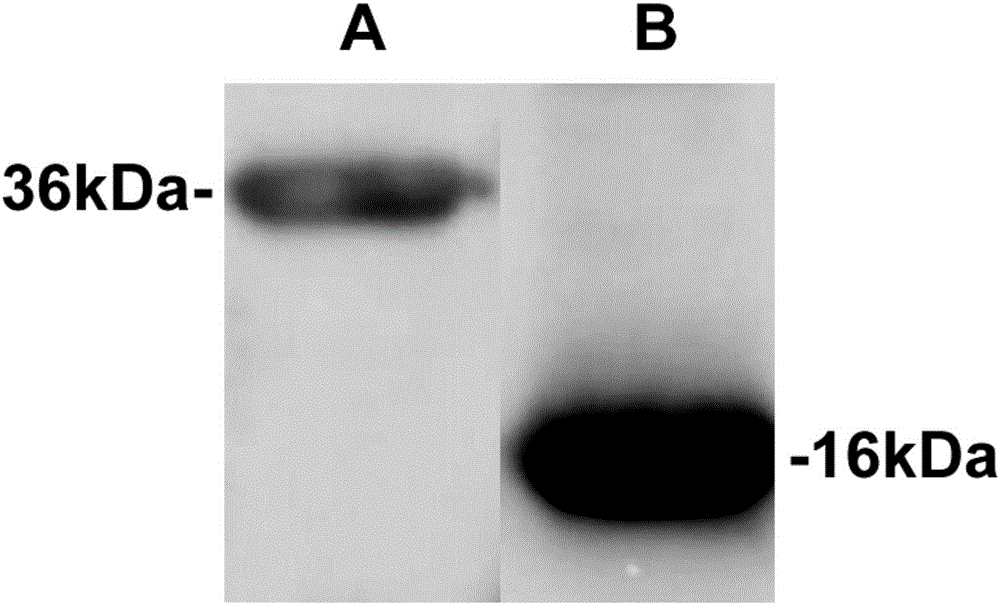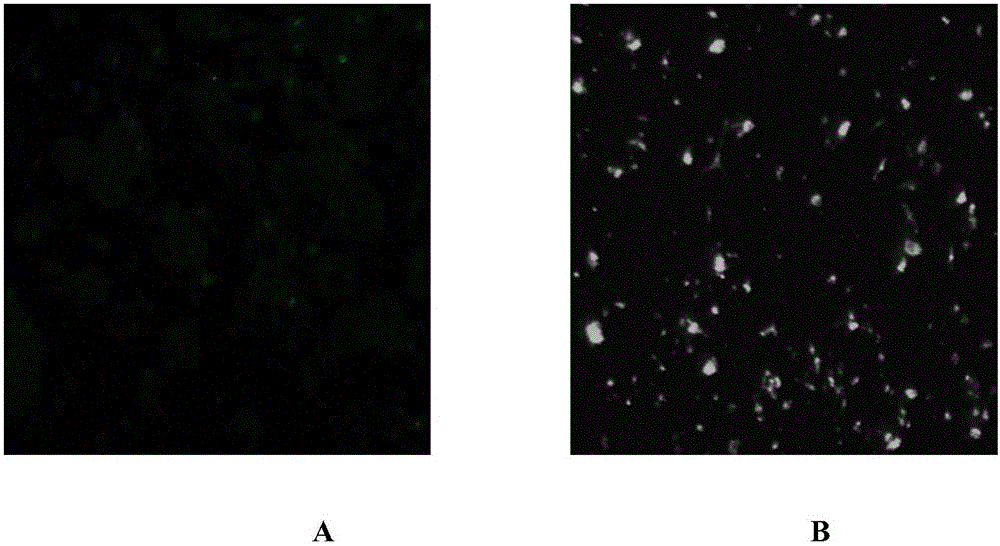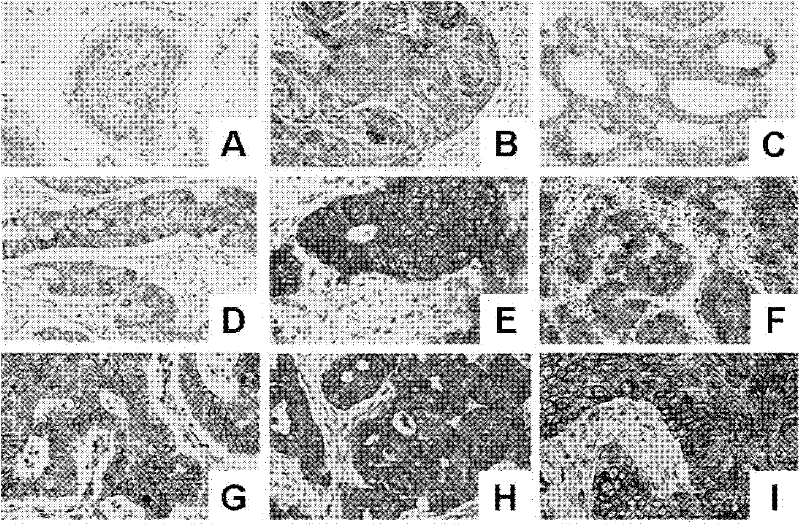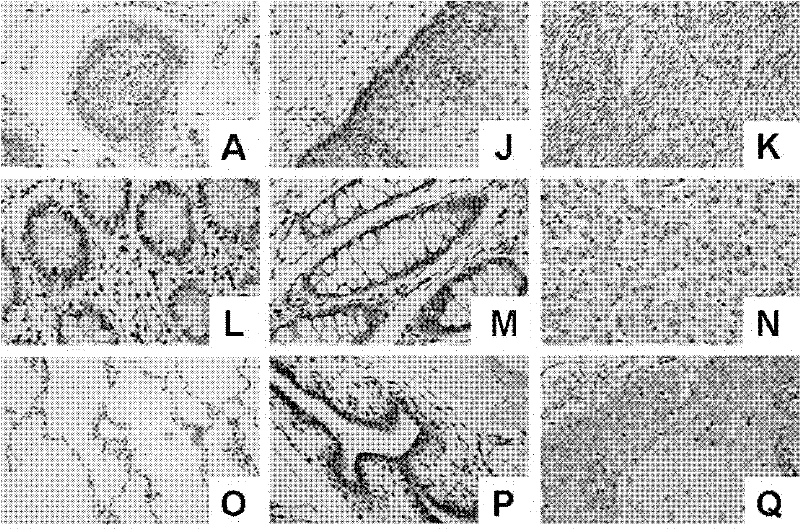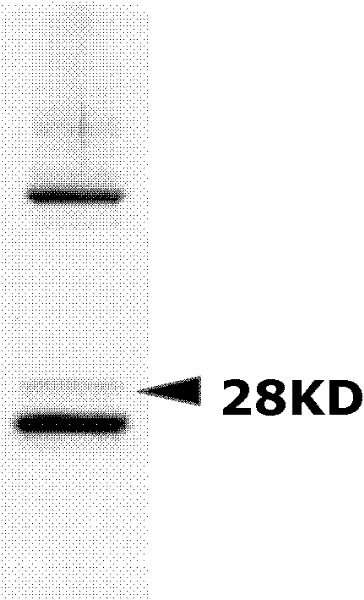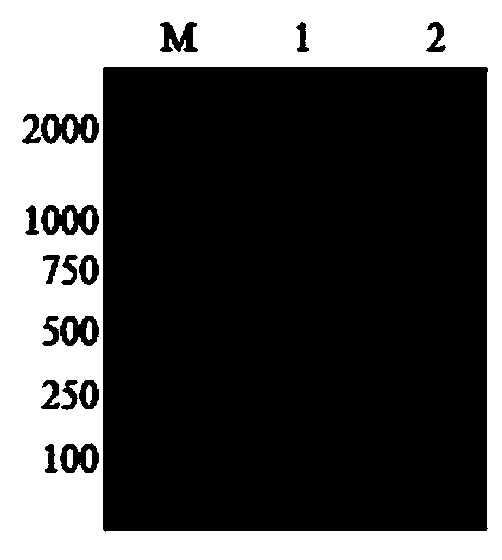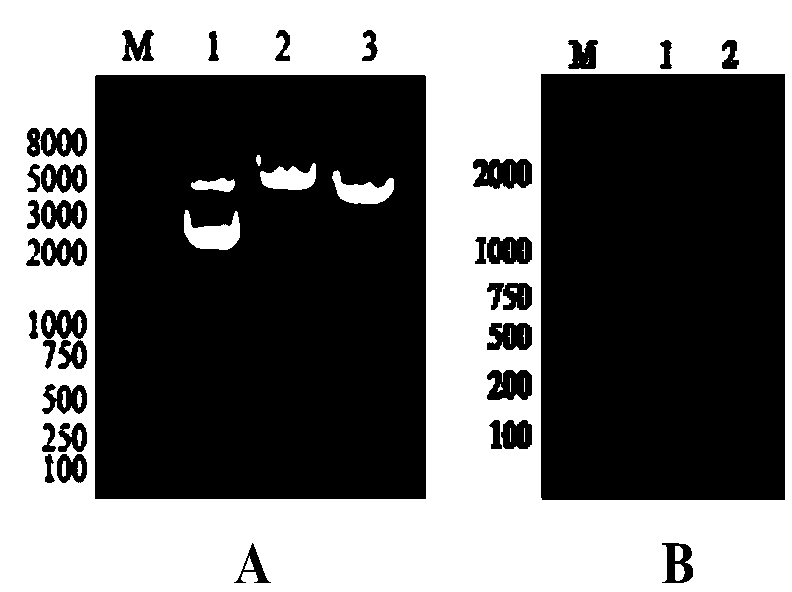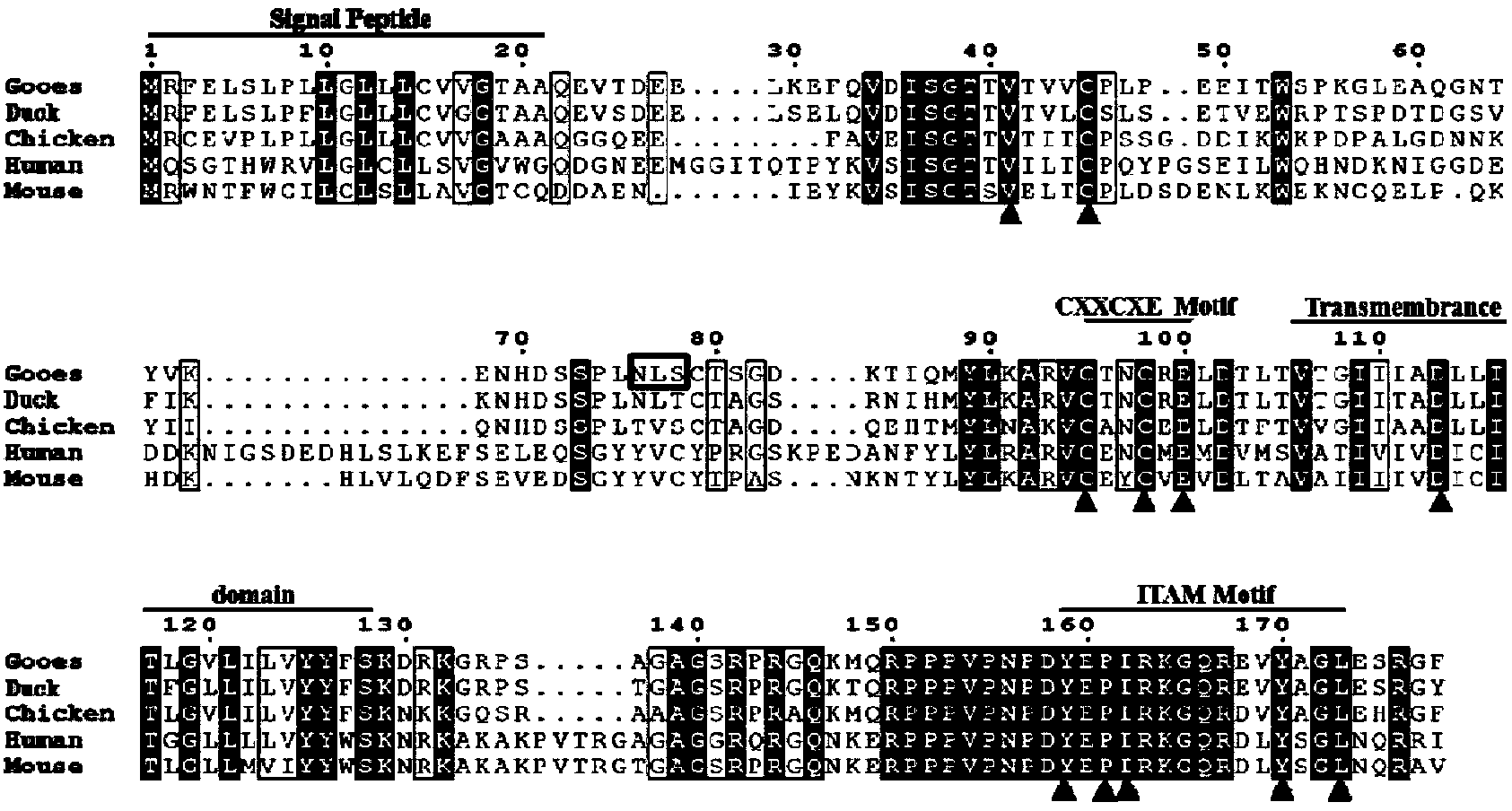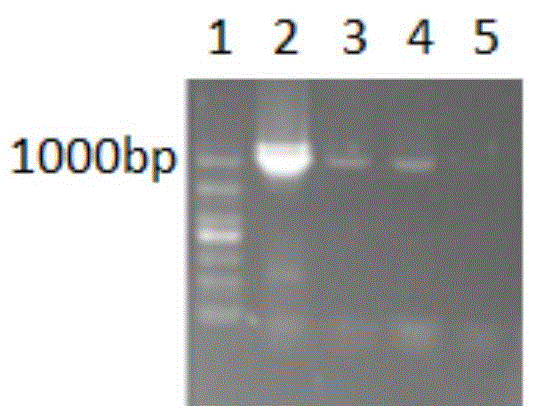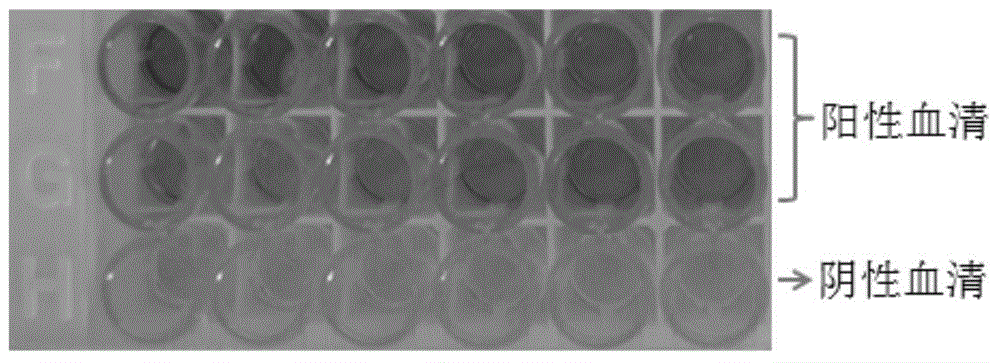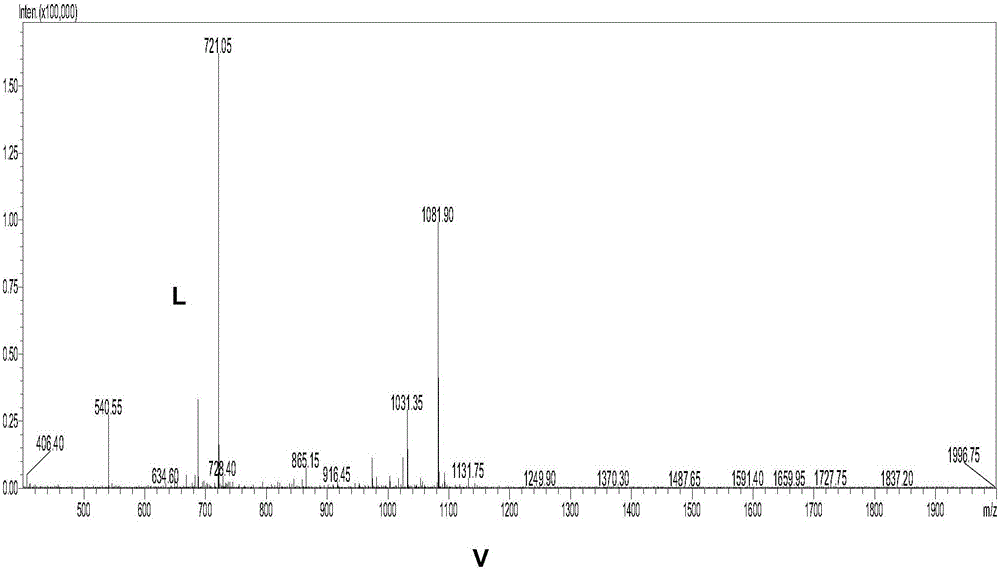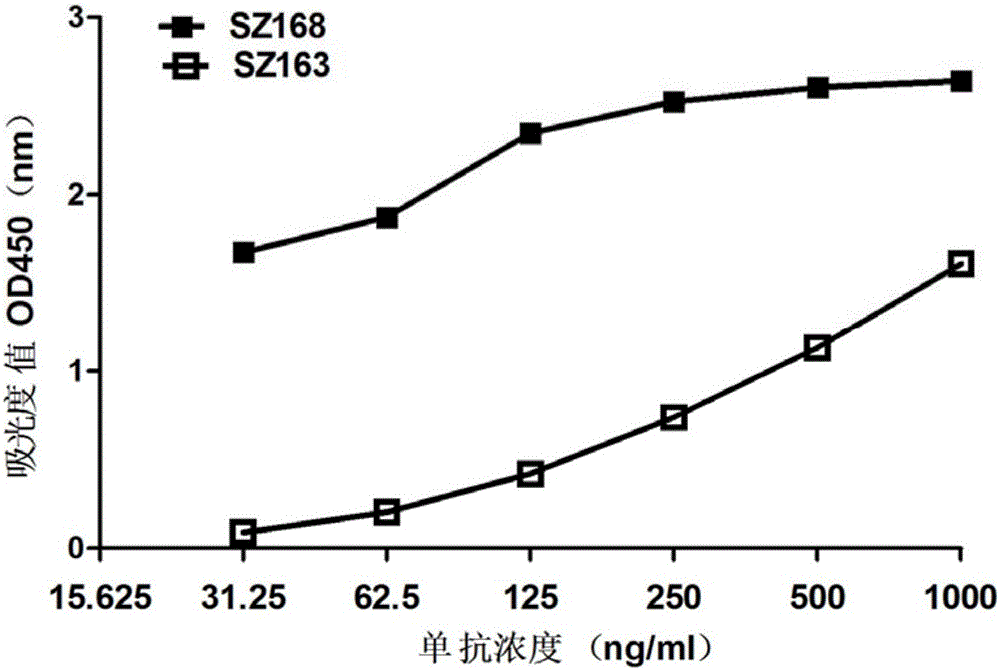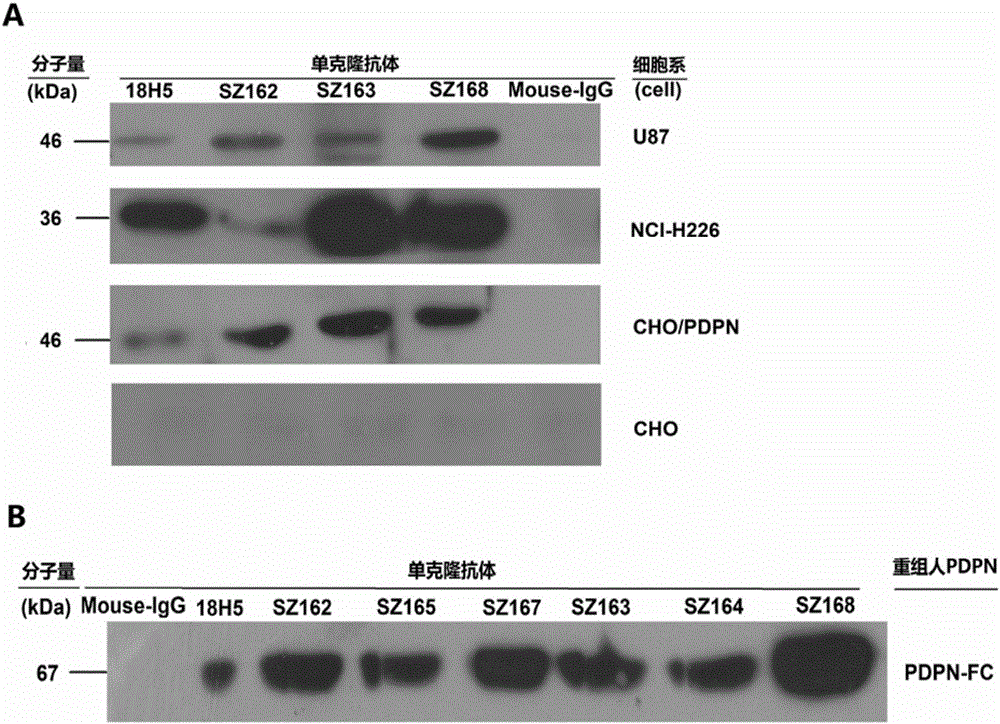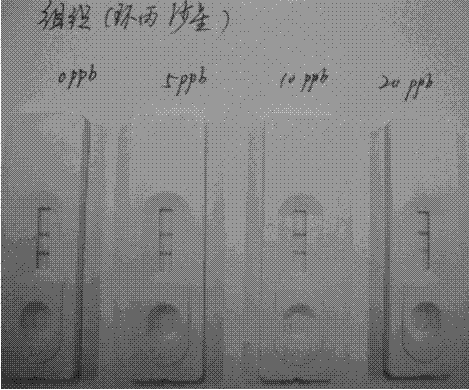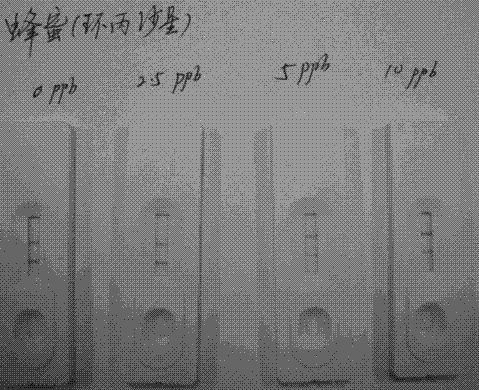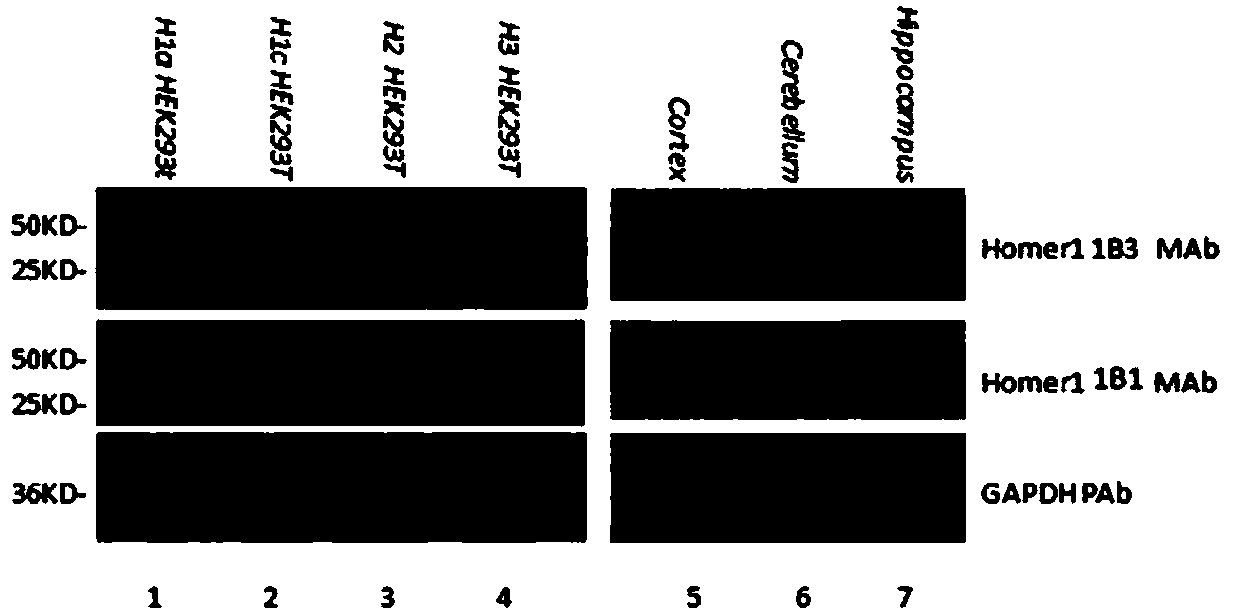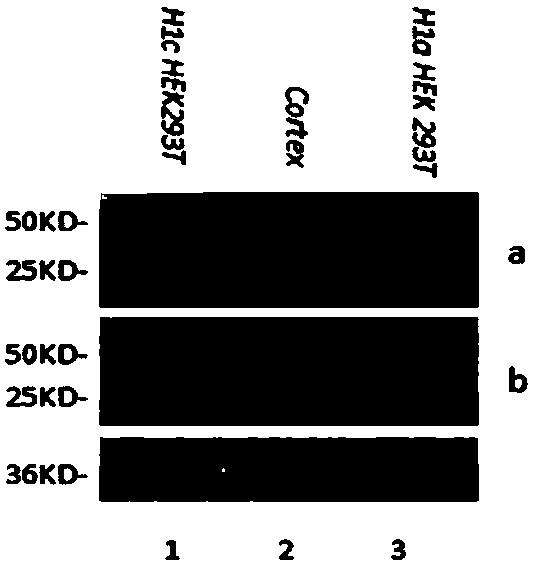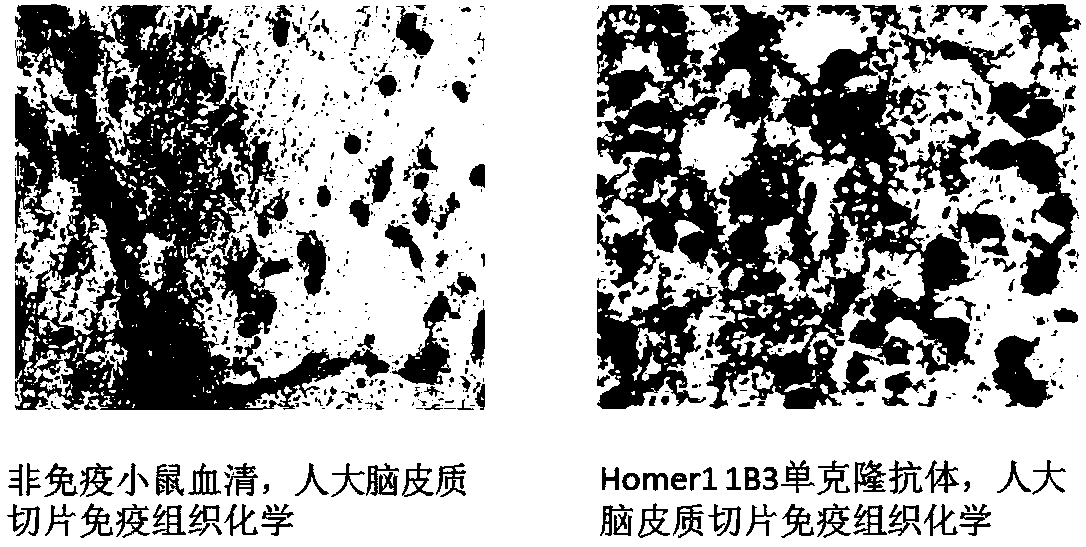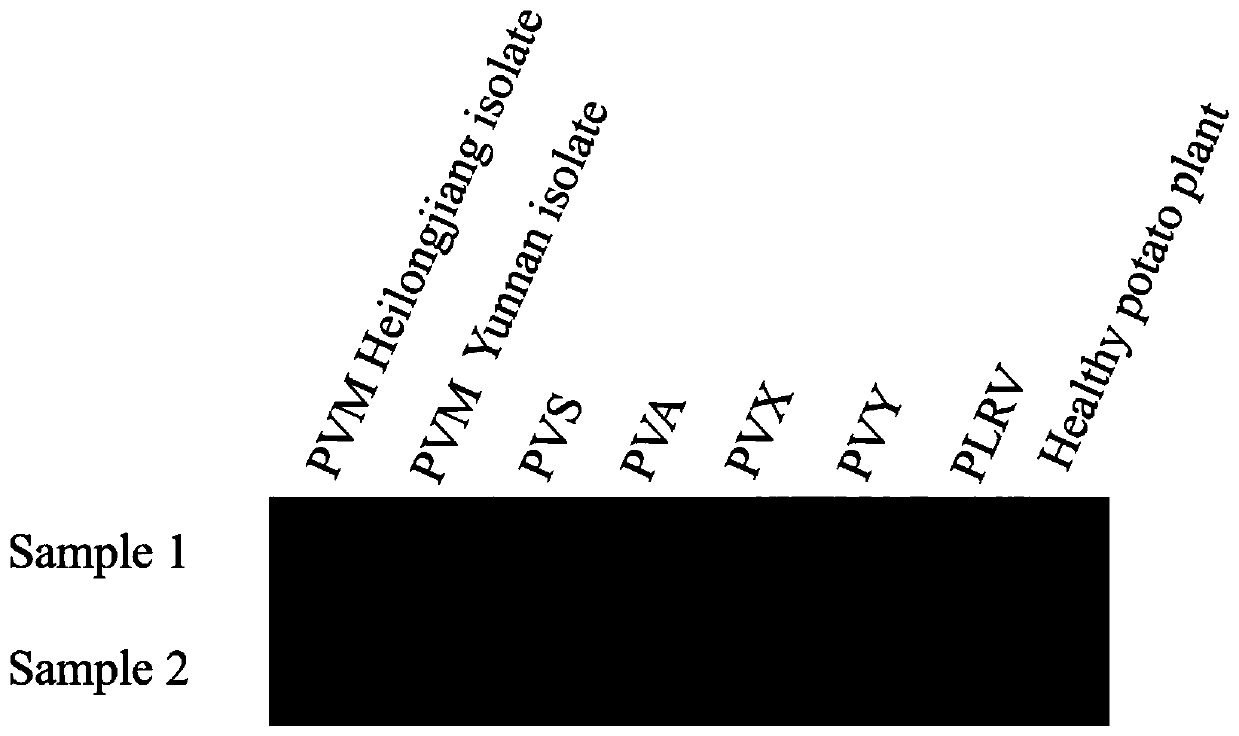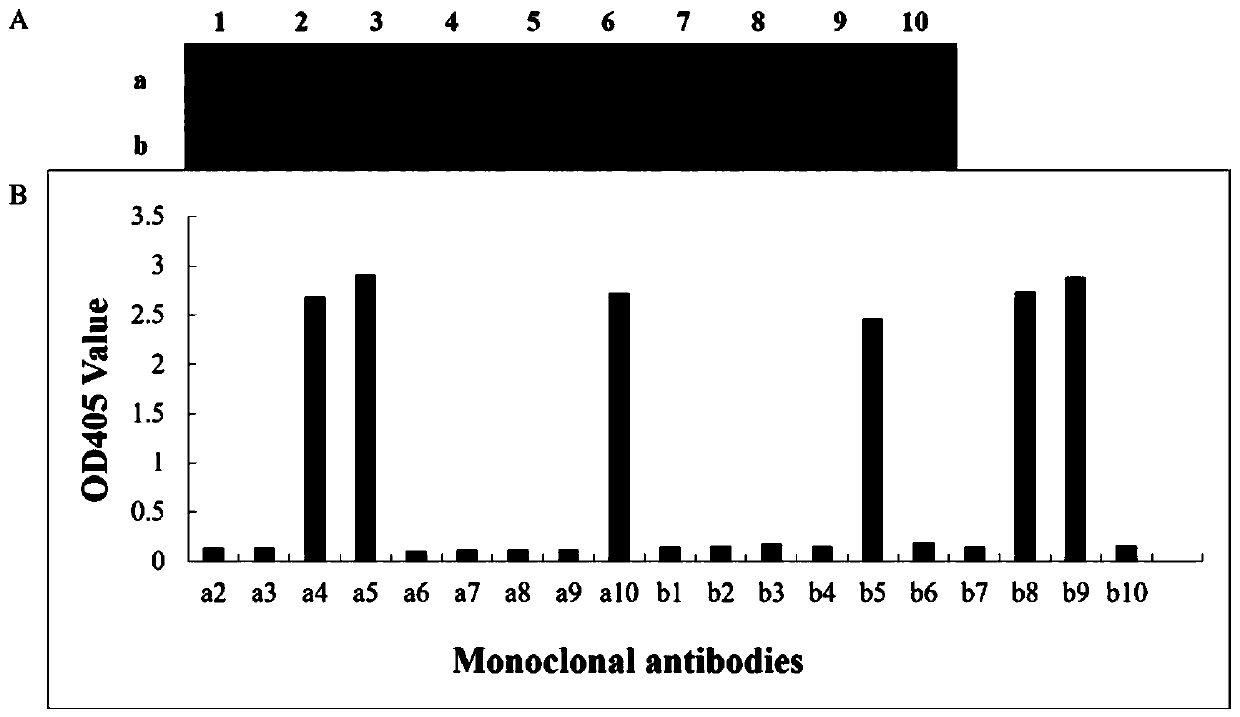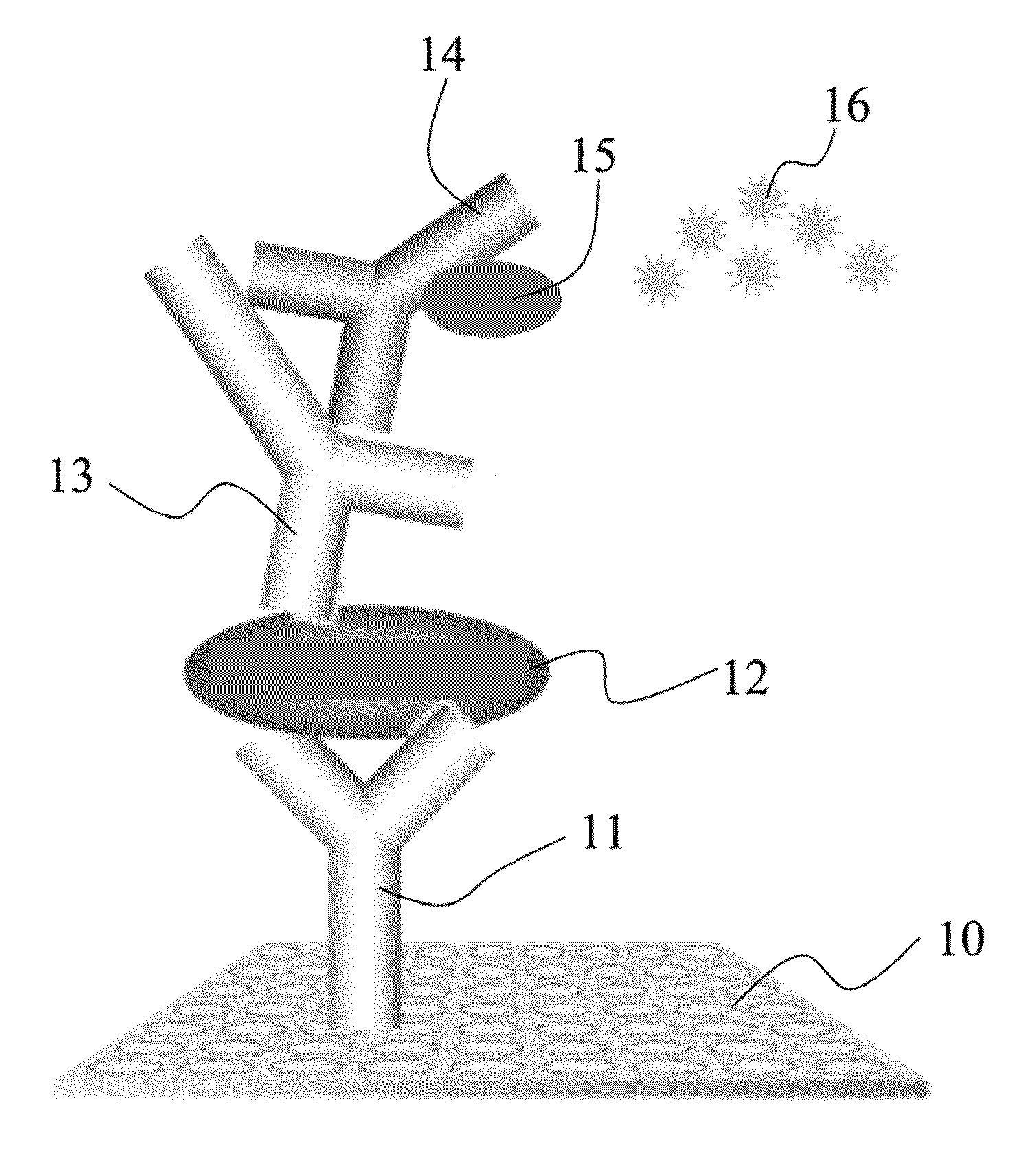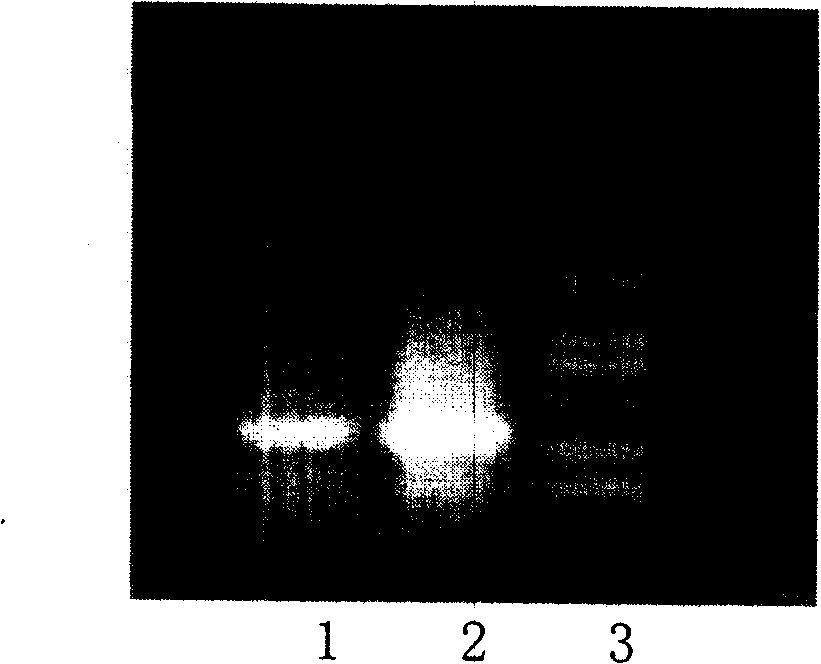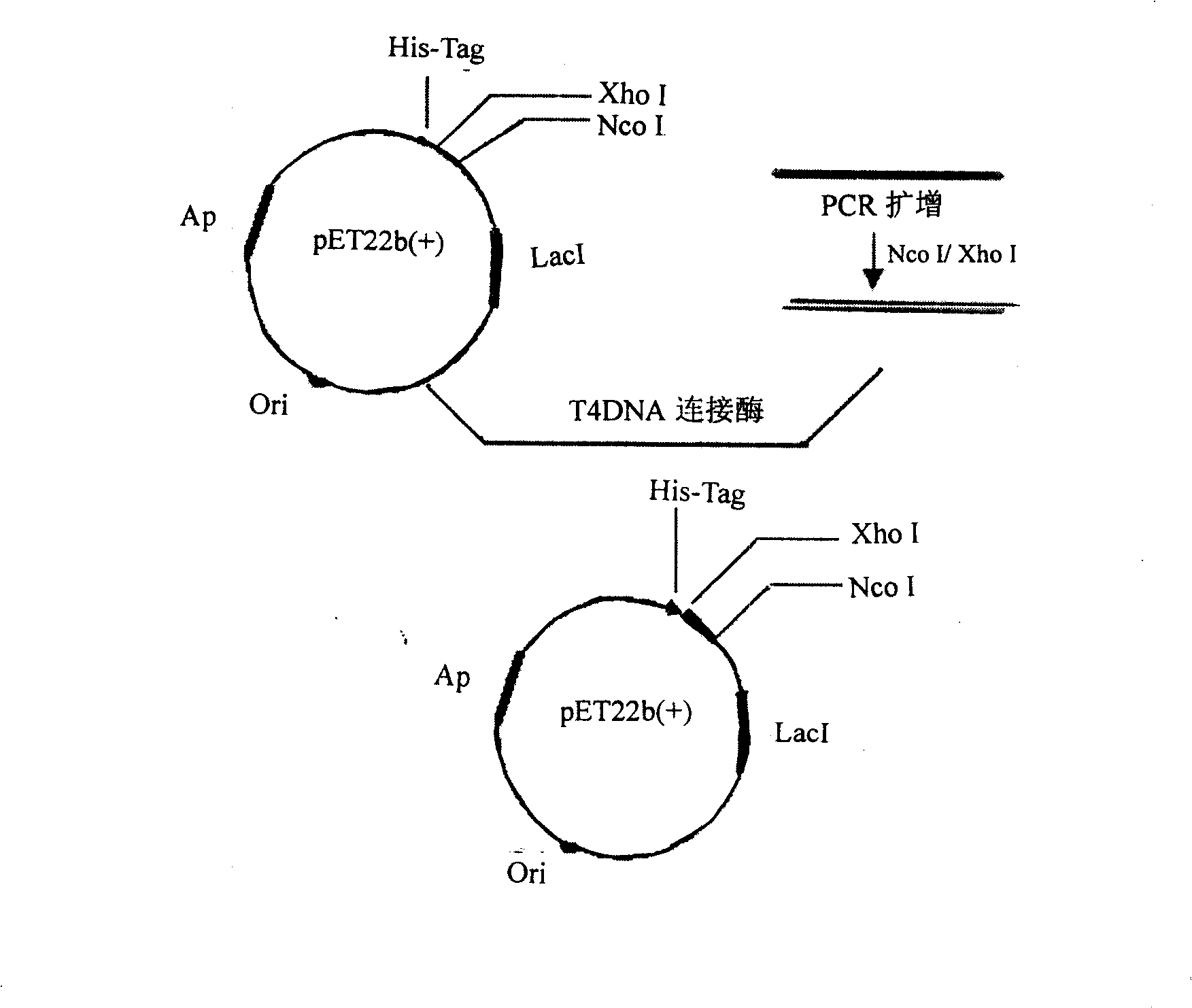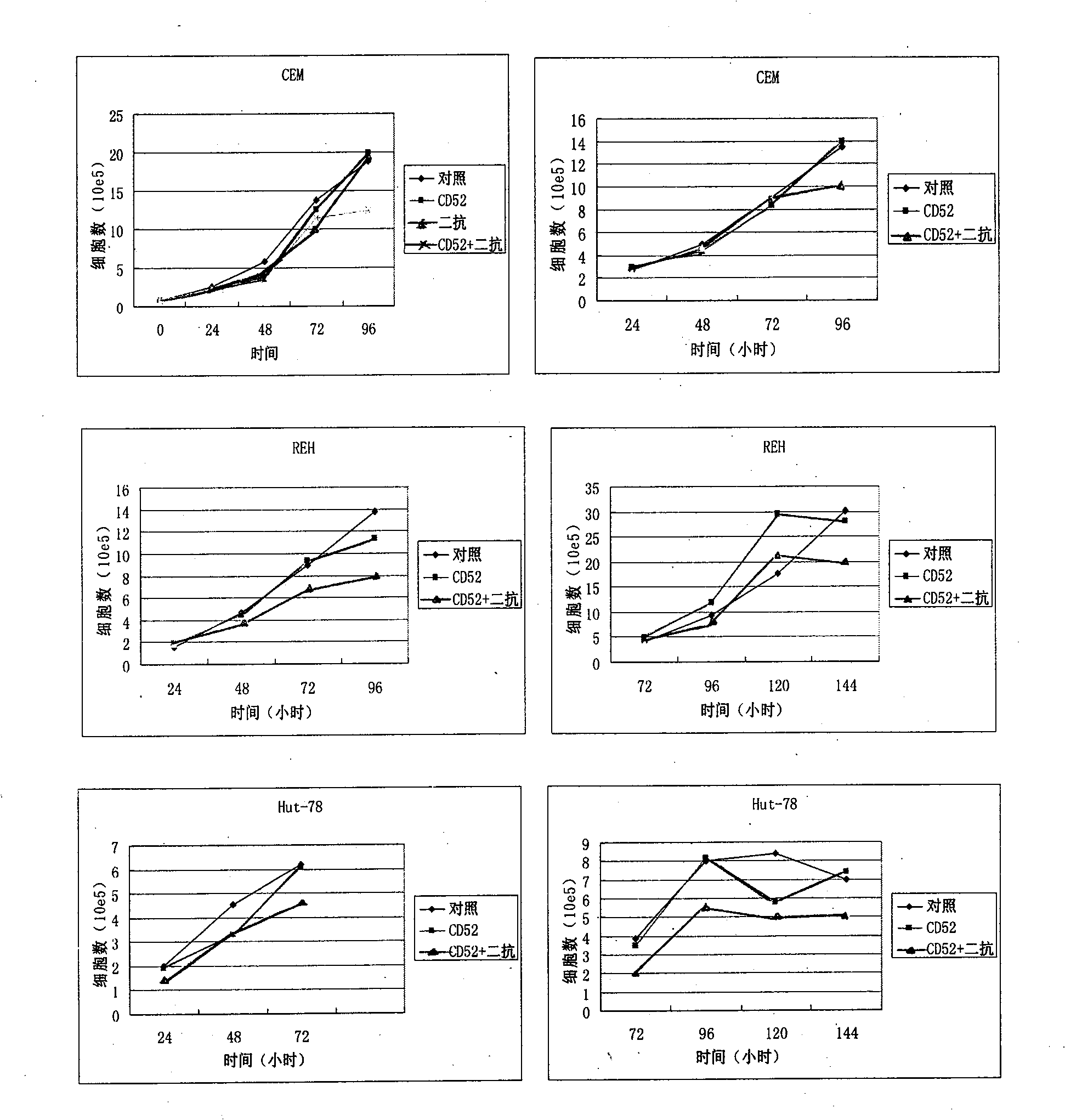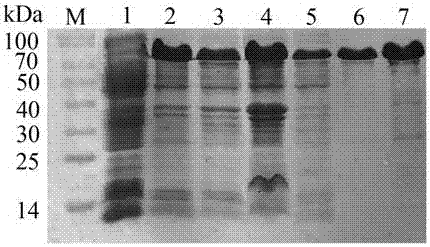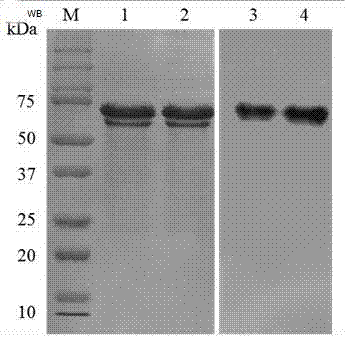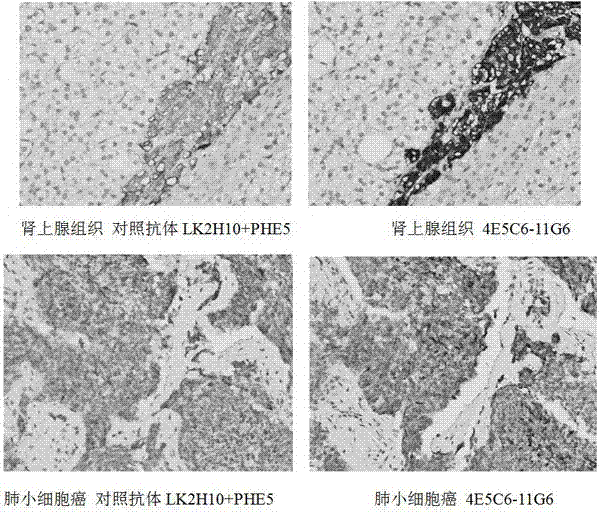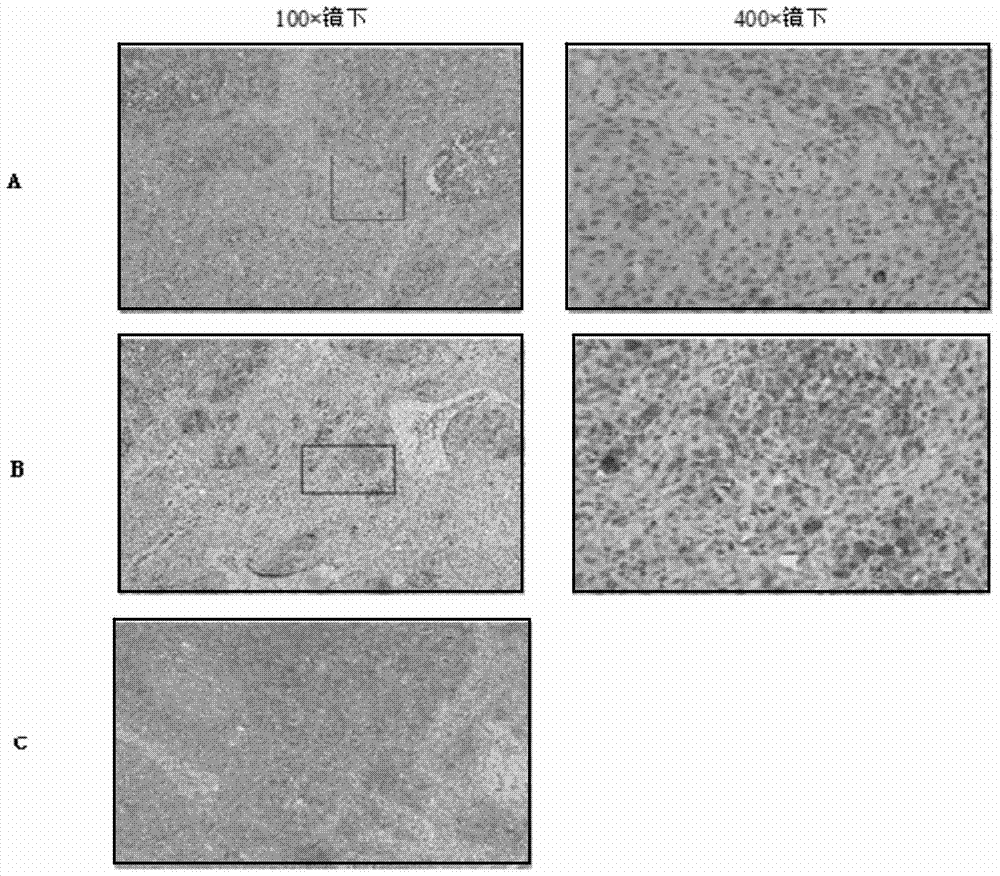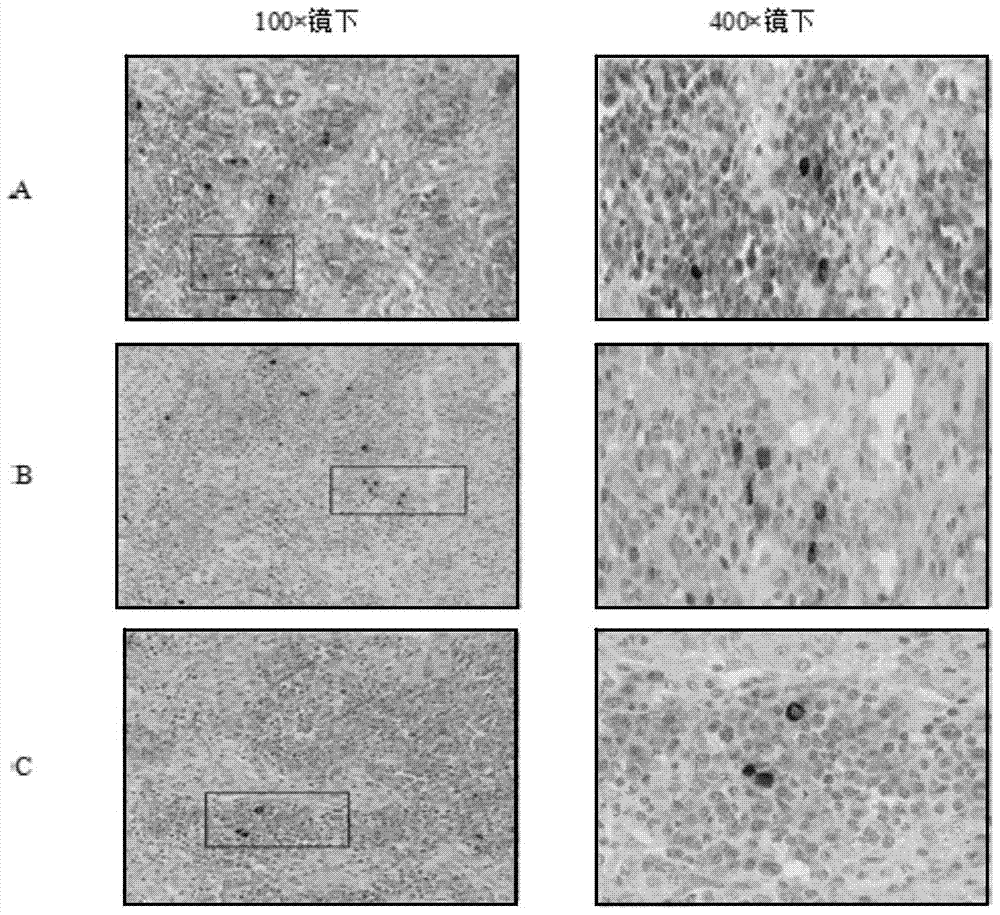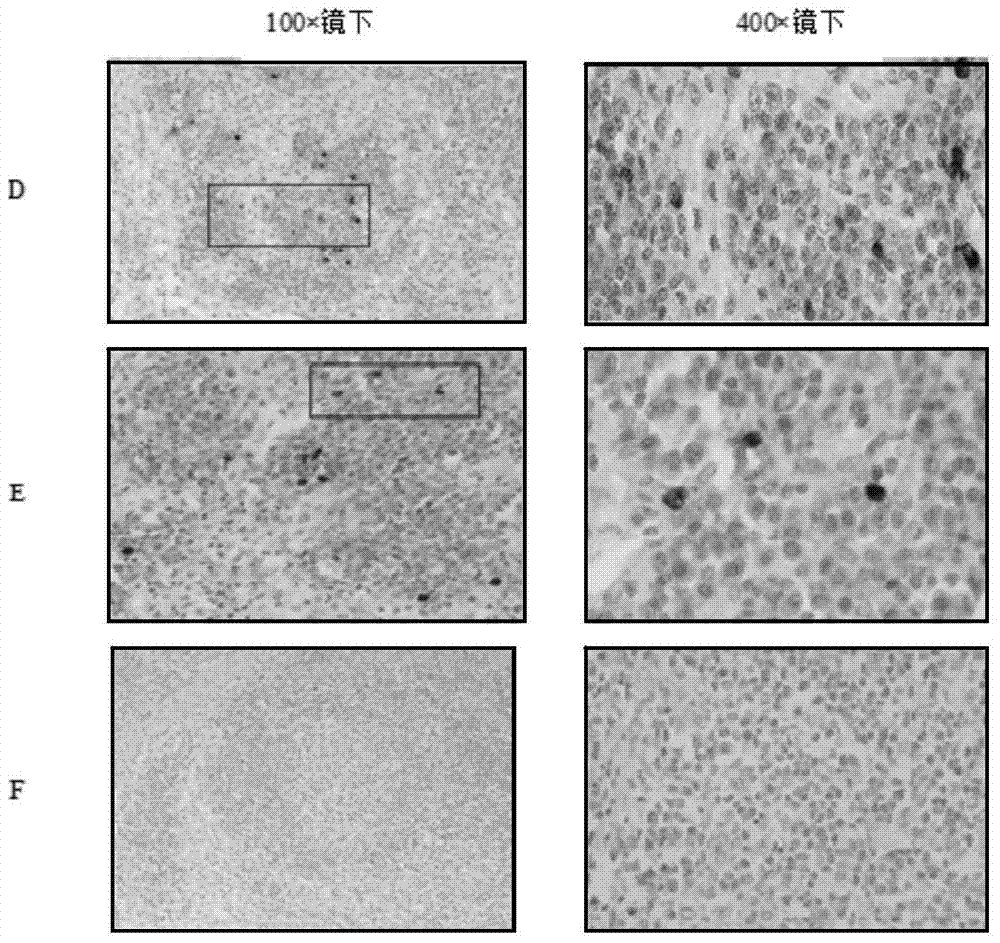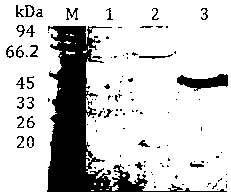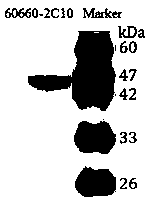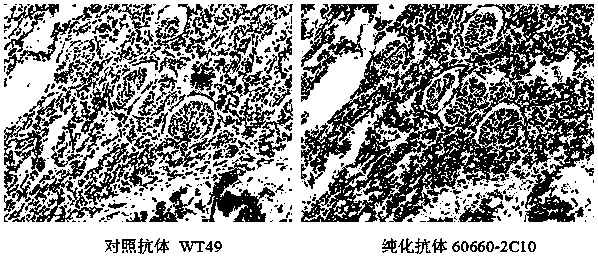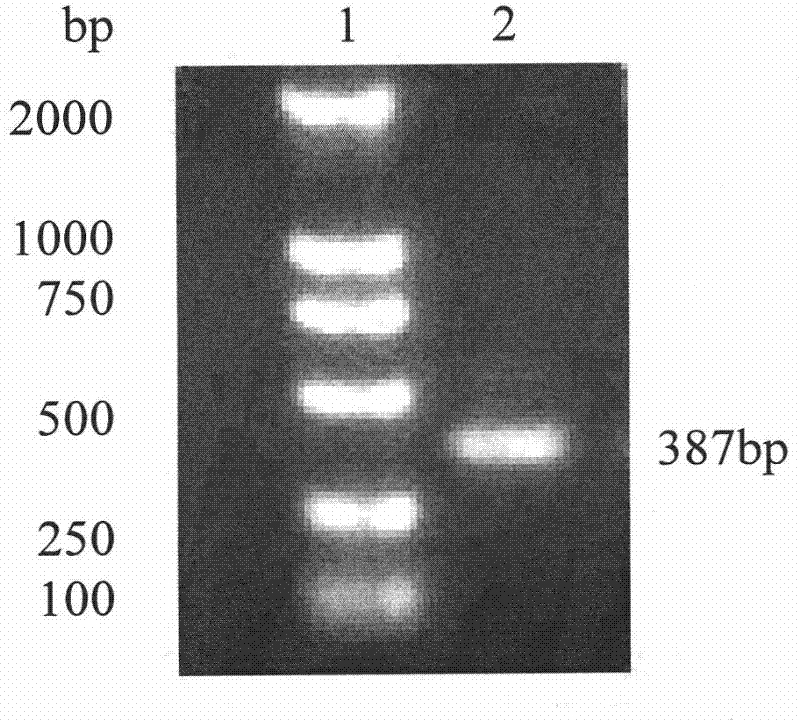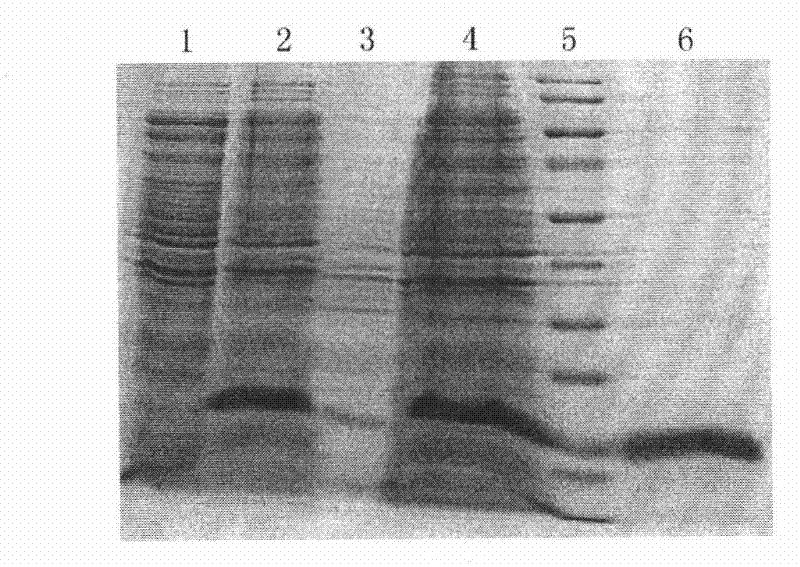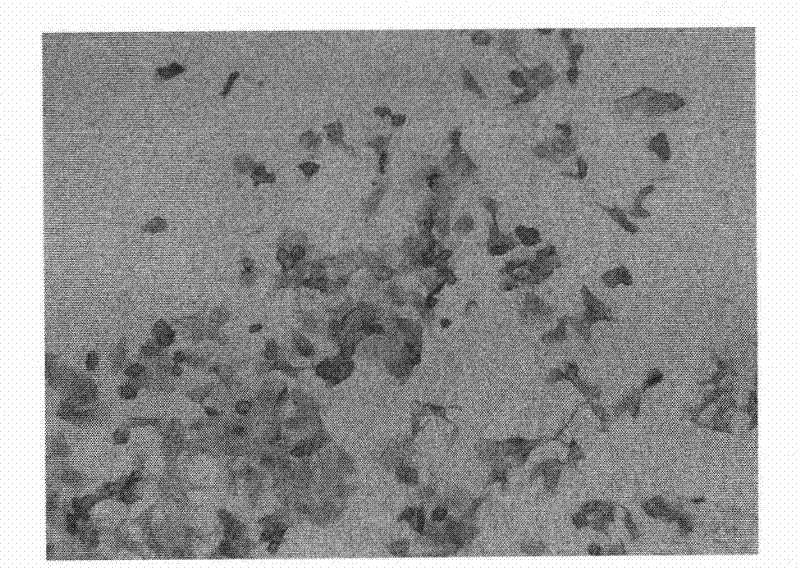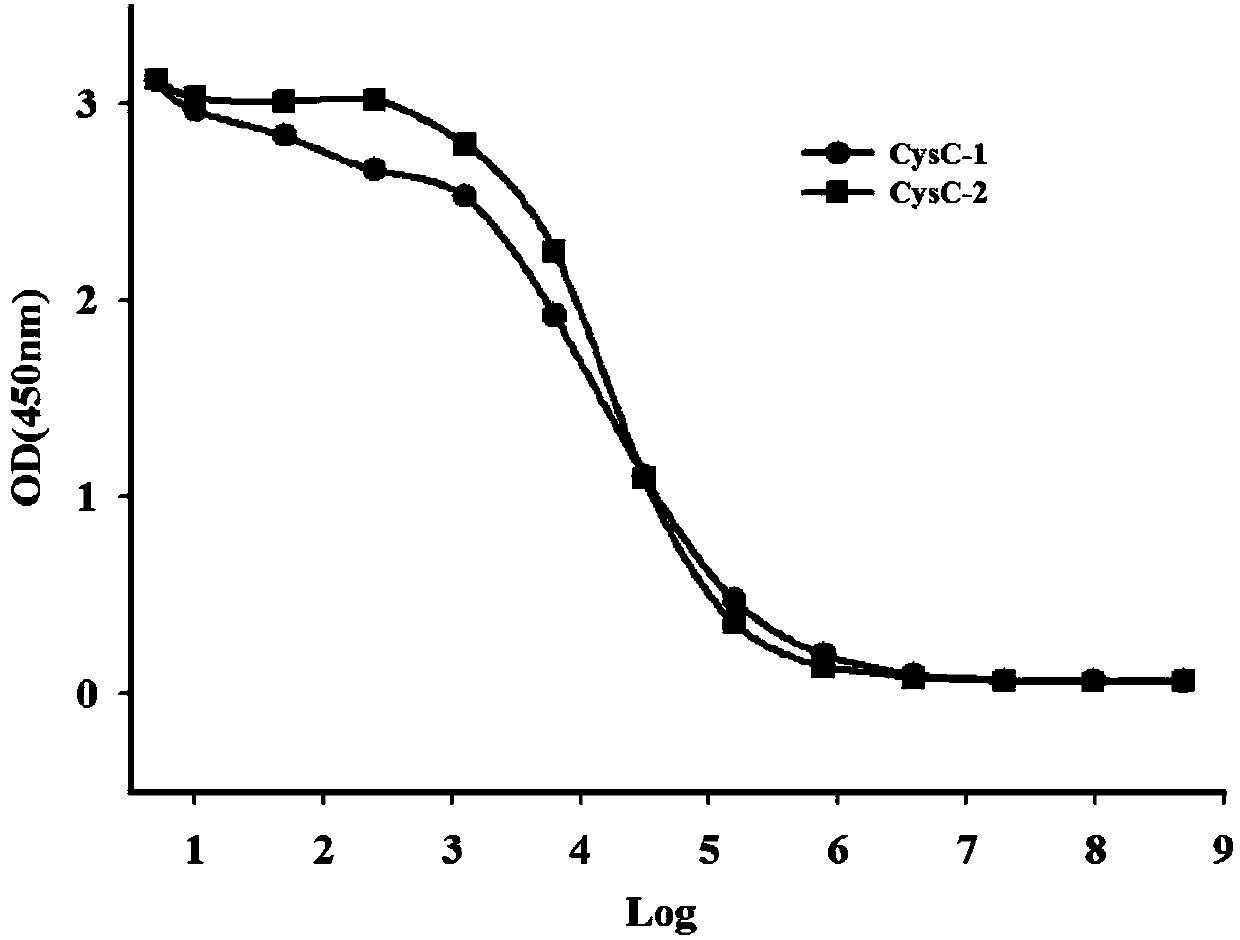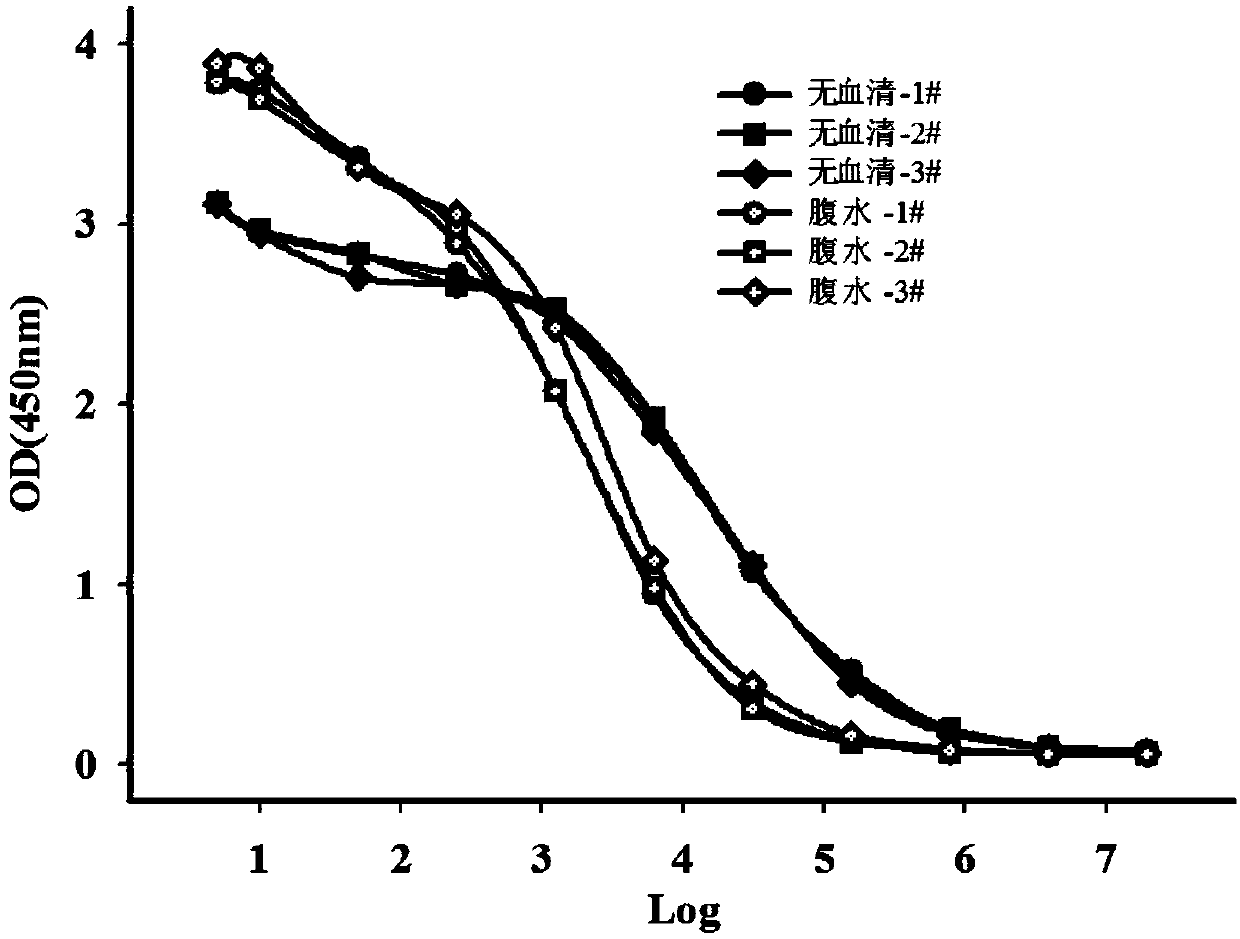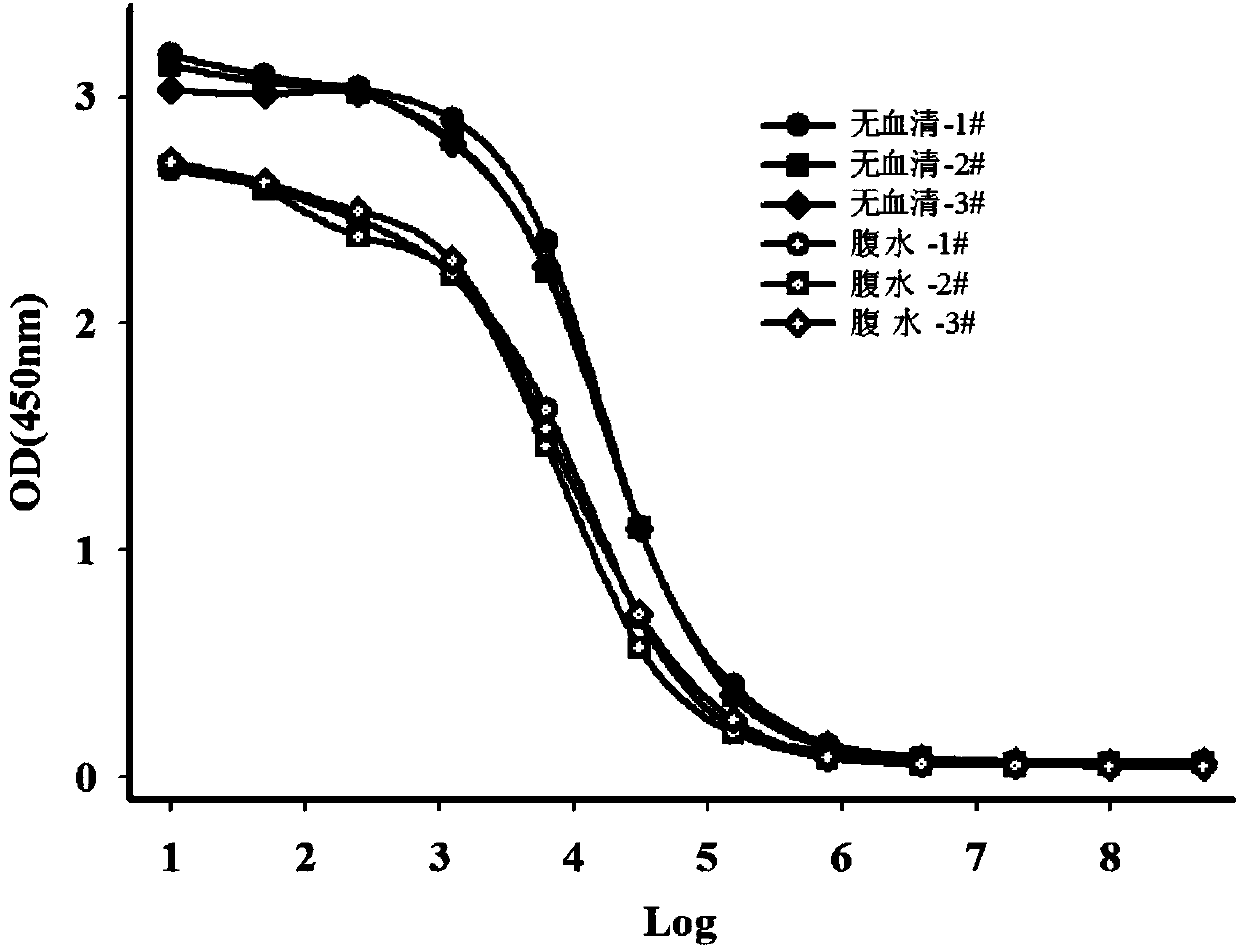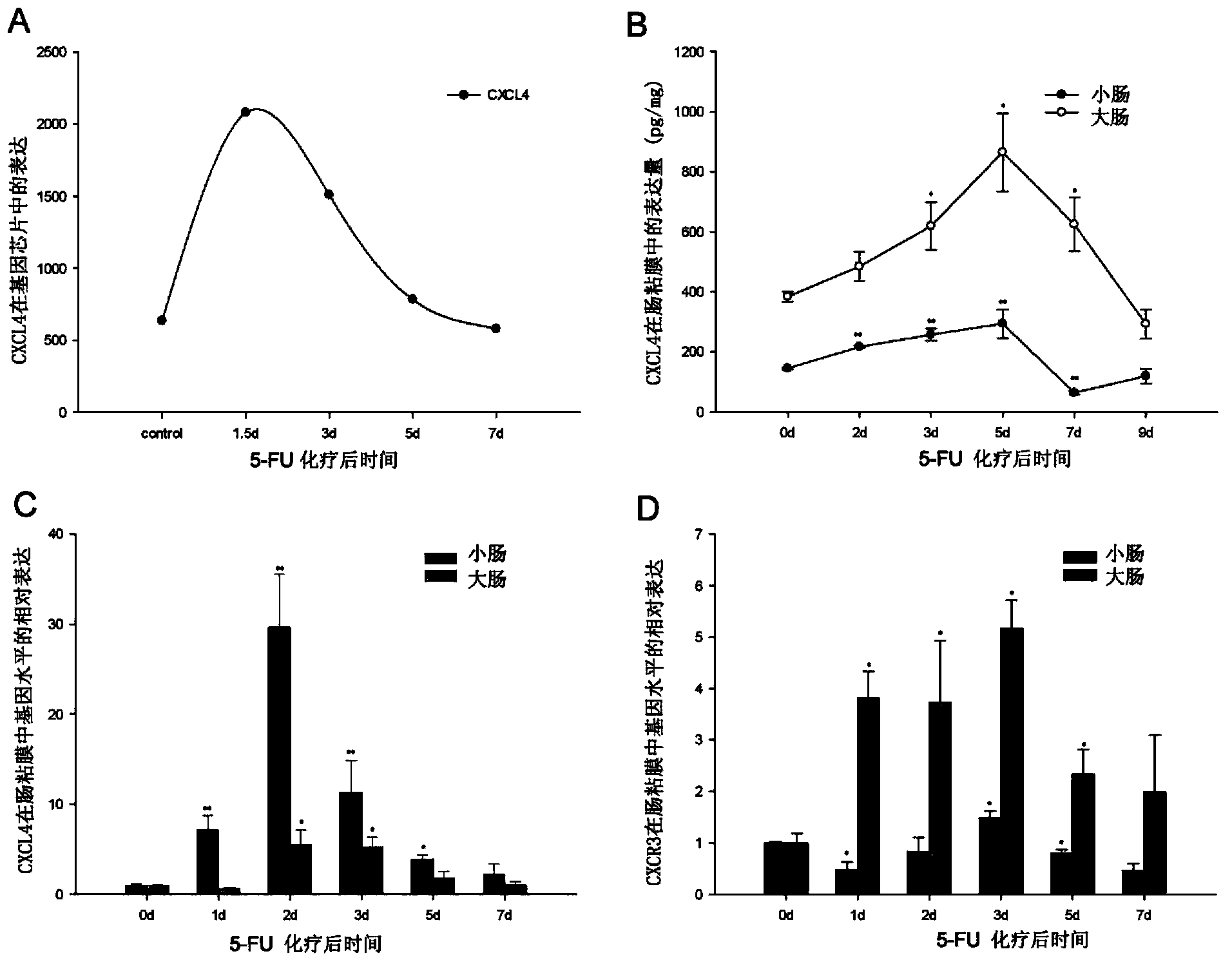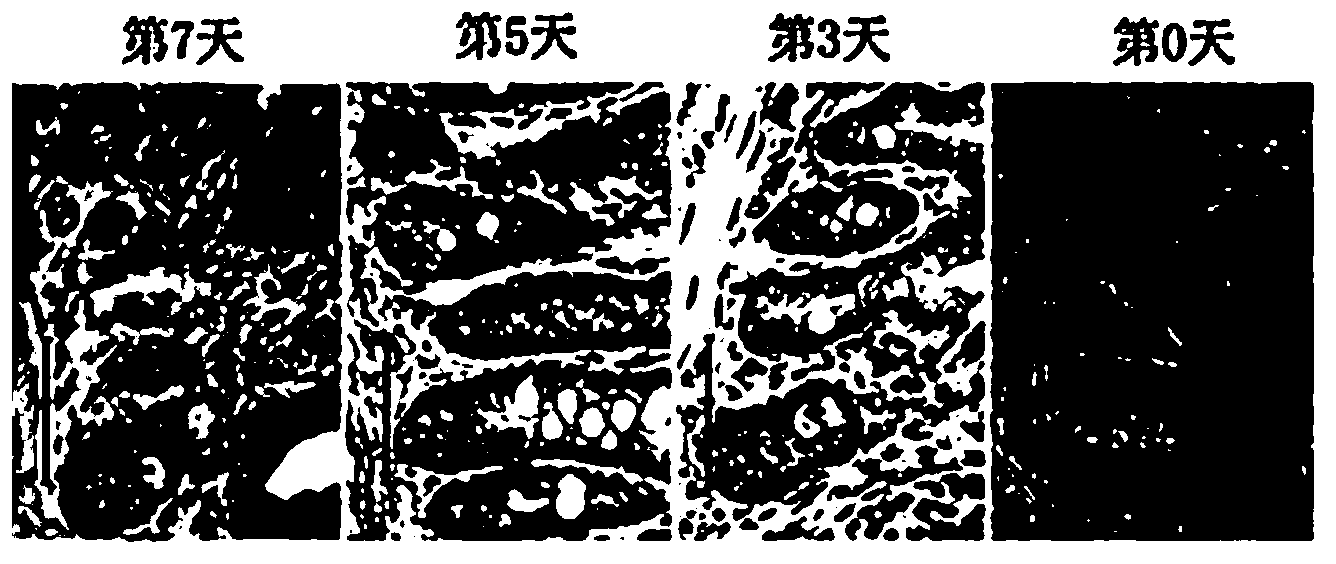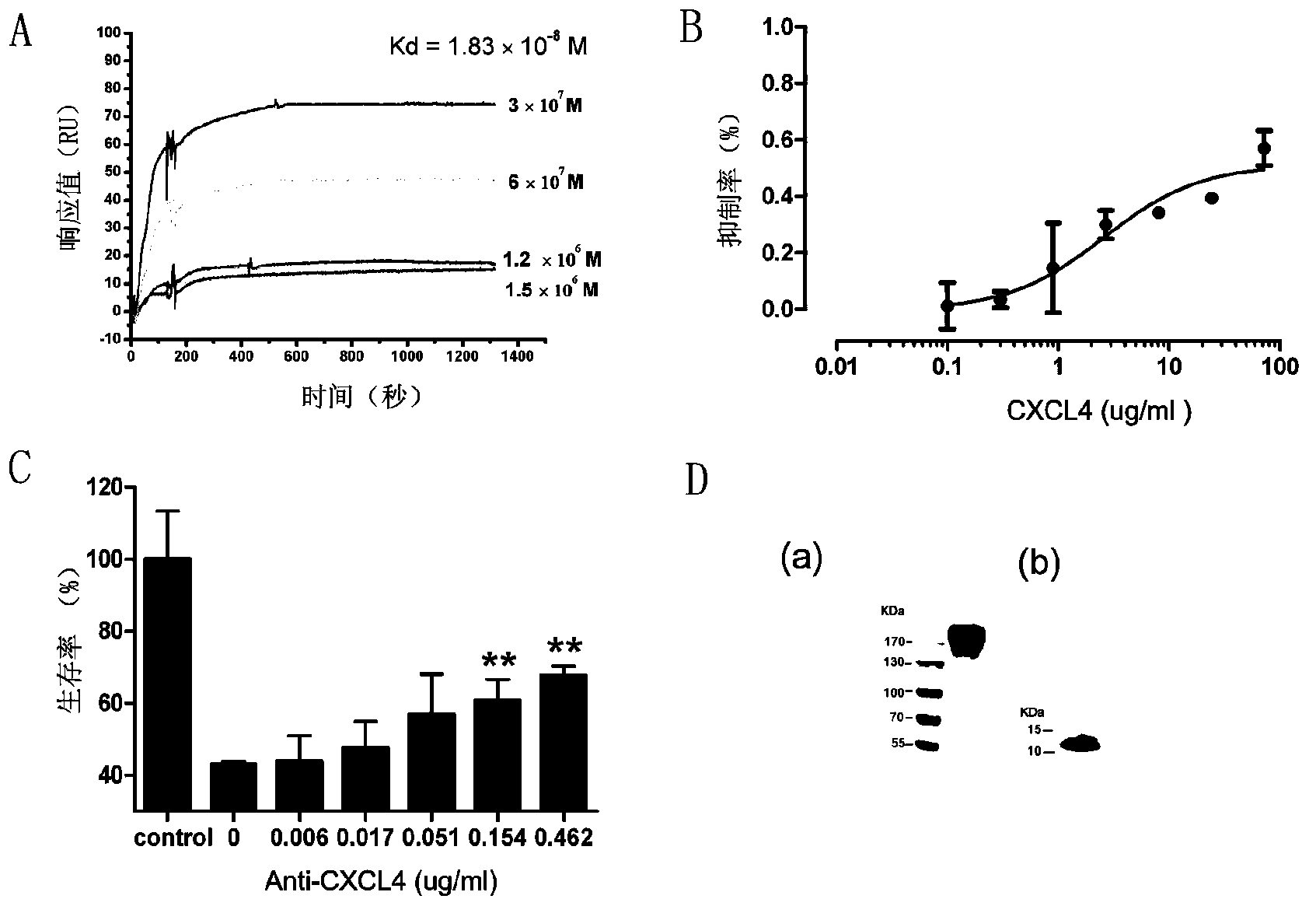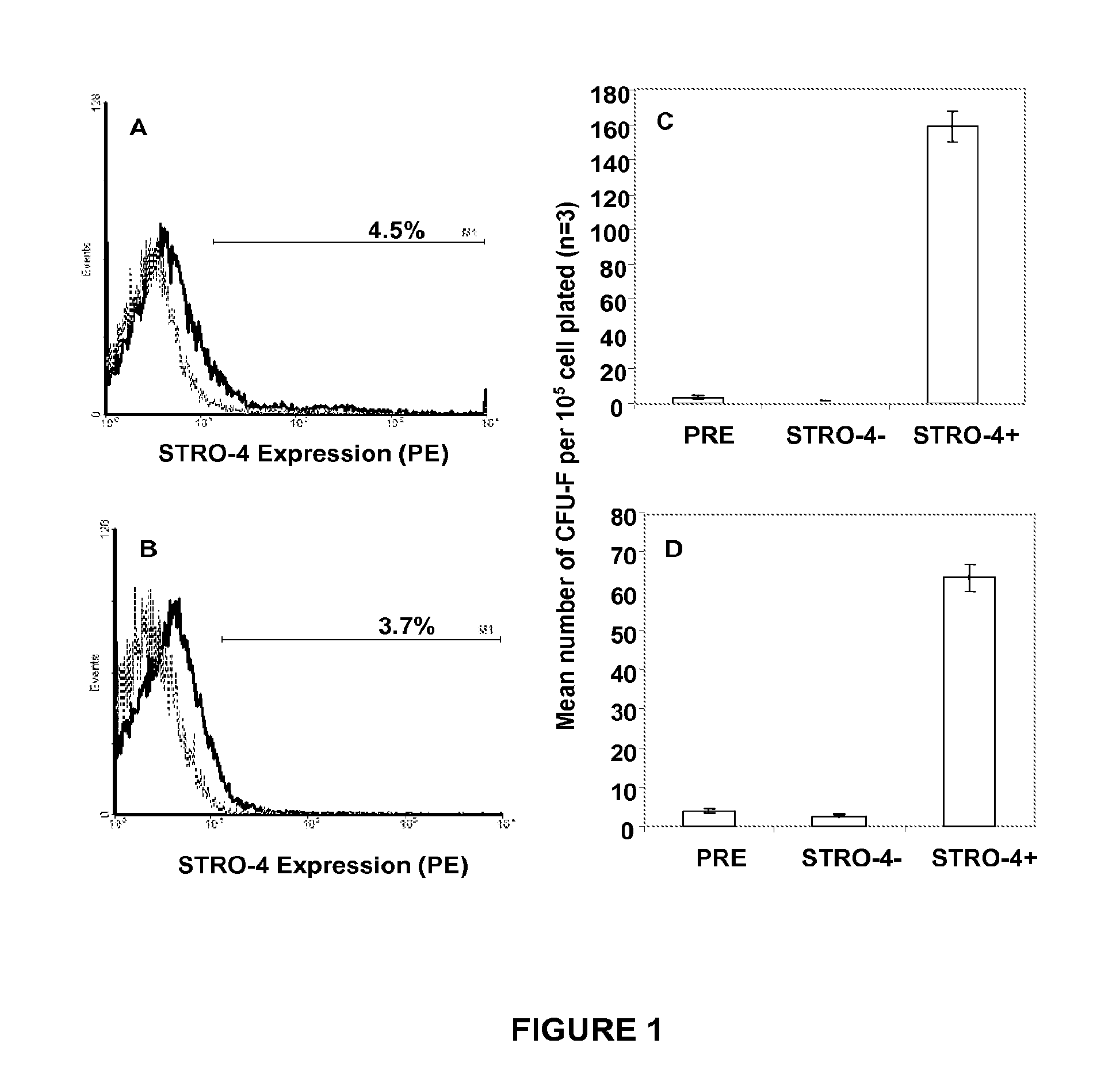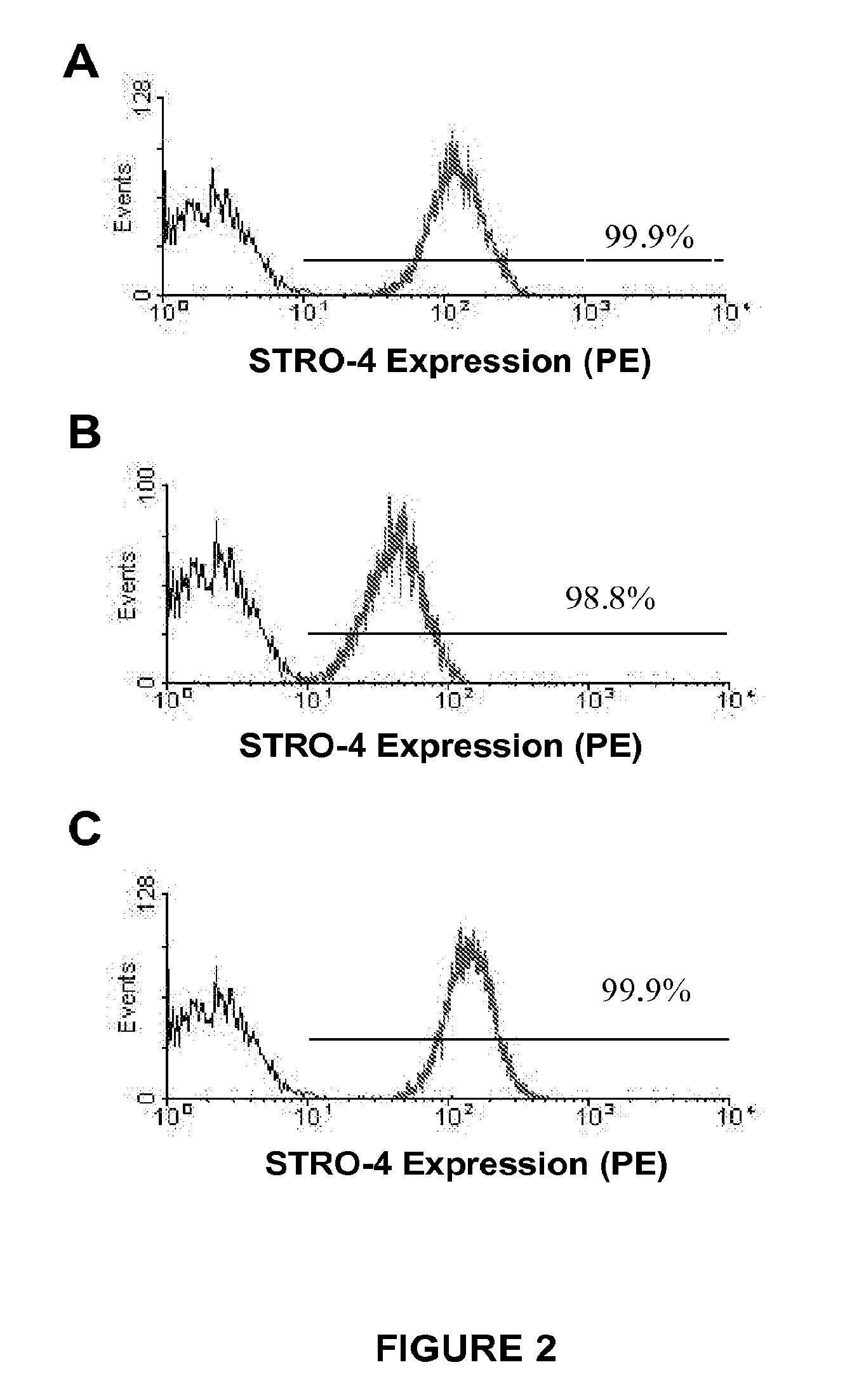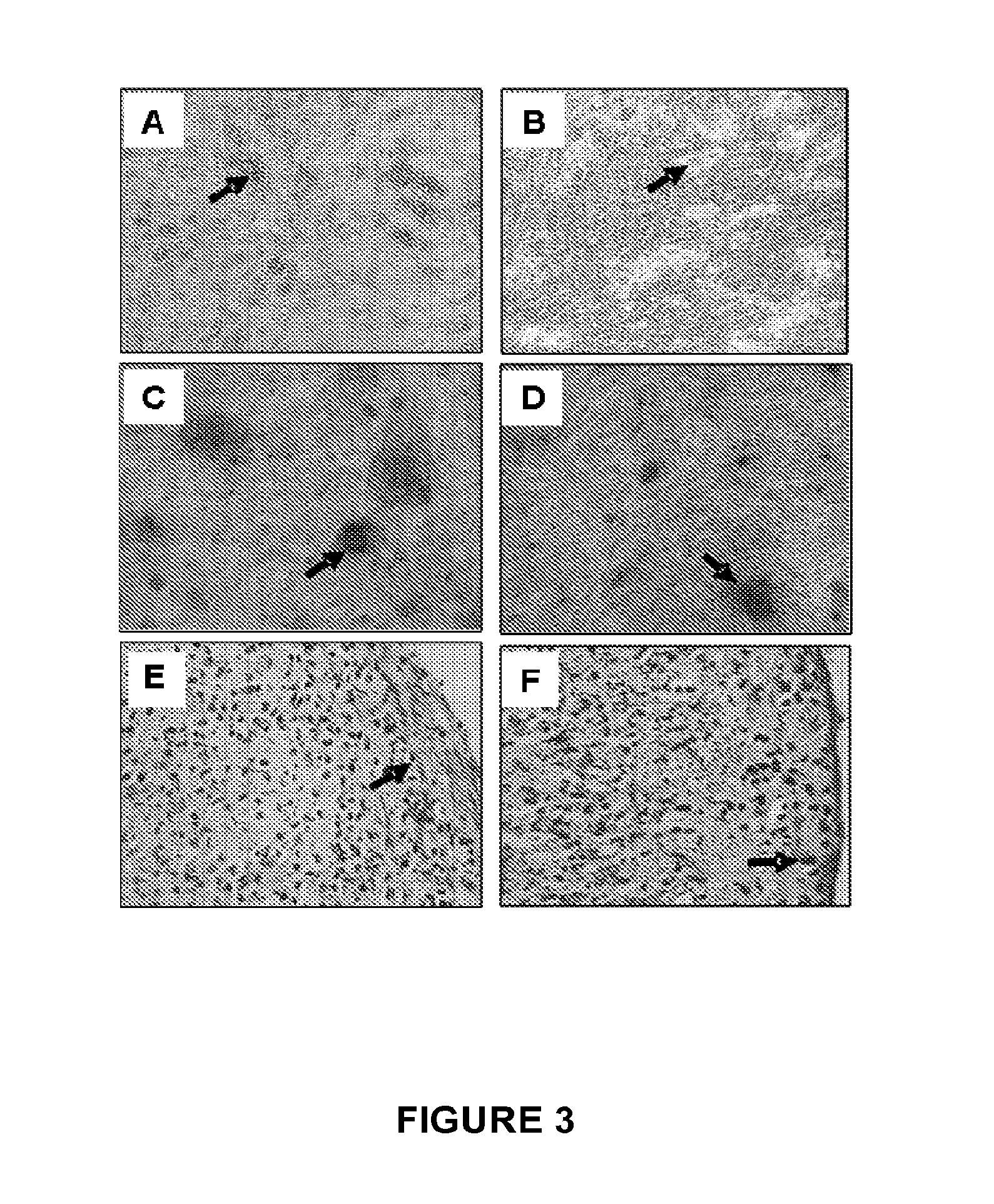Patents
Literature
Hiro is an intelligent assistant for R&D personnel, combined with Patent DNA, to facilitate innovative research.
35 results about "Monoclonal antibody 14G2A" patented technology
Efficacy Topic
Property
Owner
Technical Advancement
Application Domain
Technology Topic
Technology Field Word
Patent Country/Region
Patent Type
Patent Status
Application Year
Inventor
A murine monoclonal antibody directed against the ganglioside GD2 with potential antineoplastic activity. Monoclonal antibody 14G2A binds to the ganglioside GD2 and induces antibody-dependent cell mediated cytotoxicity and complement-dependent cytotoxicity against GD2-expressing tumor cells. GD2 is overexpressed in malignant melanoma, neuroblastoma, osteosarcoma, and small cell carcinoma of the lung. Check for http://www.cancer.gov/Search/ClinicalTrialsLink.aspx?id=41244&idtype=1 active clinical trials or http://www.cancer.gov/Search/ClinicalTrialsLink.aspx?id=41244&idtype=1&closed=1 closed clinical trials using this agent. (http://nciterms.nci.nih.gov:80/NCIBrowser/ConceptReport.jsp?dictionary=NCI_Thesaurus&code=C2368 NCI Thesaurus)
Monoclonal antibodies against prostate specific membrane antigen (PSMA) lacking in fucosyl residues
ActiveUS7875278B2Inhibit cell growthStrong cytotoxicityAnimal cellsAntibody ingredientsAntigenFucosylation
The invention pertains to anti-PSMA antibodies that lack fucosyl residues. The antibodies of the invention exhibit increased antibody-dependent cellular cytotoxicity (ADCC) activity as compared to the fucosylated form of the antibodies. The invention also provides host cells that express the anti-PSMA antibodies that lack fucosyl residues, wherein the host cells are deficient for a fucosyl transferase. Methods of using the antibodies to inhibit the growth of PSMA+ cells, such as tumor cells, are also provided.
Owner:ER SQUIBB & SONS INC +1
Isolated monoclonal antibodies that specifically bind to human Claudin 18.2
ActiveCN109762067AOrganic active ingredientsImmunoglobulins against cell receptors/antigens/surface-determinantsMonoclonal antibody 14G2AAntigen receptors
Owner:BEIJING MABWORKS BIOTECH
Humanized monoclonal antibody targeting to human CD19 antigen
ActiveCN107312091AEfficient killingNo side effectsImmunoglobulins against cell receptors/antigens/surface-determinantsMammal material medical ingredientsSingle-Chain AntibodiesTreatment effect
The invention discloses a humanized monoclonal antibody targeting to human CD19 antigen. The humanized monoclonal antibody is applied to construction and preparation of chimeric antigen receptor T cells; and subsequent in-vitro experiments verify the tumor treatment effect of the chimeric antigen receptor T cells. A chimeric antigen receptor targeting to the human CD19 antigen is composed of a leader peptide, a single-chain antibody targeting to the human CD19 antigen, a hinge area for connection with ScFv, a transmembrane domain and an immune receptor tyrosine activation motif; a lentiviral expression vector is constructed from the chimeric antigen receptor and then used for infection of immune cells, so the chimeric antigen receptor targeting to the human CD19 antigen can be expressed in the immune cells; and tumors expressing the CD19 antigen are killed by recognizing the CD19 antigen on the surfaces of tumor cells, so the purpose of tumor treatment is achieved. The invention provides a novel tool for targeting therapy of tumors.
Owner:CHONGQING PRECISION BIOTECH CO LTD
Monoclonal antibodies against cd30 lacking in fucosyl and xylosyl residues
InactiveUS20120276086A1Strong cytotoxicityArtificial cell constructsImmunoglobulins against cell receptors/antigens/surface-determinantsFucosylationMonoclonal antibody 14G2A
The invention pertains to anti-CD30 antibodies that lack fucosyl and xylosyl residues. The antibodies of the invention exhibit increased antibody-dependent cellular cytotoxicity (ADCC) activity, including the ability to lyse CD30-expressing cell lines that are not lysed by the fucosylated and xylosylated form of the antibodies. The invention also provides host cells that express the anti-CD30 antibodies that lack fucosyl and xylosyl residues, wherein the host cells are deficient for a fucosyltransferase and a xylosyltransferase. Methods of using the antibodies to inhibit the grown of CD30+ cells, such as tumor cells, are also provided.
Owner:BIOLEX THERAPEUTICS INC +2
Hybridoma cell line producing monoclonal antibody against foot-and-mouth disease virus, the monoclonal antibody therefrom, immunoassay reagent and kit, and immunoassay method
ActiveUS20110014639A1Useful for developmentImprove efficacyAnimal cellsMicrobiological testing/measurementMonoclonal antibody 14G2AStructural protein
Provided herein are a hybridoma cell line producing monoclonal antibody against foot-and-mouth disease virus (FMDV), the monoclonal antibody therefrom, reagent and kit for ELISA, and immunoassay method. The hybridoma cell line is produced by cell fusion of a parental cell and a myeloma cell line and has the same characteristics as the cell line whose strain designation is CmA40 and deposition number is ATCC (To be Provided). The parental cell is a splenocyte isolated from the spleen of a mouse immunized by an antigen derived from a 3ABC non-structural protein (NSP) of FMDV. The antigen used here is expressed by a prokaryotic cell. The monoclonal antibody produced by the hybridoma cell line can specifically recognize a 3ABC polypeptide and does not cross-react with an antiserum of swine vesicular disease virus.
Owner:NAT INST FOR ANIMAL HEALTH COUNCIL AGRI EXECUTIVE YUAN
Monoclonal antibodies for tumor treatment
InactiveCN101970499AOrganic active ingredientsImmunoglobulins against cell receptors/antigens/surface-determinantsTumor recurrenceMonoclonal antibody 14G2A
The present invention relates to methods for inhibiting tumor growth, increasing survival of a subject having a tumor and inducing protection against tumor recurrence in a mammal. The methods comprise administering a humanized monoclonal antibody comprising CDR regions derived from the murine monoclonal antibody designated mBAT-1, in combination with at least one chemotherapeutic agent.
Owner:CURETECH LTD
Monoclonal antibodies against gonadotropin-releasing hormone receptor
ActiveUS20120266264A1Alter reproductive functionUseful in treatmentMicroorganismsImmunoglobulins against cell receptors/antigens/surface-determinantsGonadotropin-releasing hormone receptorAntigonadotropin
Monoclonal antibodies against gonadotropin releasing hormone (GnRH) receptor induce cellular apoptosis of various cancer cells expressing this surface receptor. The monoclonal antibodies and their humanized forms, or fragments thereof, can serve as anti-cancer agents for the treatment of cancer in humans, and can function as analogs of GnRH to affect regulation of reproductive functions or fertility in humans.
Owner:VANCOUVER BIOTECH
Monoclonal antibody STRO-4
ActiveUS9090678B2Peptide/protein ingredientsMicrobiological testing/measurementMonoclonal antibody 14G2APrecursor cell
The present invention relates to a monoclonal antibody designated STRO-4 which specifically binds human and ovine HSP-90beta and its use for enriching multipotential cells such a mesenchymal precursor cells (MPCs).
Owner:MESOBLAST
Hybridoma cell and monoclonal antibody secreted by hybridoma cell, and applications
ActiveCN104357404AChromosomal stabilityHigh potencyImmunoglobulins against animals/humansTissue cultureAntigenProtein.monoclonal
The invention belongs to the technical field of medical bioengineering, and particularly relates to a hybridoma cell with the number of CCTCCNO:C2014167 and a monoclonal antibody LACZ4H3 secreted by the hybridoma cell and resisting prostate minute protein, and applications. The hybridoma cell and the monoclonal antibody secreted by the hybridoma cell can be prepared by taking prostate minute escape protein, separated from a patient body suffering from chronic prostatitis and prostate cancer, as an antigen. The hybridoma cell can stably generate the prostate-resisting minute protein monoclonal antibody, the cell chromosome is stable, the valence of the antibody is high, and the monoclonal antibody can be entirely applied into the research applied in the prostate minute protein. The monoclonal antibody resisting prostate minute protein can be applied into preparation of a reagent for detecting the prostate minute protein.
Owner:ONCO BIOMEDICAL TECH SUZHOU
Monoclonal antibody BTV16-2B4 resistant to bluetongue virus serum 16 type VP2 protein, B-cell epitope identified by monoclonal antibody BTV16-2B4, and applications of monoclonal antibody BTV16-2B4
InactiveCN103740649AVirus peptidesImmunoglobulins against virusesIbaraki virusMonoclonal antibody 14G2A
The invention discloses monoclonal antibody BTV16-2B4 resistant to bluetongue virus serum 16 type VP2 protein, B-cell epitope identified by the monoclonal antibody BTV16-2B4, and applications of the monoclonal antibody BTV16-2B4, and belongs to the field of bluetongue prevention. The invention also relates to a hybridoma cell strain which is capable of secreting the monoclonal antibody BTV16-2B4, and monoclonal antibody secreted by the hybridoma cell strain. It is shown by indirect immunofluorescence assay that the specific reaction is observed between the monoclonal antibody and BTV16, and no cross reaction is observed between the monoclonal antibody and other serum types of bluetongue virus, Ibaraki virus or Chuzan disease virus. Further, BTV16-VP2 protein B-cell epitope polypeptide which can be identified by the monoclonal antibody is determined via cutting expression antigen short peptide and peptide scanning technology. The monoclonal antibody, and the BTV16-VP2 protein B-cell epitope polypeptide identified by the monoclonal antibody can be used for preparation of BTV16 specific differential diagnosis reagents, and foundation is provided for development of BTV epitope labeled vaccines.
Owner:HARBIN VETERINARY RES INST CHINESE ACADEMY OF AGRI SCI
Monoclonal antibody stro-4
ActiveUS20110189696A1Microbiological testing/measurementBiological material analysisMonoclonal antibody 14G2APrecursor cell
The present invention relates to a monoclonal antibody designated STRO-4 which specifically binds human and ovine HSP-90beta and its use for enriching multipotential cells such a mesenchymal precursor cells (MPCs).
Owner:MESOBLAST
Fragment of secreted heat shock protein-90alpha (Hsp90alpha) as vaccines or epitope for monoclonal antibody drugs or target for small molecule drugs against a range of solid human tumors
InactiveCN103429254AIndicates to reduce or suppressOrganic active ingredientsCompound screeningEpitopeHuman tumor
The invention provides methods for treating HIF-1a-overexpressing human tumors, inhibiting HIF-1a-overexpressing tumor invasion and preventing tumor metastasis, and / or promoting tumor prophylaxis, using various types of inhibitors against the Hsp90a from the tumors.
Owner:UNIV OF SOUTHERN CALIFORNIA
Hybridoma cell strain, secreted monoclonal antibody and application thereof
ActiveCN106520702AMonoclonal antibody titers are highHigh potencyImmunoglobulins against cytokines/lymphokines/interferonsBiological material analysisEpitopeImmunofluorescence
The invention provides a hybridoma cell strain 2D5 capable of secreting an anti-cattle-interferon inducing protein-10(IP-10) monoclonal antibody and a secreted monoclonal antibody MAb 2D5. The monoclonal antibody MAb 2D5 has the advantages of high titer, excellent specificity and strong affinity with natural cattle IP-10 antigen. A blocking ELISA detection kit, a Western-Blot detection kit, an indirect immunofluorescence (IFA) detection kit and a flow cytometry (FCM) detection kit which are established on the basis of the monoclonal antibody MAb 2D5 have higher sensitivity and specificity and can be applied to the detection for recombination expression cattle IP-10, the detection for in vitro tissues and the non-diagnosis purpose research, such as epitope identification.
Owner:YANGZHOU UNIV
Method for screening and identifying tumor/testis antigens based on monoclonal antibodies with spermatogenic cell specificities
InactiveCN102507937ASolve difficult-to-screen problemsComponent separationAntigenMonoclonal antibody 14G2A
The invention discloses a method for screening and identifying tumor / testis antigens based on monoclonal antibodies with spermatogenic cell specificities. Spermatogenic cells of human bodies are used as immune antigens, monoclonal antibodies are prepared by the aid of the lymphocyte hybridoma technology, the monoclonal antibodies with spermatogenic cell specificities are screened by the aid of immunohistochemistry, and then the expression distribution law of antigens identified on the screened monoclonal antibodies on tumor tissues and other normal tissues is researched on a protein level. The monoclonal antibodies are selected for the expression law of the tumor / testis antigens by the aid of immunohistochemical staining on the basis to be used as candidate antibodies for identifying the tumor / testis antigens, and new tumor / testis antigen molecules recognized by the monoclonal antibodies can be identified by the aid of proteomics technologies such as immunoprecipitation-mass spectrum analysis and the like.
Owner:FOURTH MILITARY MEDICAL UNIVERSITY
Monoclonal antibody against extracellular domain of goose CD3 epsilon chain and application of monoclonal antibody in detection of goose CD3<+> T lymphocytes
ActiveCN104231071AStable secretionImmunoglobulin superfamilyImmunoglobulins against cell receptors/antigens/surface-determinantsBALB/cEscherichia coli
The invention discloses a monoclonal antibody against an extracellular domain of a goose CD3 epsilon chain and an application of the monoclonal antibody in detection of goose CD3<+> T lymphocytes. Amplification is performed by adopting goose thymus cDNA as a template to obtain a goose CD3 epsilon gene, according to the characteristics of a GoCD3 epsilon extracellular domain gene, a pair of specific primers are designed, amplification is performed to obtain the goose CD3 epsilon extracellular domain gene (CD3 epsilon ex) and the CD3 epsilon ex is expressed by virtue of escherichia coli; the recombinant plasmid containing the CD3 epsilon ex is adopted as an immunogen to immunize BALB / c mice, and the recombinant protein rGoCD3 epsilon is used for booster immunization to obtain a hybridoma cell strain (3C11) capable of stably secreting the monoclonal antibody against the extracellular domain of the goose CD3 epsilon chain. The monoclonal antibody can react with the purified recombinant protein rGoCD3 epsilon and can have a specific reaction with separated goose peripheral blood lymphocytes. Therefore, a novel and effective technical means is provided for detecting the goose CD3<+> T lymphocytes.
Owner:NORTHEAST AGRICULTURAL UNIVERSITY
Hybridoma cell strain 2C1 capable of secreting CAV-2 monoclonal antibodies, monoclonal antibodies secreted by cell strain and application
The invention discloses a hybridoma cell strain 2C1 capable of secreting CAV-2 monoclonal antibodies, the monoclonal antibodies secreted by the cell strain and application. The preservation number of the hybridoma cell strain 2C1 is CGMCC No. 10878. An indirect immunofluorescence result shows that the monoclonal antibodies secreted by the hybridoma cell strain 2C1 can specifically recognize CAV-2 viruses and do not react with MDCK (madin-darby canine kidney) cells. A result of a superposition experiment of the hybridoma cell strain 2C1 and two monoclonal antibodies secreted by another hybridoma cell strain shows that the two monoclonal antibodies are used for different antigenic epitopes of the CAV-2 viruses. The monoclonal antibody prepared by the invention can react with CAV-2 well and can be used for identifying a clinic isolated strain. The 2C1 monoclonal antibody and the 7D7 monoclonal antibody which are prepared by the invention are used for recognizing two different antigen determinants of the CAV-2, so that the monoclonal antibodies can be used for detecting preparation of CAV-2 pathogenic colloidal gold and establishment of a sandwiched ELISA (enzyme-linked immuno sorbent assay) method.
Owner:HARBIN VETERINARY RES INST CHINESE ACADEMY OF AGRI SCI
Monoclonal antibodies resistant to PLAG (platelet-aggregation-stimulating) domain of human PDPN (Podoplanin) and application of monoclonal antibodies
ActiveCN105754953ABinding blockGrowth inhibitionImmunoglobulins against animals/humansAntibody ingredientsMonoclonal antibody 14G2ABlood plasma
The invention discloses monoclonal antibodies resistant to a PLAG (platelet-aggregation-stimulating) domain of human PDPN (Podoplanin) and an application of the monoclonal antibodies. The monoclonal antibodies are secreted by hybridoma cell lines with preservation numbers of CCTCC NO: C201613 and CCTCC NO: C2015185 respectively, are named as SZ-163 and SZ-168 and are both IgG1 subclass antibodies; the monoclonal antibodies are specifically bound with reductive PDPN, are bound with an NCI-H226 cell Lysis solution to generate a binding zone when the molecular weight is 36 kDa, and are bound with a recombinant human PDPN-Fc to generate a binding zone when the molecular weight is 67 kDa. One anti-PDPN monoclonal antibody can block platelet activating aggregation induced through binding of tumor cells and platelets, and the other anti-PDPN monoclonal antibody can be bound with the first functional inhibiting antibody at different epitopes of PDPN. The antibodies can be used for preparing an anti-tumor-metastasis drug or establishing a double-antibody sandwich method for measuring the content of soluble PDPN in human plasma.
Owner:THE FIRST AFFILIATED HOSPITAL OF SOOCHOW UNIV
Hybridoma cell strain capable of secreting monoclonal antibodies to quinolones and application of monoclonal antibodies thereof
Owner:ZHEJIANG UNIV
Homer1 Monoclonal antibody and application thereof
ActiveCN107916254AStrong specificityHigh potencyImmunoglobulins against animals/humansBiological material analysisMonoclonal antibody 14G2AMonoclonal antibody preparation
The invention discloses Homer1 monoclonal antibodies and application thereof. Two hybridoma cell strains capable of stably secreting monoclonal antibodies Homer1 1B1 and Homer1 1B3 capable of specifically recognizing Homer1 protein are provided herein; collection numbers of the two hybridoma cell strains include CCTCC NO: C2017191 and CCTCC NO: C2017190. An immunoassay tool for detecting Homer1 protein, an immunohistochemical kit containing Homer1 1B1 and Homer1 1B3 and a kit for preparing diagnosing Homer1 protein-related tumors are prepared with the monoclonal antibodies provided herein. Themonoclonal antibodies Homer1 1B1 and Homer1 1B3 may specifically combine with Homer1 protein and exhibit no cross reaction with other proteins in cells, and Homer1 protein immunoassay specificity andsensitivity are significantly improved.
Owner:WUHAN UNIV
Hybridoma cell line secreting anti-potato virus M monoclonal antibody and application of monoclonal antibody
ActiveCN110257341ASensitive detectionAccurate detectionMicroorganism based processesImmunoglobulins against virusesPotato leaf roll virusBALB/c
The invention discloses a hybridoma cell line secreting an anti-potato virus M monoclonal antibody and an application of the monoclonal antibody. BALB / c mice are immunized with purified PVM virus particles as antigens, and the hybridoma cell line 1E1 secreting the anti-PVM monoclonal antibody is obtained through cell fusion, screening and cloning and has the preservation number of CGMCC No.17284. The ascites indirect ELISA titer of the monoclonal antibody secreted by the cell line is 10<-7>. The antibody type and subclass are IgG1 and a kappa light chain. The monoclonal antibody has specific immune reaction to the PVM, but does not have reaction with potato virus S, potato virus A, potato virus X, potato virus Y and potato leaf roll virus. The ACP-ELISA, dot-ELISA and Tissueprint-ELISA detection methods for detecting the PVM in potato plants are established by using the 1E1 monoclonal antibody, wherein the sensitivities of the ACP-ELISA and dot-ELISA methods for detecting diseased leaves is 1:163840 and 1:10240 times dilution (w / v, g / mL) respectively.
Owner:ZHEJIANG UNIV
Hybridoma cell line producing monoclonal antibody against foot-and-mouth disease virus, the monoclonal antibody therefrom, immunoassay reagent and kit, and immunoassay method
ActiveUS8232048B2Improve efficacyImprove securityAnimal cellsMicrobiological testing/measurementMonoclonal antibody 14G2AStructural protein
Provided herein are a hybridoma cell line producing monoclonal antibody against foot-and-mouth disease virus (FMDV), the monoclonal antibody therefrom, reagent and kit for ELISA, and immunoassay method. The hybridoma cell line CmA40 as deposited under American Type Culture Collection patent deposit number PTA-11304 is produced by cell fusion of a parental cell and a myeloma cell line. The parental cell is a splenocyte isolated from the spleen of a mouse immunized by an antigen derived from a 3ABC non-structural protein (NSP) of FMDV. The antigen used here is expressed by a prokaryotic cell. The monoclonal antibody produced by the hybridoma cell line CmA40 as deposited under American Type Culture Collection patent deposit number PTA-11304 can specifically recognize a 3ABC polypeptide and does not cross-react with an antiserum of swine vesicular disease virus.
Owner:VETERINARY RES INST MINISTRY OF AGRI
Antihuman CD52 monoclonal antibody hybridoma cell line, monoclonal antibody, engineered antibody, carrier, reagent kit and application thereof
ActiveCN101619305BLow immunogenicityImprove playbackGenetic material ingredientsImmunoglobulins against cell receptors/antigens/surface-determinantsDiseaseAutoimmune disease
The invention discloses an antihuman CD52 monoclonal antibody hybridoma cell line, a monoclonal antibody, an engineered antibody, a carrier, a reagent kit and application thereof, capable of specifically combining human CD52 antigen inside and outside a human body and purposefully removing normal immunological cells and killing alive leukemia cells through the single or coordinative role of various mechanisms. The invention relates to an antihuman CD52 monoclonal antibody HI186 heavy chain and light chain variable region gene, a polypeptide coded by the gene, a carrier containing the gene, and application of the gene and the polypeptide in preparing medicaments for diagnosing and treating leukemia or autoimmune diseases. The heavy chain and light chain variable region gene is from an antihuman CD52 monoclonal antibody. The invention successfully prepares a human single-chain antihuman CD52 gene engineering antibody by adopting a gene engineering technology and provides a novel effective medicament for diagnosing and treating the leukemia diseases and diseases of immune systems.
Owner:UNION STEMCELL & GENE ENG
Hybridoma cell line for secreting monoclonal antibody against chromogranin A and application of hybridoma cell line
ActiveCN107090439AStrong characteristicIncreased sensitivityMicroorganism based processesImmunoglobulins against cell receptors/antigens/surface-determinantsEscherichia coliChromogranin A
The invention provides a hybridoma cell line for secreting a monoclonal antibody against chromogranin A and application of the hybridoma cell line and also provides an application method of secreted monoclonal antibody capable of specifically recognizing human chromogranin A for immunological diagnosis on multiple kinds of tumors. CgA protein is a soluble acidic protein with highest content in human adrenal medulla, has the molecular weight being 48kD and extensively exists in neurons as well as neuroendocrine cells and tumor cells thereof. CgA protein expression is related to neuroendocrine tumors, and is used for marking the neuroendocrine tumors, thus being used for diagnosing the neuroendocrine tumors. An antigen for preparing the antibody is a recombinant protein which is expressed by escherichia coli and has immunogenicity activity, and the finally obtained antibody belongs to an IgG2b subtype. Discovered by immunohistochemistry assay on multiple kinds of tumor tissues, the antibody can well identify tumor occurrence and can be used for immunological diagnosis of the tumors.
Owner:FUZHOU MAIXIN BIOTECH CO LTD
Monoclonal antibodies targeting killer immunoglobulin-like receptor (KIR) family signaling
ActiveUS20180002420A1Enhance NK mediated killingIncreased susceptibilityImmunoglobulins against cell receptors/antigens/surface-determinantsAntibody ingredientsMonoclonal antibody 14G2AToll-like receptor
Monoclonal antibodies derived from the native human repertoire that bind the extracellular portion of Killer IgG Receptor (KIR) and pharmaceutical and veterinary compositions thereof are useful in treating cancer in human and other subjects.
Owner:TRELLIS BIOSCIENCE LLC
Hybridoma cell, pcv2 monoclonal antibody and application thereof
InactiveCN104498439BImprove detection accuracyHigh detection sensitivityBioreactor/fermenter combinationsBiological substance pretreatmentsVirus-like particleMonoclonal antibody 14G2A
Owner:HUNAN AGRICULTURAL UNIV
A monoclonal antibody secreting anti-wt1 protein and its application
ActiveCN105254760BStrong characteristicIncreased sensitivityImmunoglobulins against cell receptors/antigens/surface-determinantsBiological testingStainingWestern blot
The invention relates to a monoclonal antibody secreting anti-WT1 protein and its application. WT1 protein is a cell line 60660‑2C10 that can secrete IgG1 subtype monoclonal antibody through the preparation of recombinant soluble protein after analysis of WT1 protein in the present invention of Wilms, and through animal immunization and screening, its affinity constant is 3.84× 109. Western blotting experiments showed that the antibody could specifically recognize recombinant WT1 protein and Wilms tumor tissue expressing WT1 protein. The antibody can be used to detect the expression level of WT1 protein in cells by immunohistochemical staining (IHC), enzyme-linked immunosorbent assay (ELISA) or western blot (Western Blot) manually or automatically, and can be used in Wilms cells Immunological diagnosis and grading of tumors, ovarian and breast cancers.
Owner:FUZHOU MAIXIN BIOTECH CO LTD
Antihuman Her2 monoclonal antibody hybridoma cell lines, monoclonal antibody, reagent kit and uses thereof
ActiveCN101463344BHigh sensitivityImmunoglobulins against cell receptors/antigens/surface-determinantsTissue cultureMonoclonal antibody 14G2AHER2 Monoclonal Antibody
The invention discloses an antihuman Her2 monoclonal antibody hybridoma cell line, monoclonal antibody, a kit and the usage. The invention can be combined with human Her2 antigen in specificity in vitro and vivo, so as to indentify the normal or the tumour cells of the human beings according to the Her2 with different levels of expression. The preservation number of the cell line is CGMCC NO.2748, and the monoclonal antibody is secreted by hybrid tumor with the preservation number of CGMCC NO.2748. The antibody is murine monoclonal antibody and belongs to IgM / x subtype. The invention adopts classic hybrid tumor preparation technology to successfully prepare the antihuman Her2 monoclonal antibody, so as to provide an effective detecting way for diagnosticating and guiding to treat tumour, especially breast cancer.
Owner:UNION STEMCELL & GENE ENG
Hybridoma cells capable of secreting mouse anti cystatin C monoclonal antibodies, secreted monoclonal antibodies and use of monoclonal antibodies
ActiveCN107828739AHigh sensitivityStrong specificityMicroorganism based processesDisease diagnosisSerum igeSerum free
The invention relates to two strains of hybridoma cells capable of secreting mouse anti CysC monoclonal antibodies; the two strains of hybridoma cells of the mouse anti CysC monoclonal antibodies arecultured by an in vitro serum-free culture method, and the monoclonal antibodies are prepared. The invention also relates to a use of the monoclonal antibodies for kits for detection of CysC in humanserum, plasma or whole blood. The monoclonal antibodies have the advantages of high sensitivity, strong specificity, good stability and high purity.
Owner:SICHUAN ANKERUI NEW MATERIAL CO LTD
Chemokine-4 resisting monoclonal antibody, chemokine-4 resisting hybridoma cell line and applications of monoclonal antibody
ActiveCN103173419BPostpone timeImprove toleranceDigestive systemImmunoglobulins against cytokines/lymphokines/interferonsSpleen cellSide effect
The invention relates to a chemokine-4 resisting monoclonal antibody, a chemokine-4 resisting hybridoma cell line and applications of the chemokine-4 resisting monoclonal antibody, belongs to the field of biotechnology, aims to immunize a rat by using the recombinant human CXCL4 protein, fuse the spleen cell with the myeloma cell, and screen the formed hybridoma cell and further aims to provide the application of the chemokine-4 resisting monoclonal antibody to the resistance of intestinal mucosa injury caused by chemotherapy. The monoclonal antibody provided by the invention can resist the human chemokine 4 and the rat chemokine 4 and has the effect of preventing and treating the toxic and side effects of tumor chemotherapy.
Owner:上海欣生源药业有限公司
Monoclonal antibody stro-4
Owner:MESOBLAST
Features
- R&D
- Intellectual Property
- Life Sciences
- Materials
- Tech Scout
Why Patsnap Eureka
- Unparalleled Data Quality
- Higher Quality Content
- 60% Fewer Hallucinations
Social media
Patsnap Eureka Blog
Learn More Browse by: Latest US Patents, China's latest patents, Technical Efficacy Thesaurus, Application Domain, Technology Topic, Popular Technical Reports.
© 2025 PatSnap. All rights reserved.Legal|Privacy policy|Modern Slavery Act Transparency Statement|Sitemap|About US| Contact US: help@patsnap.com
